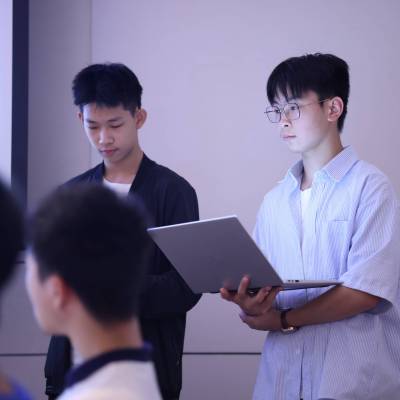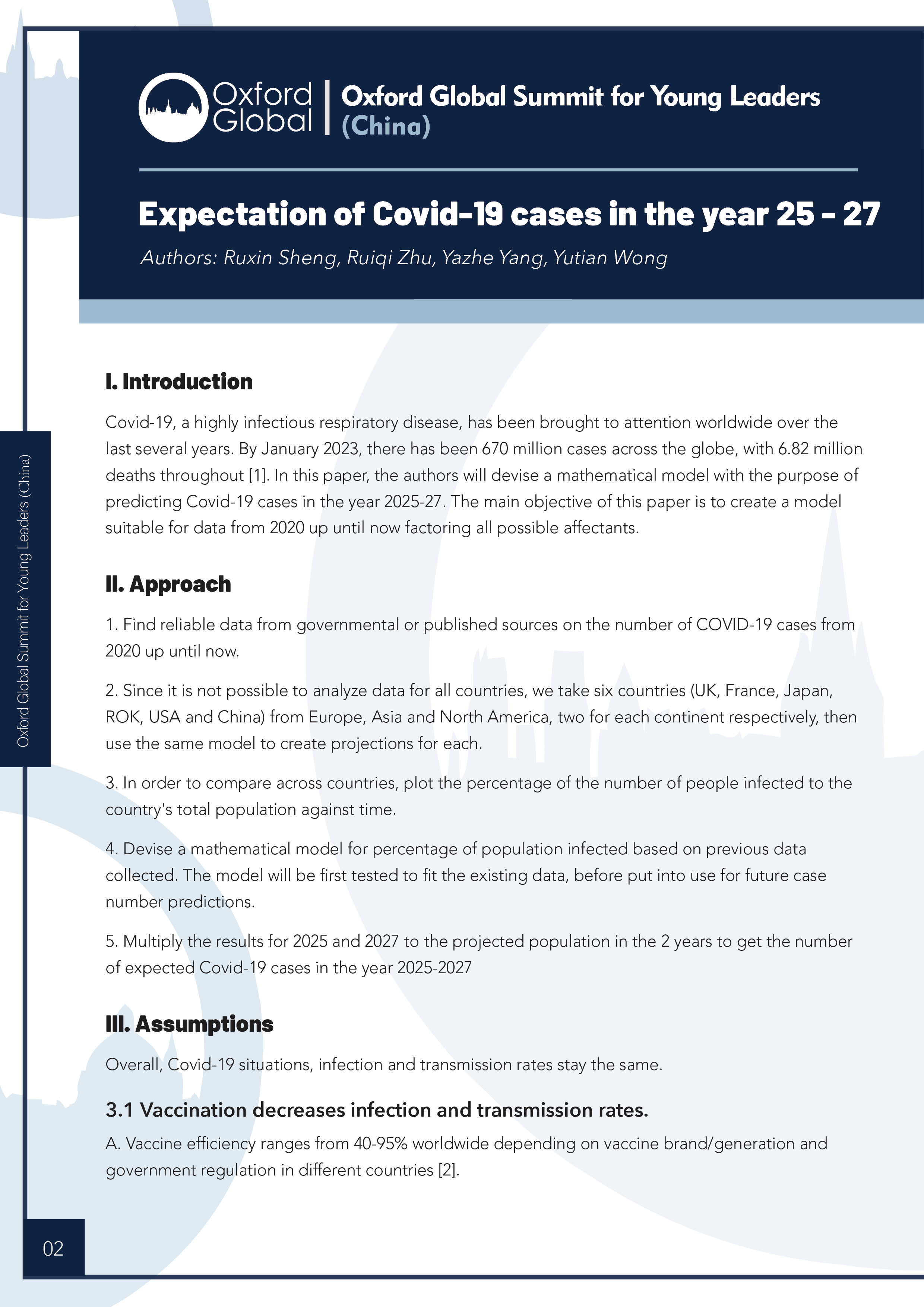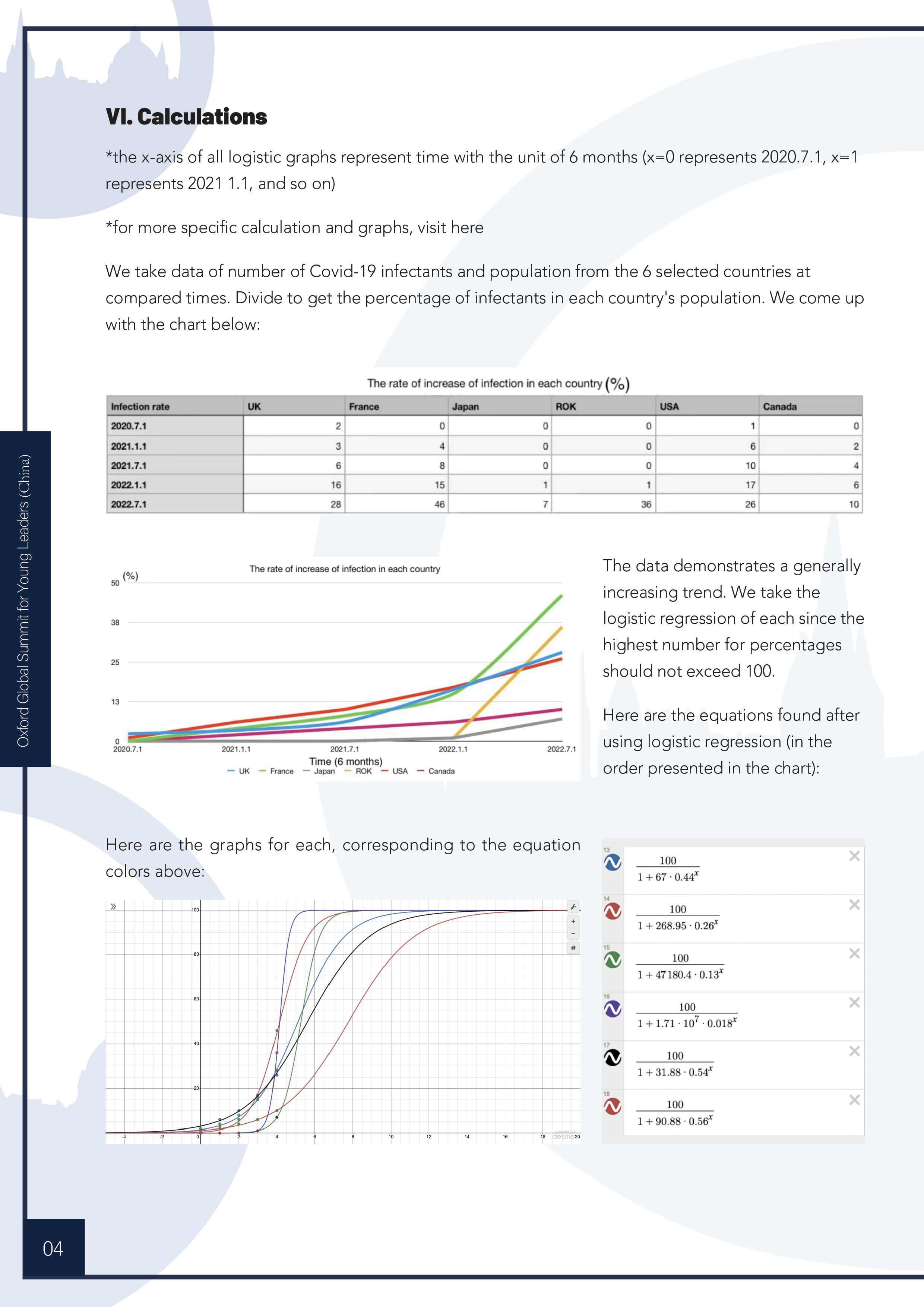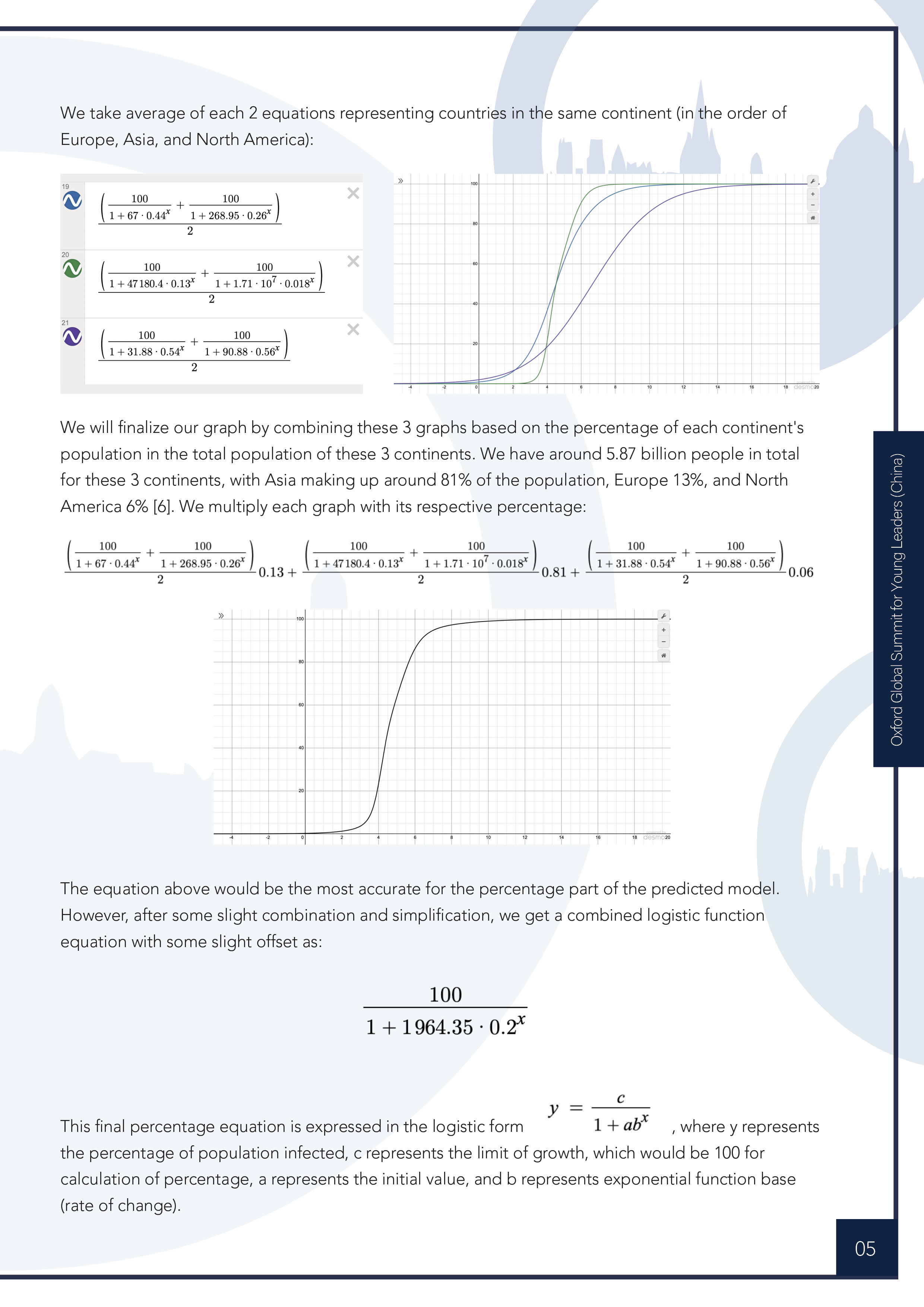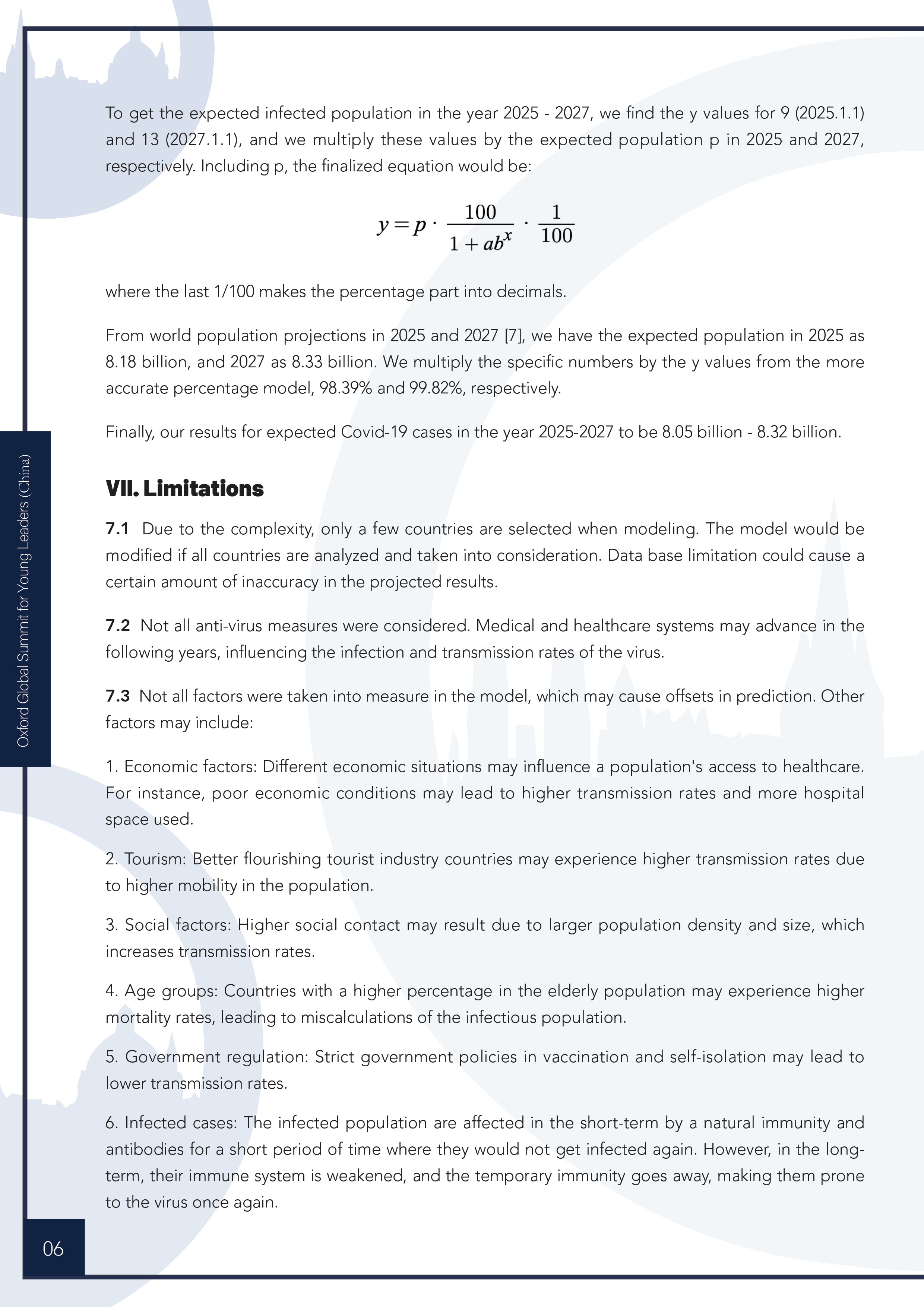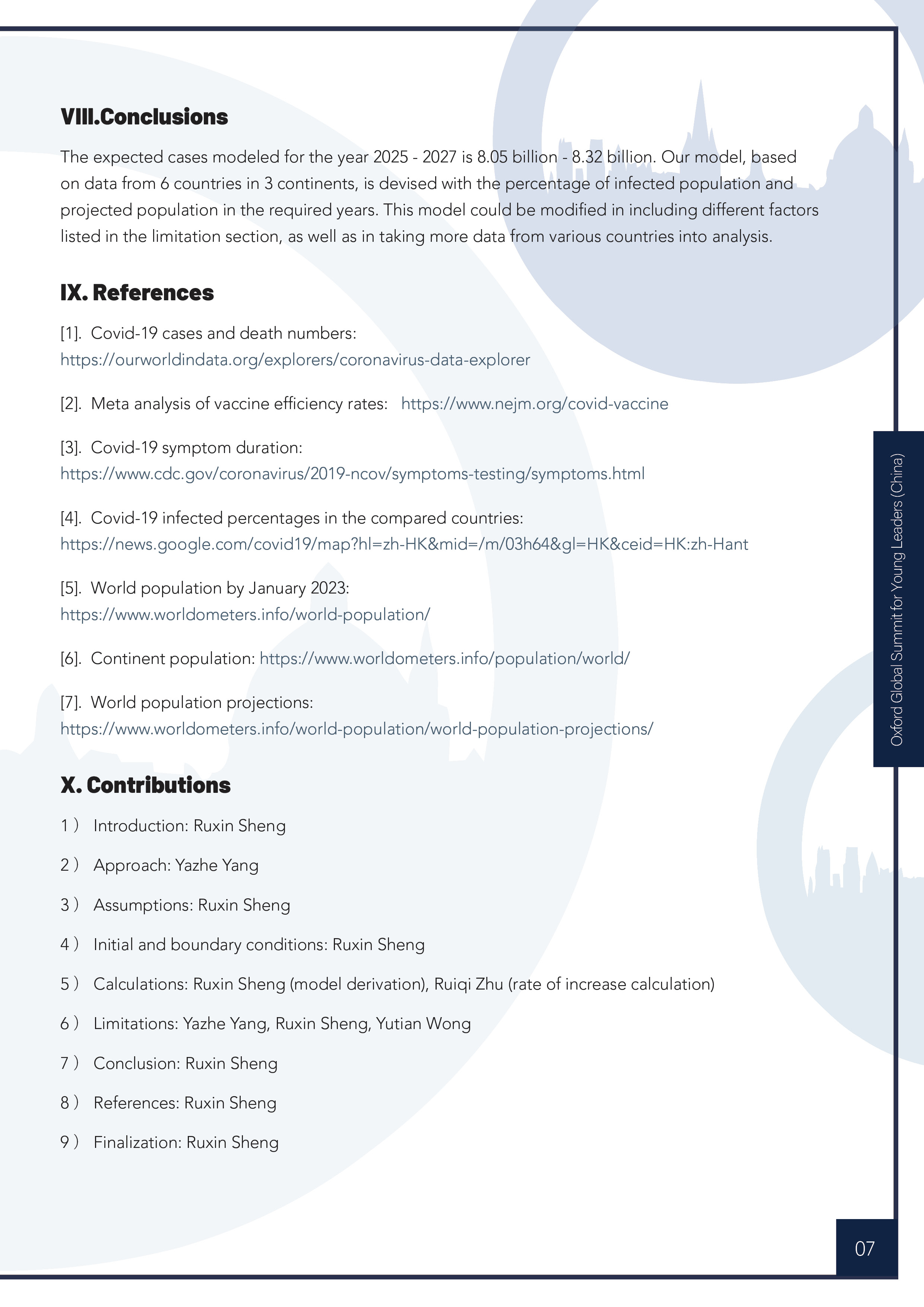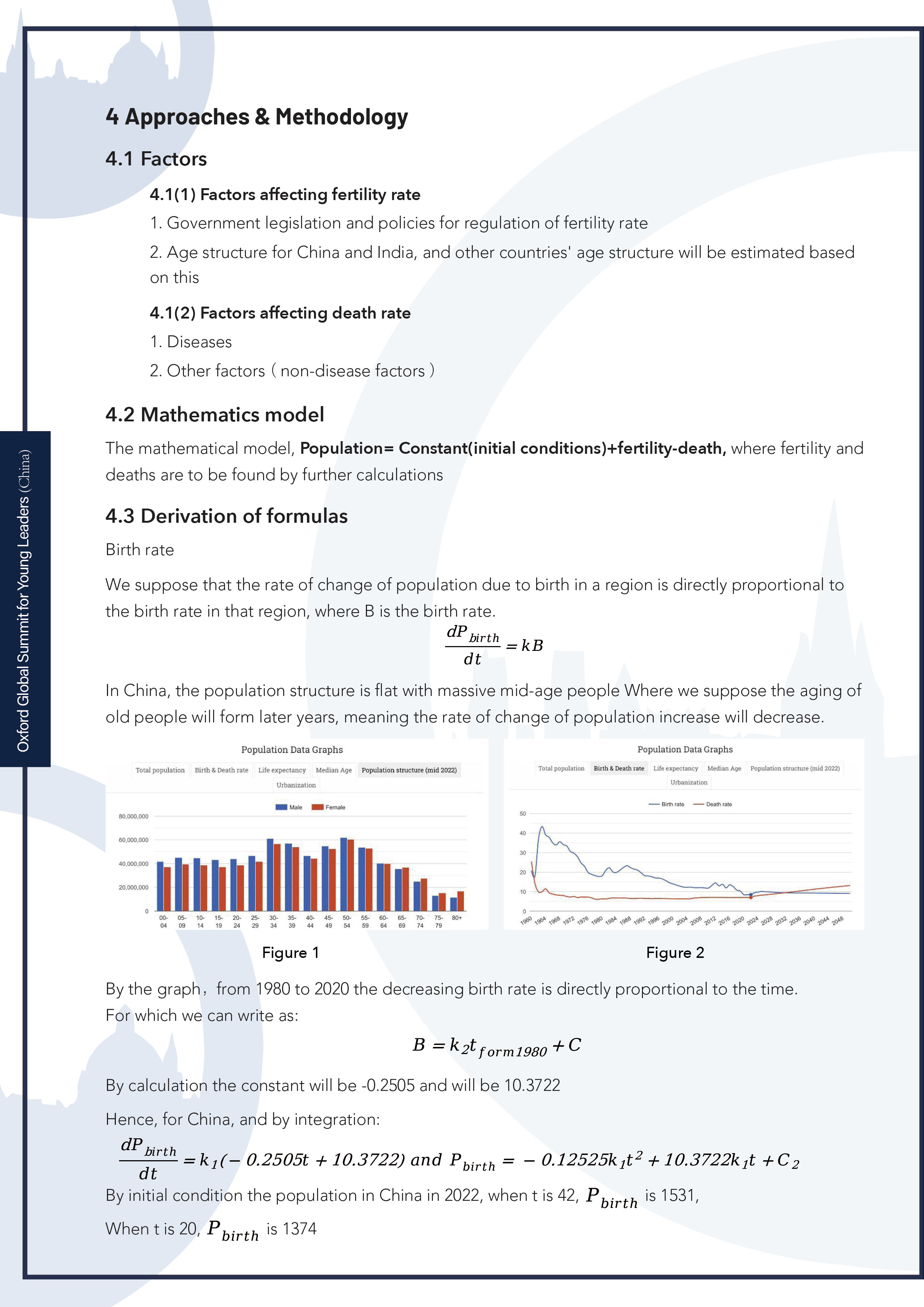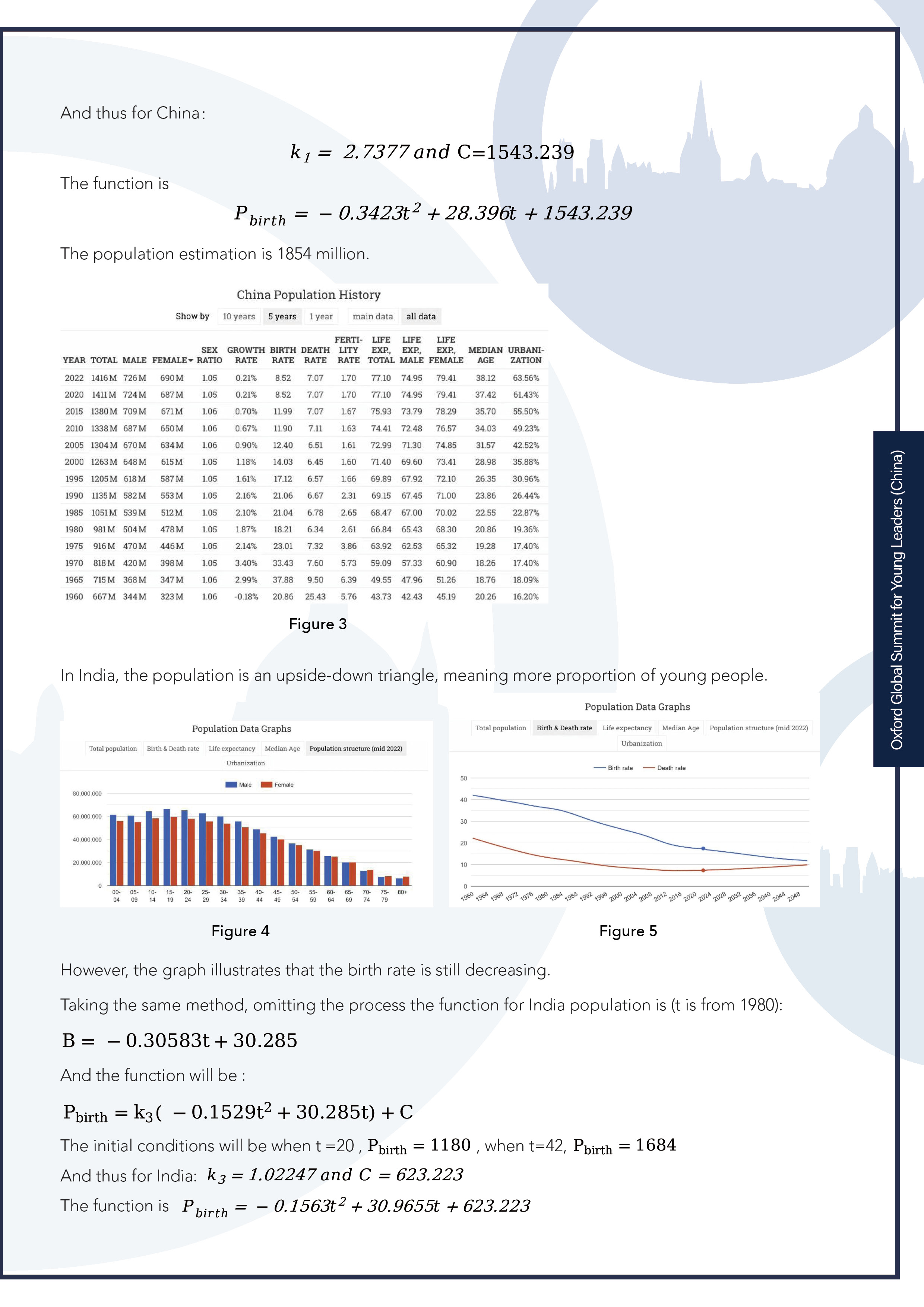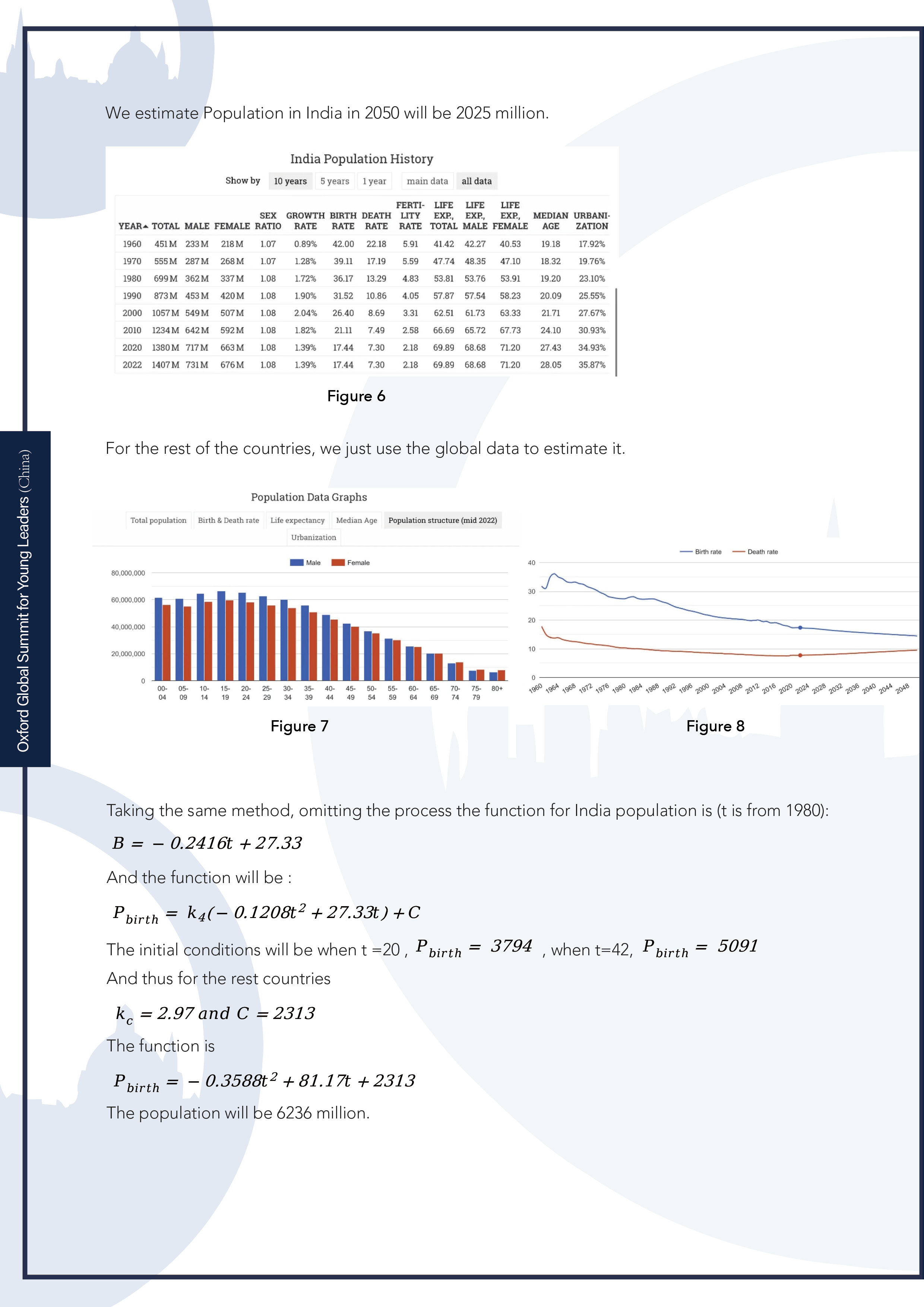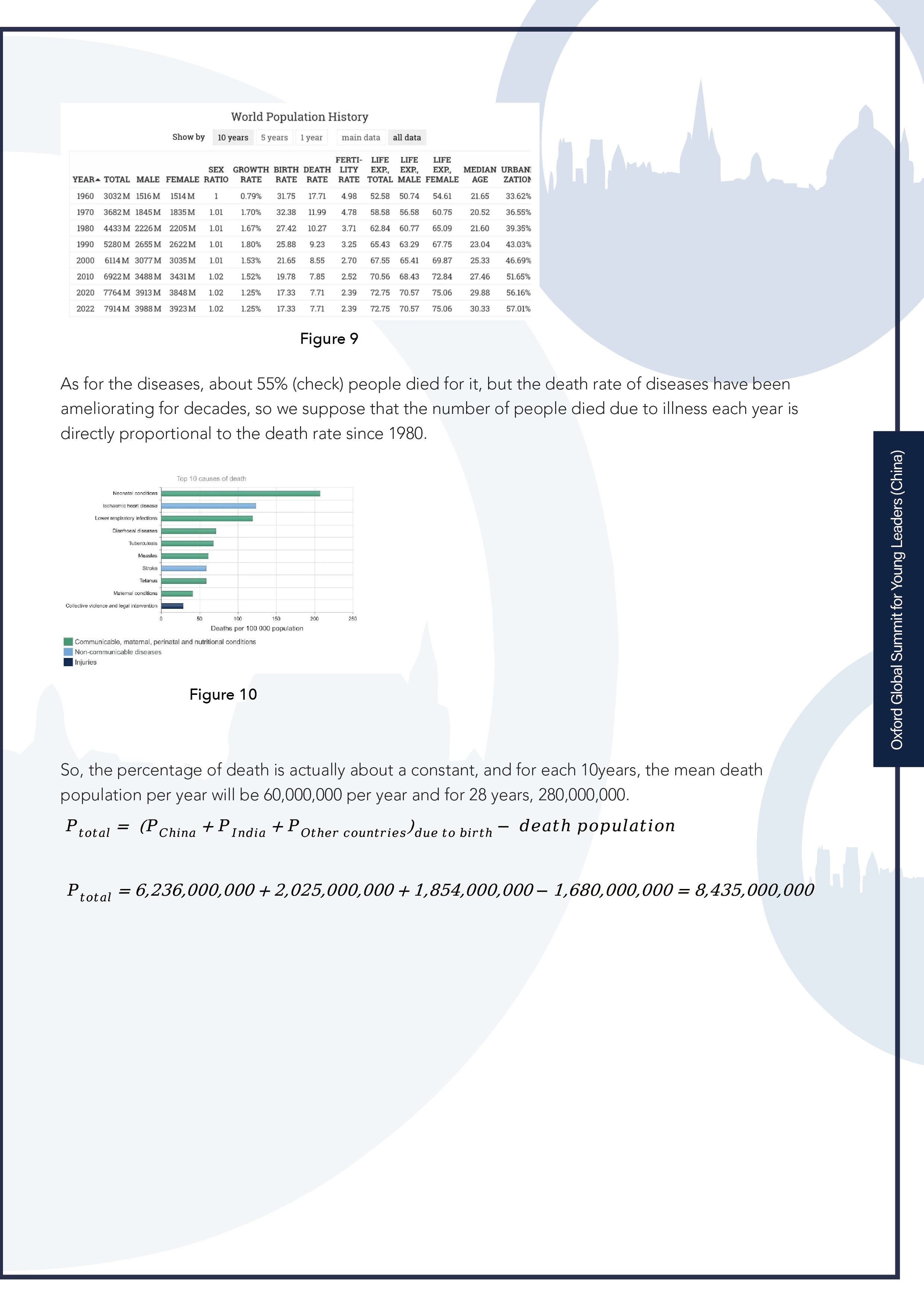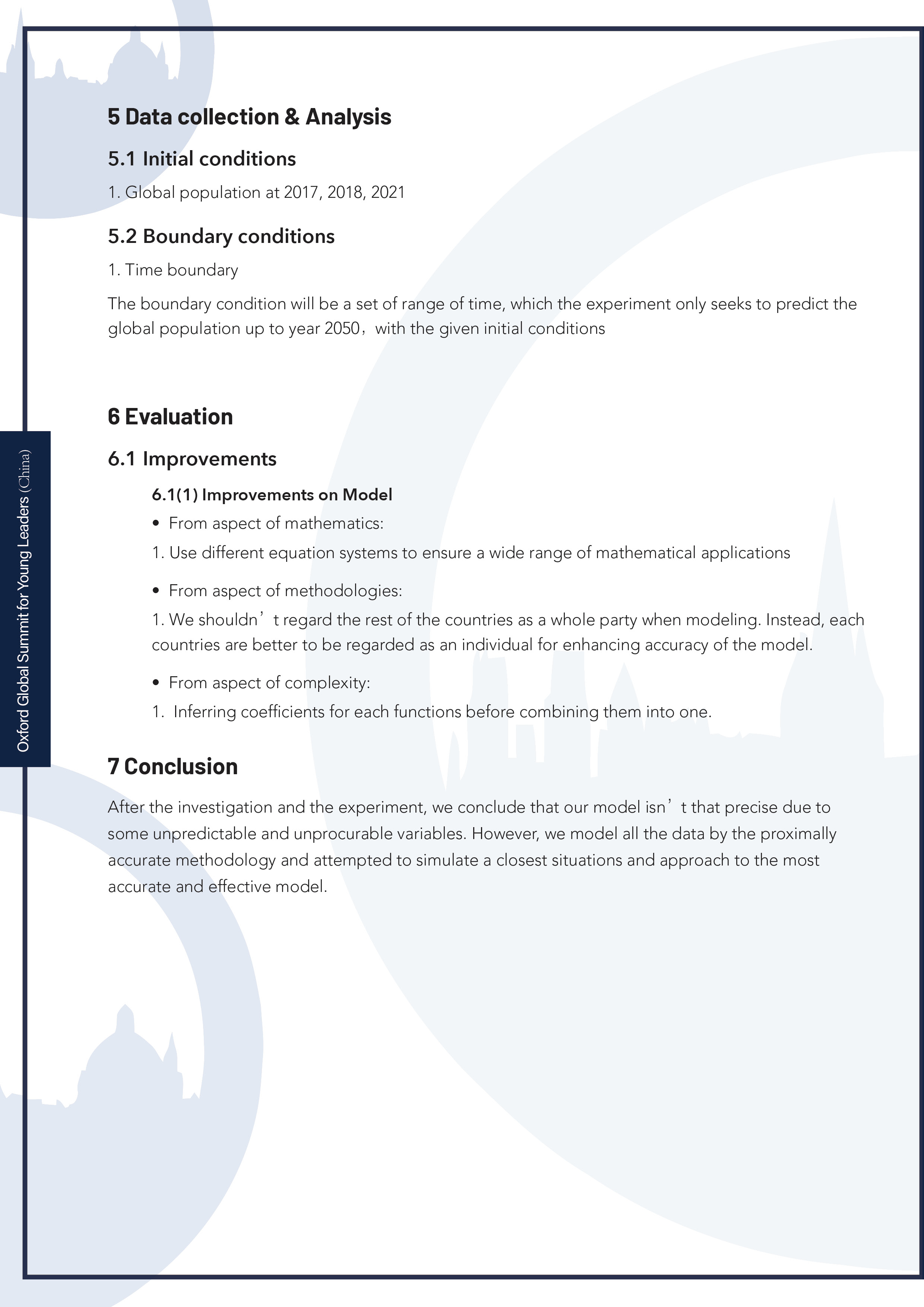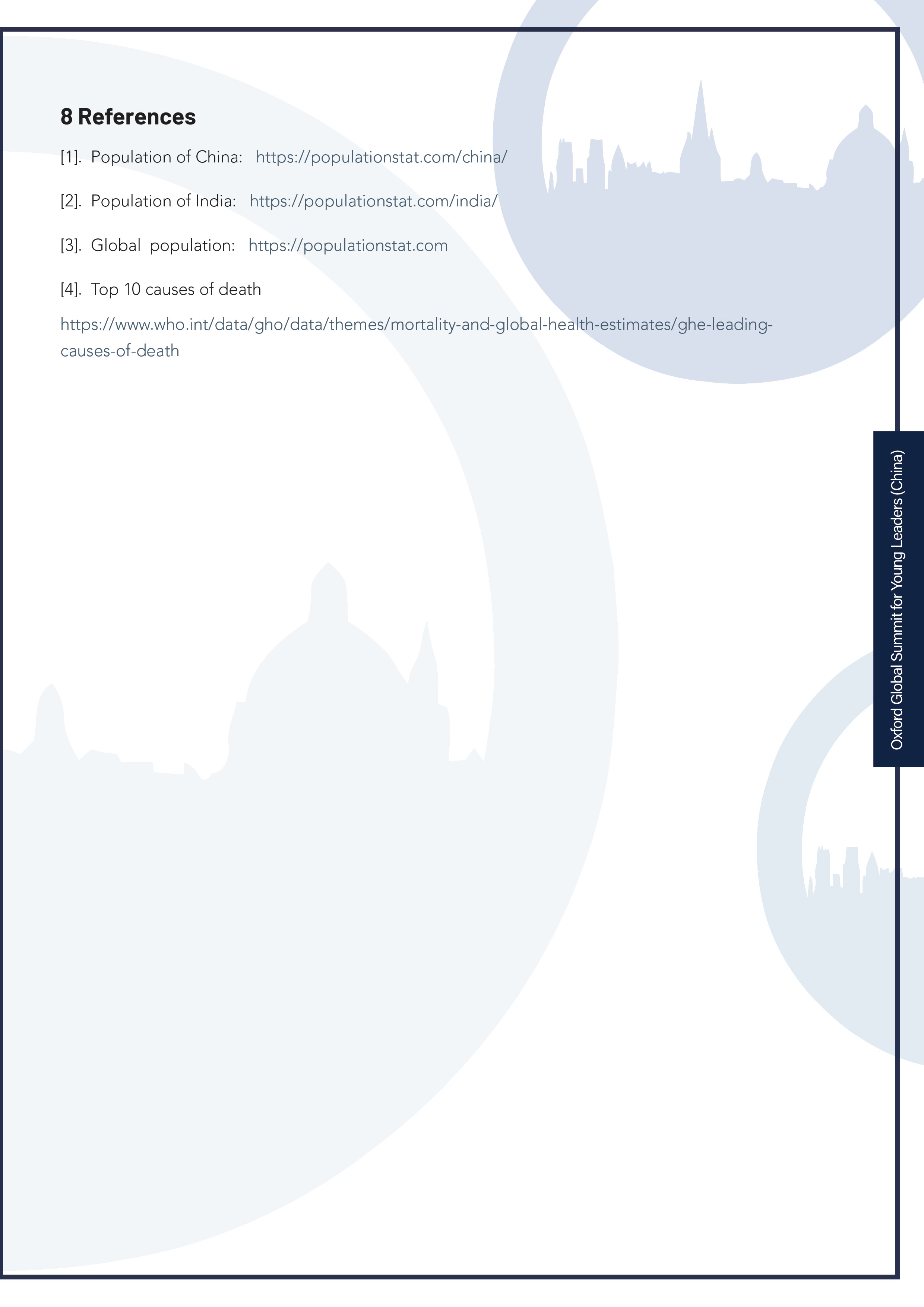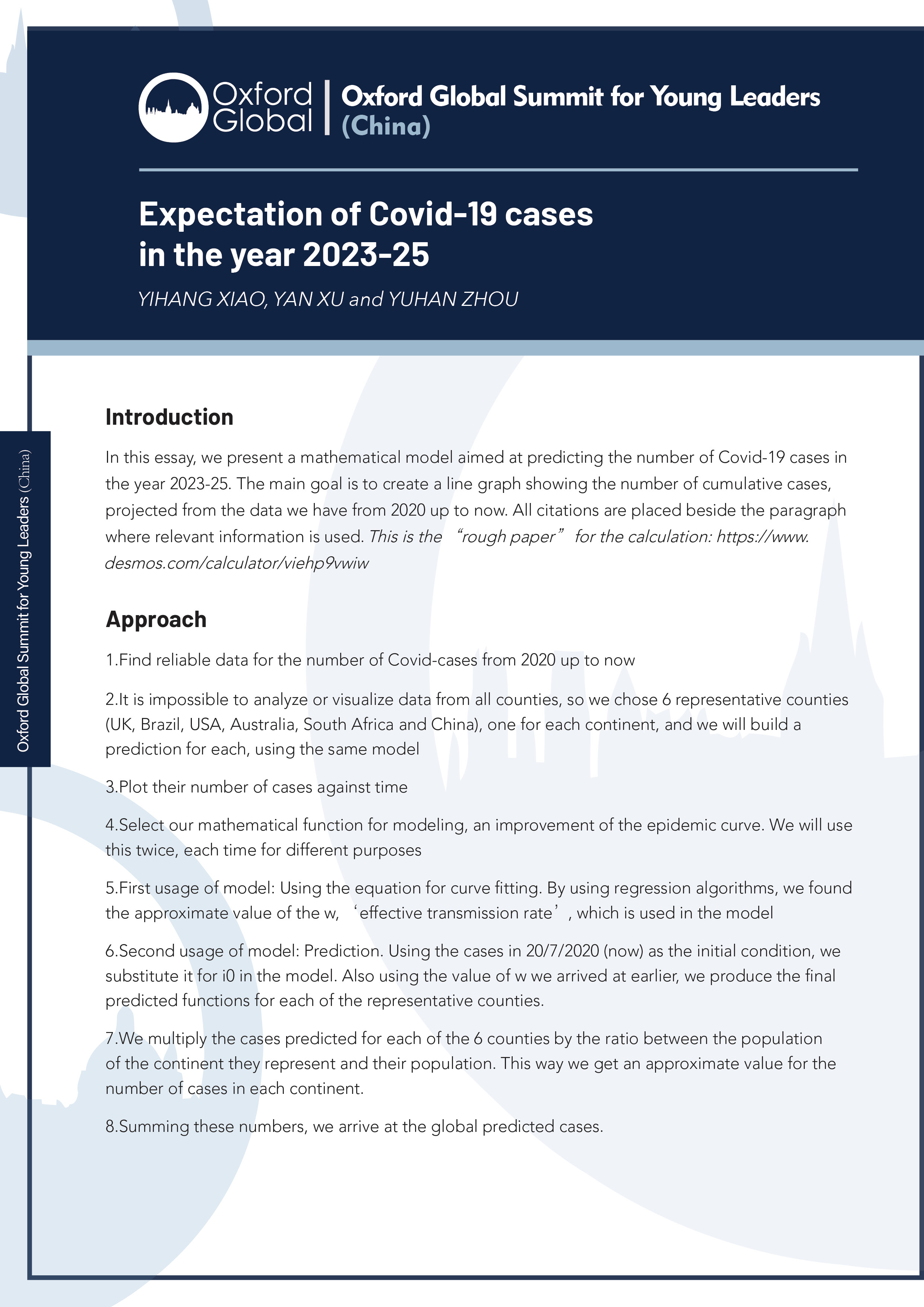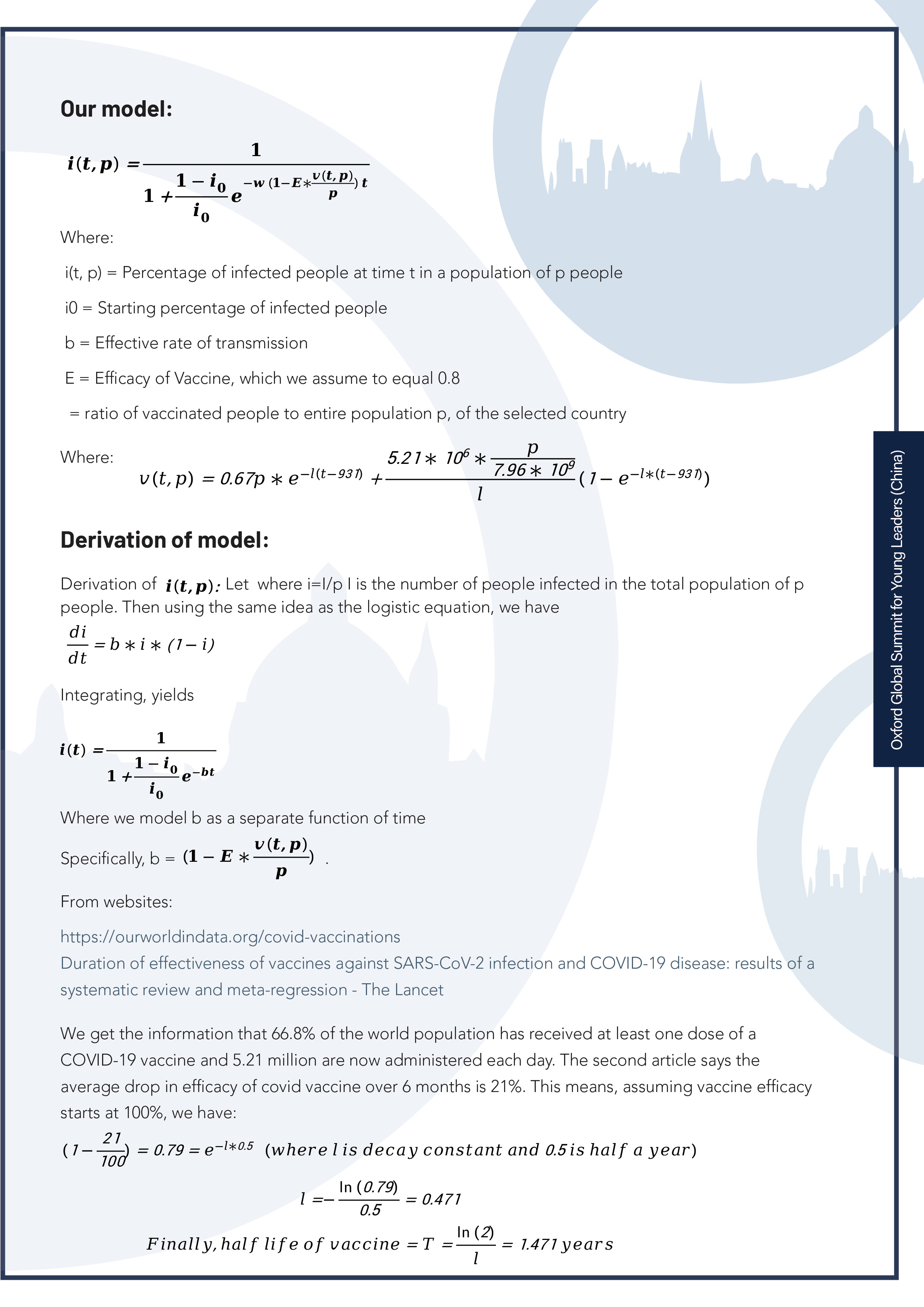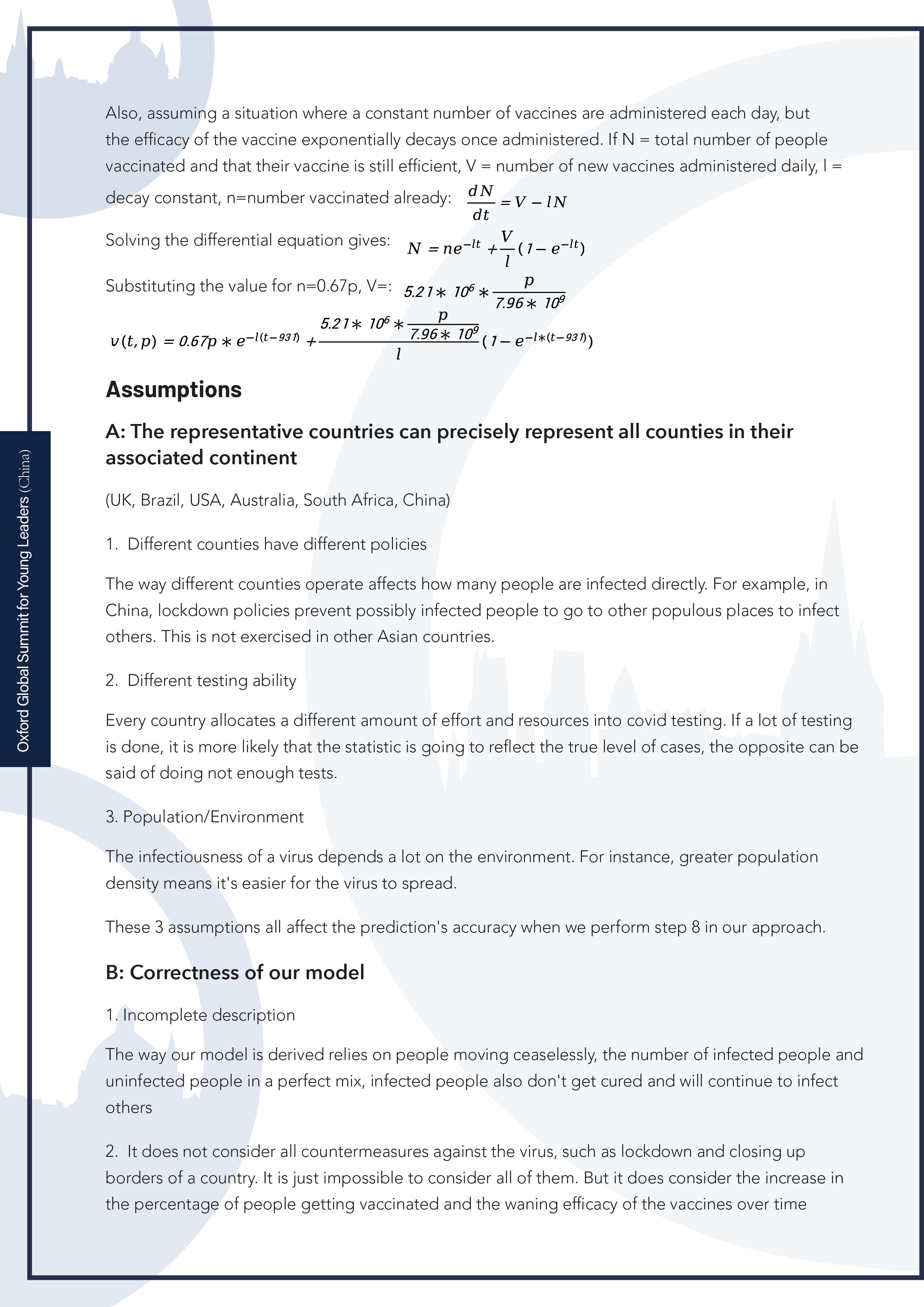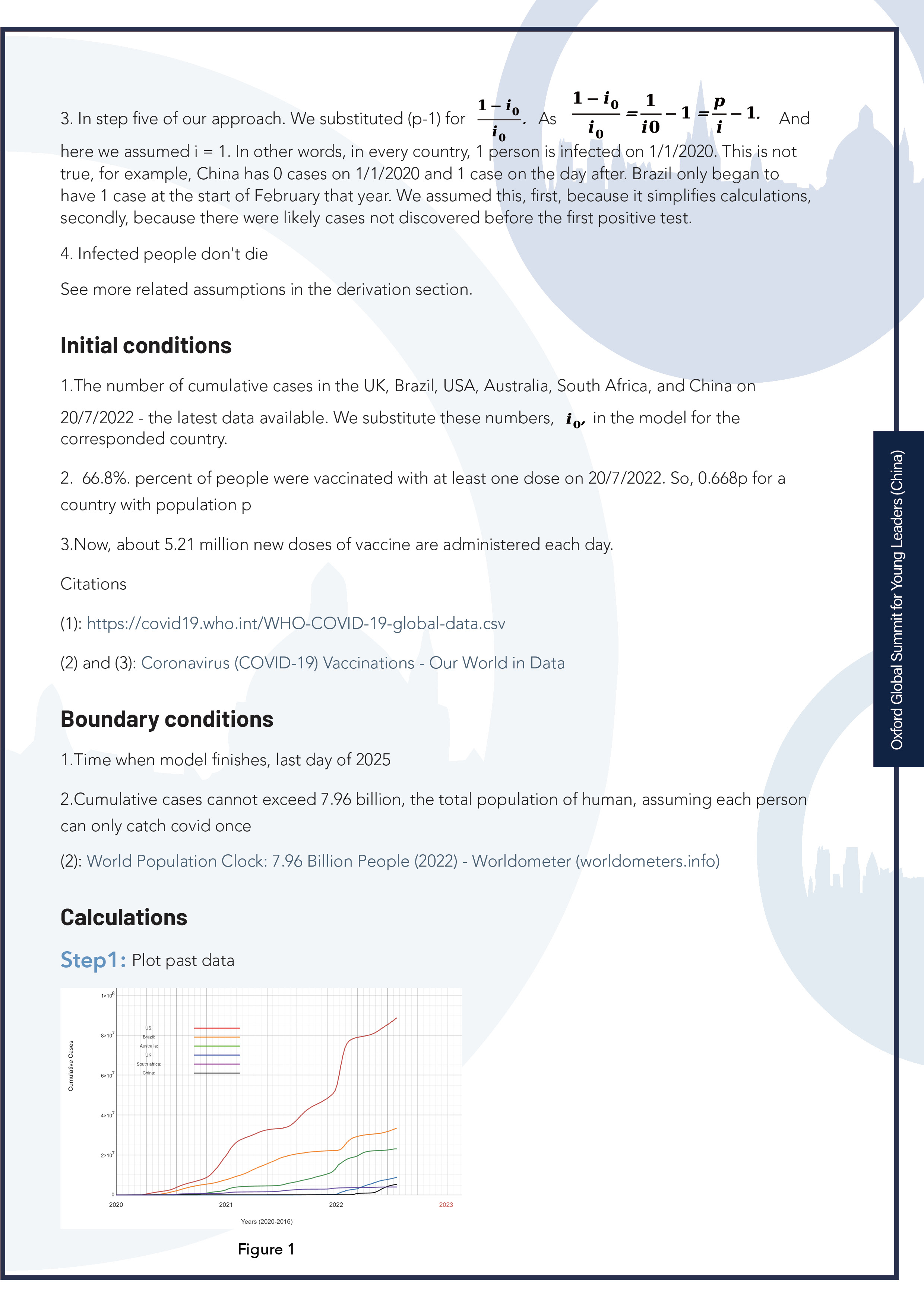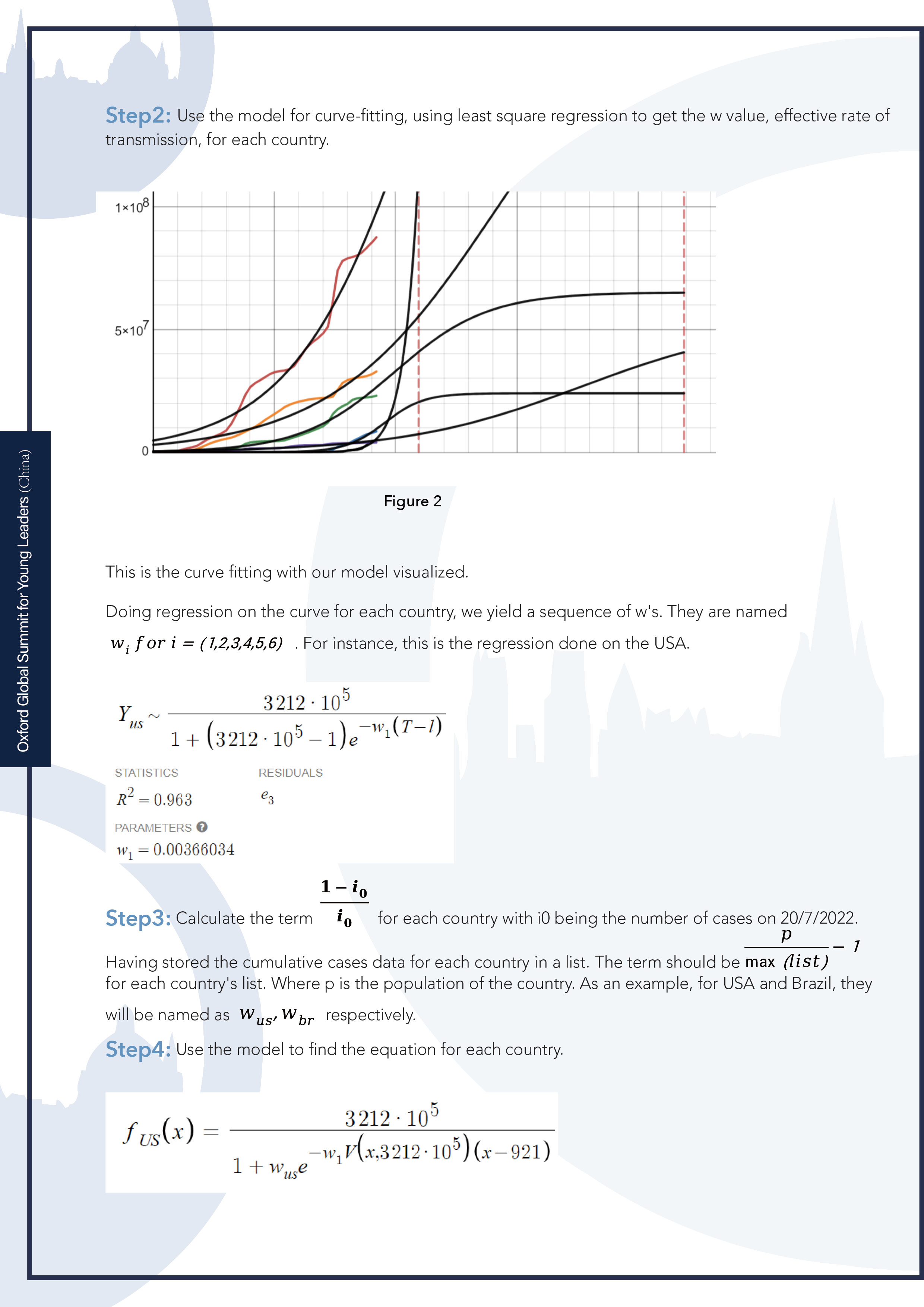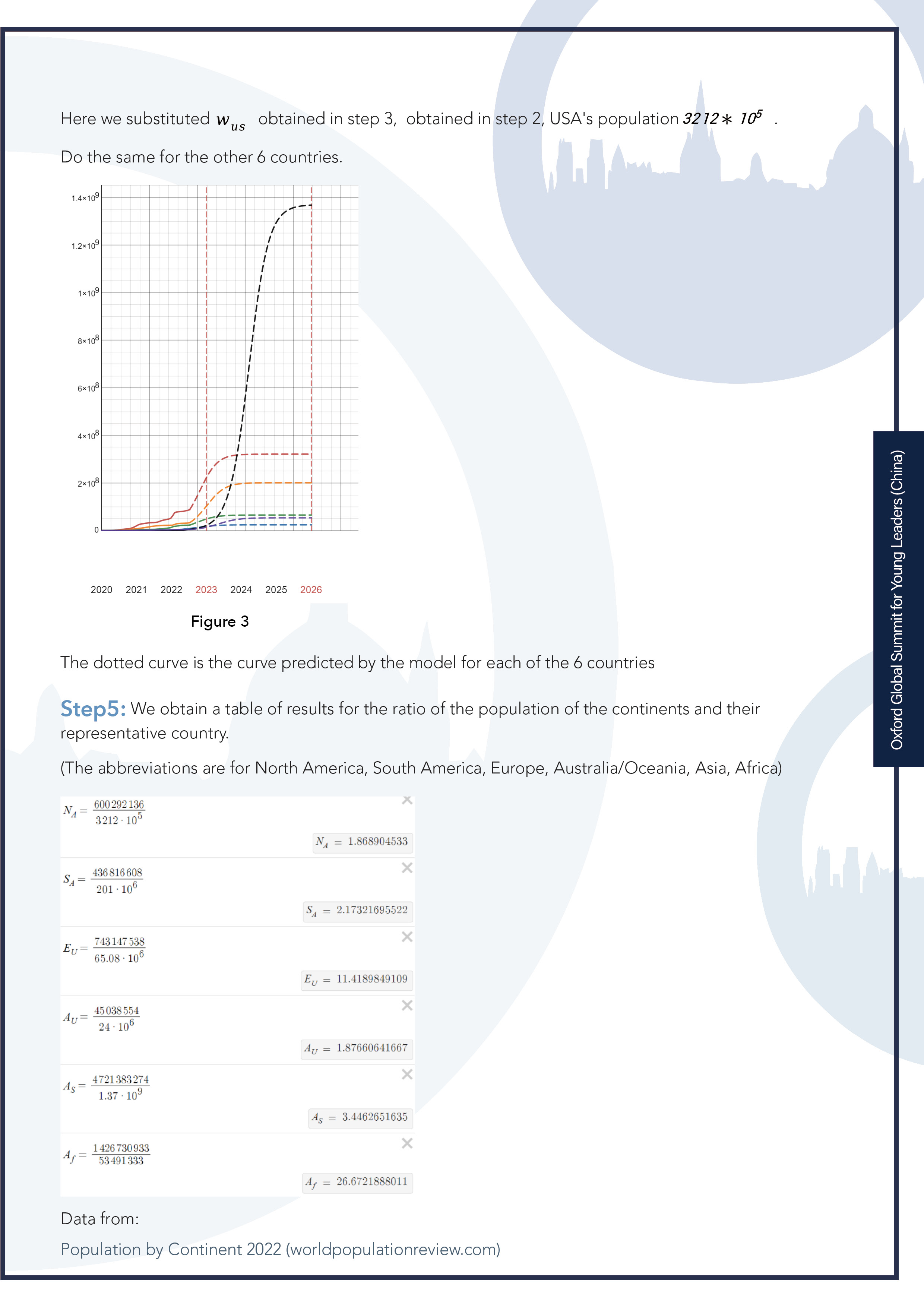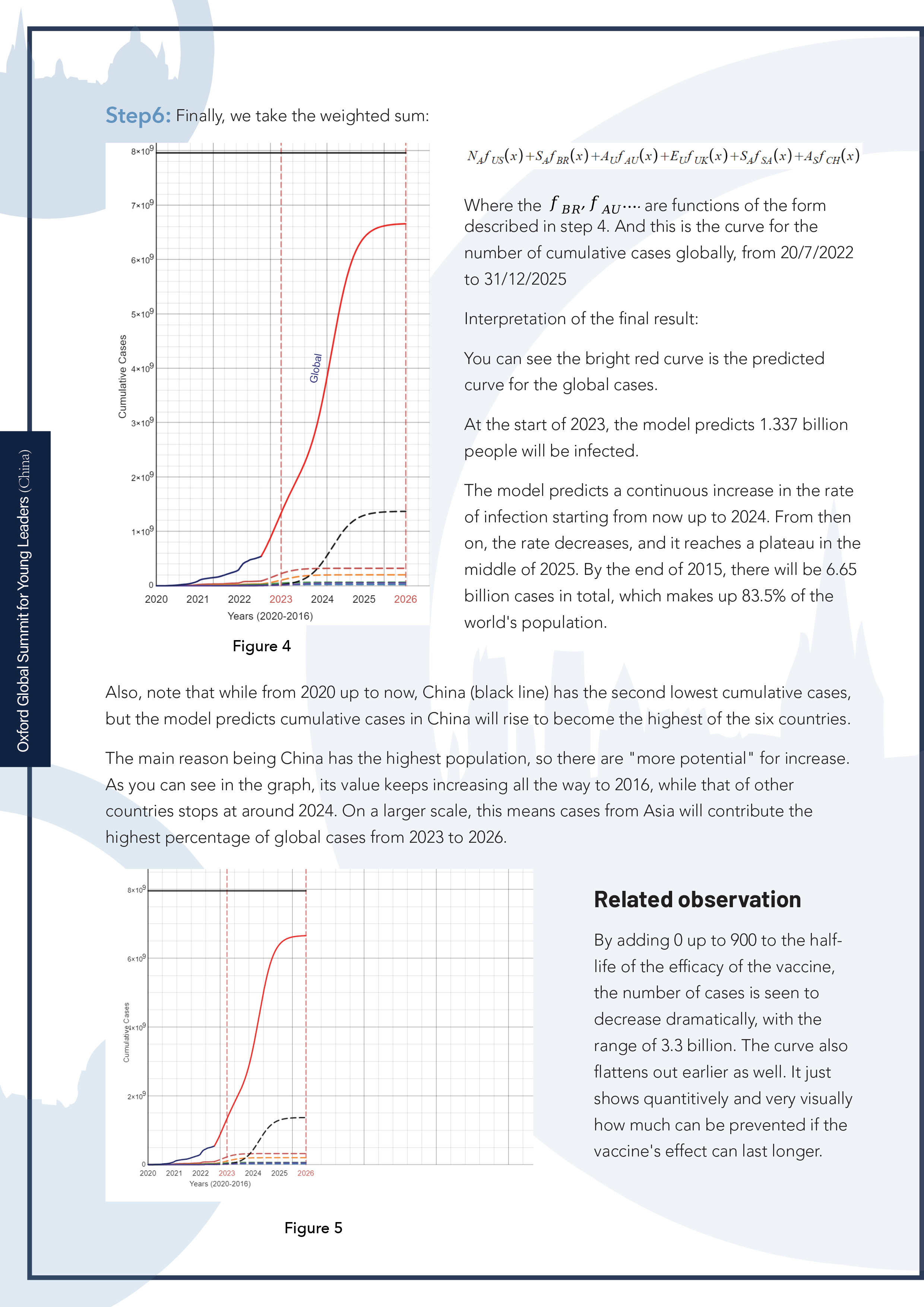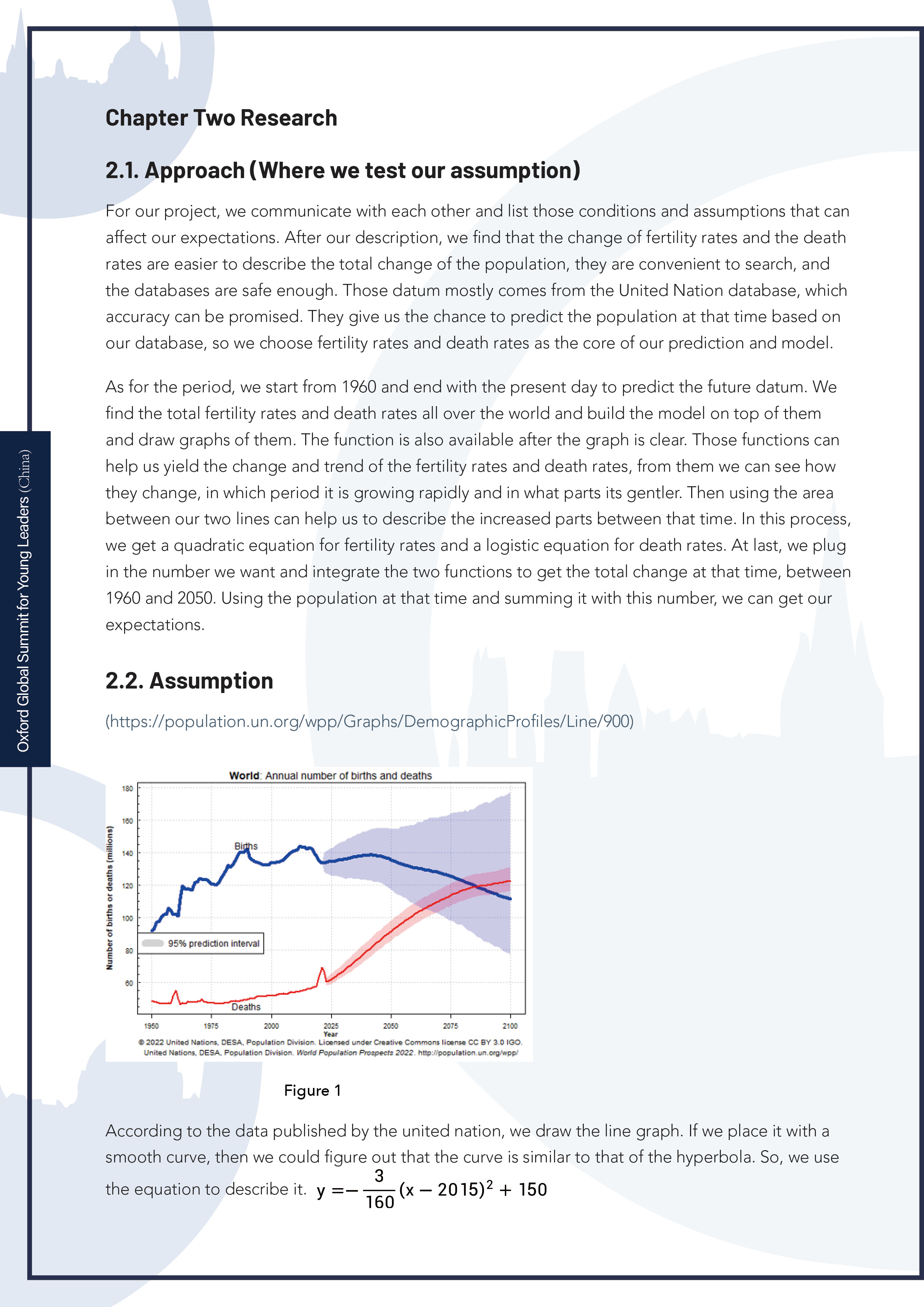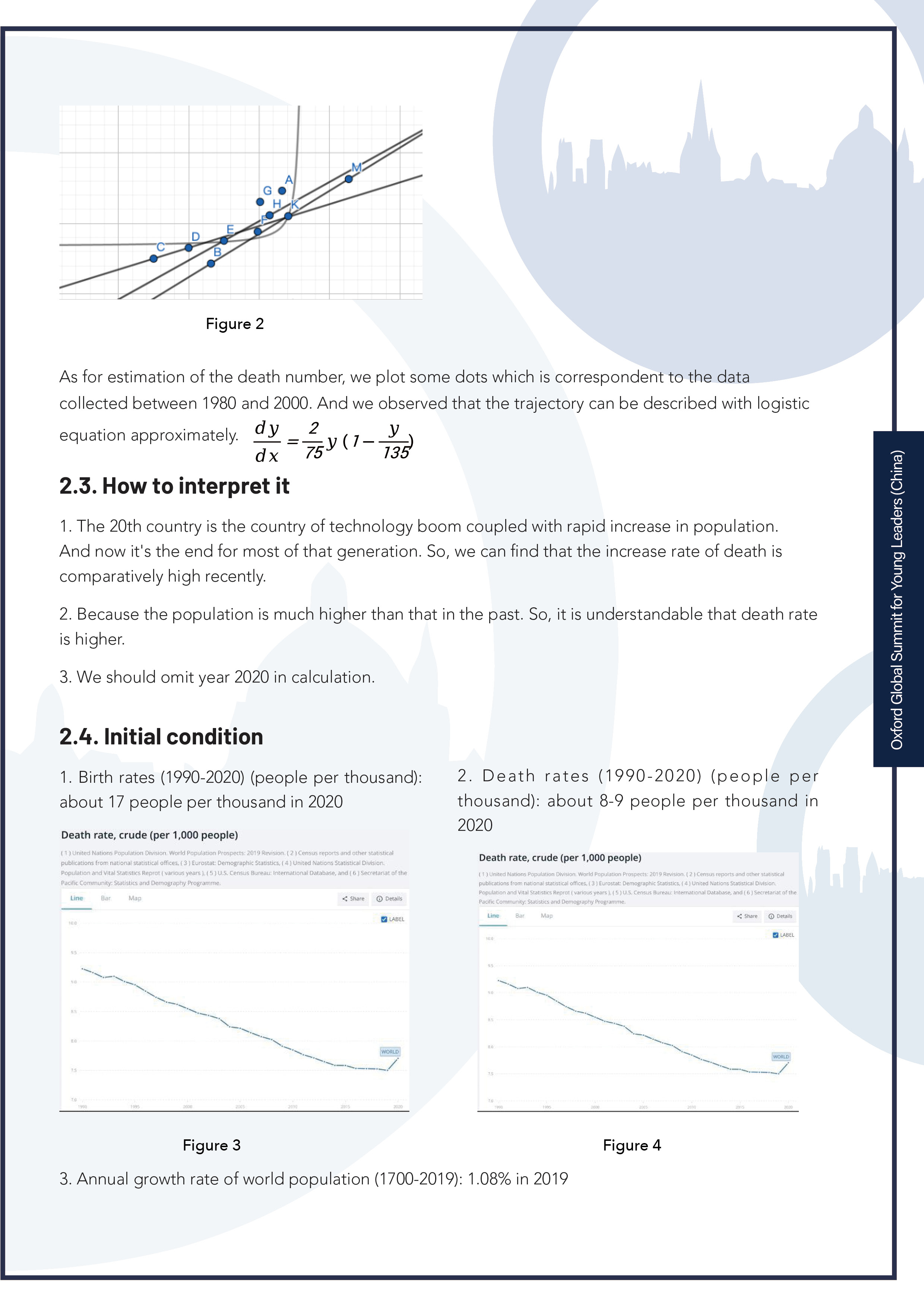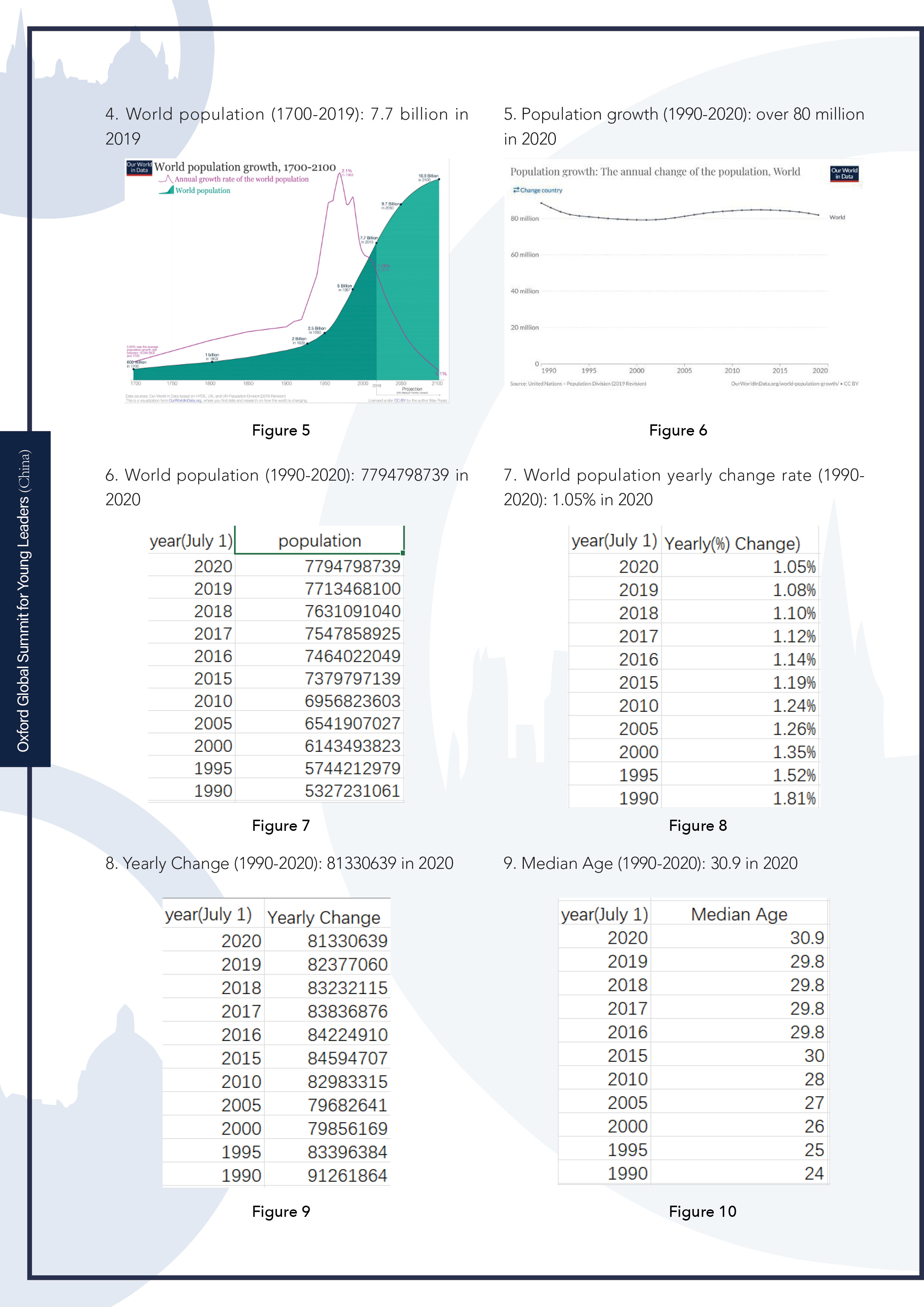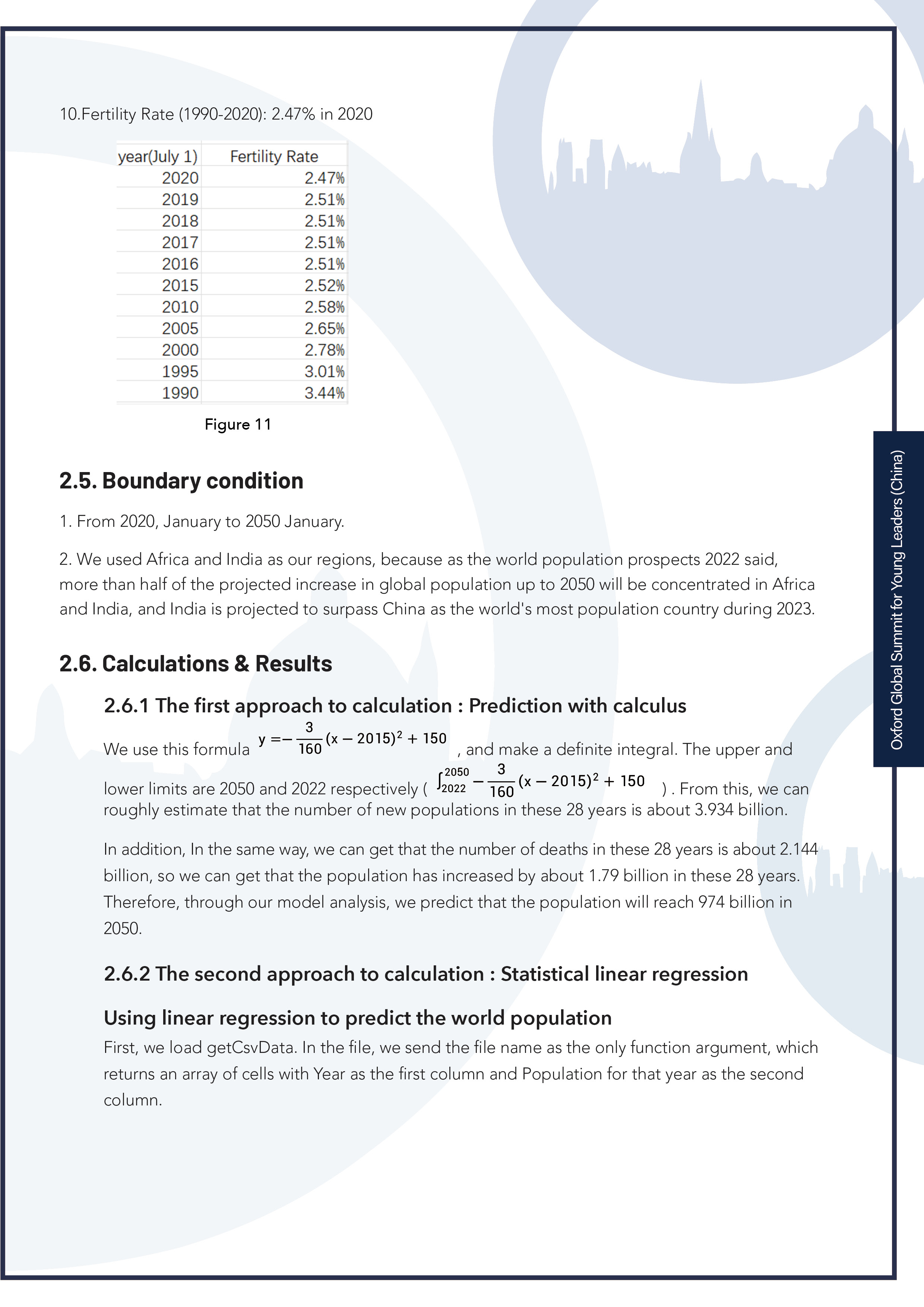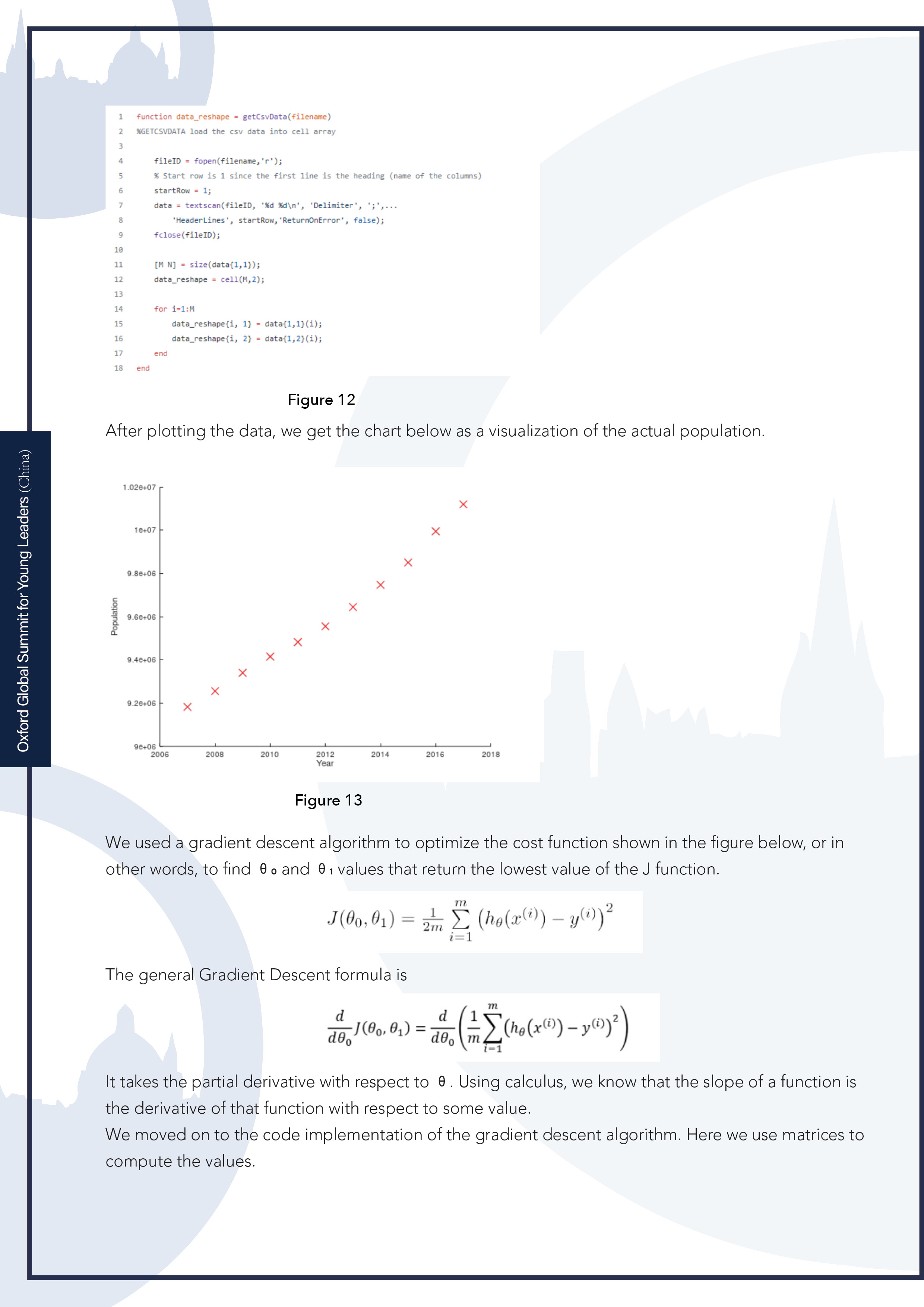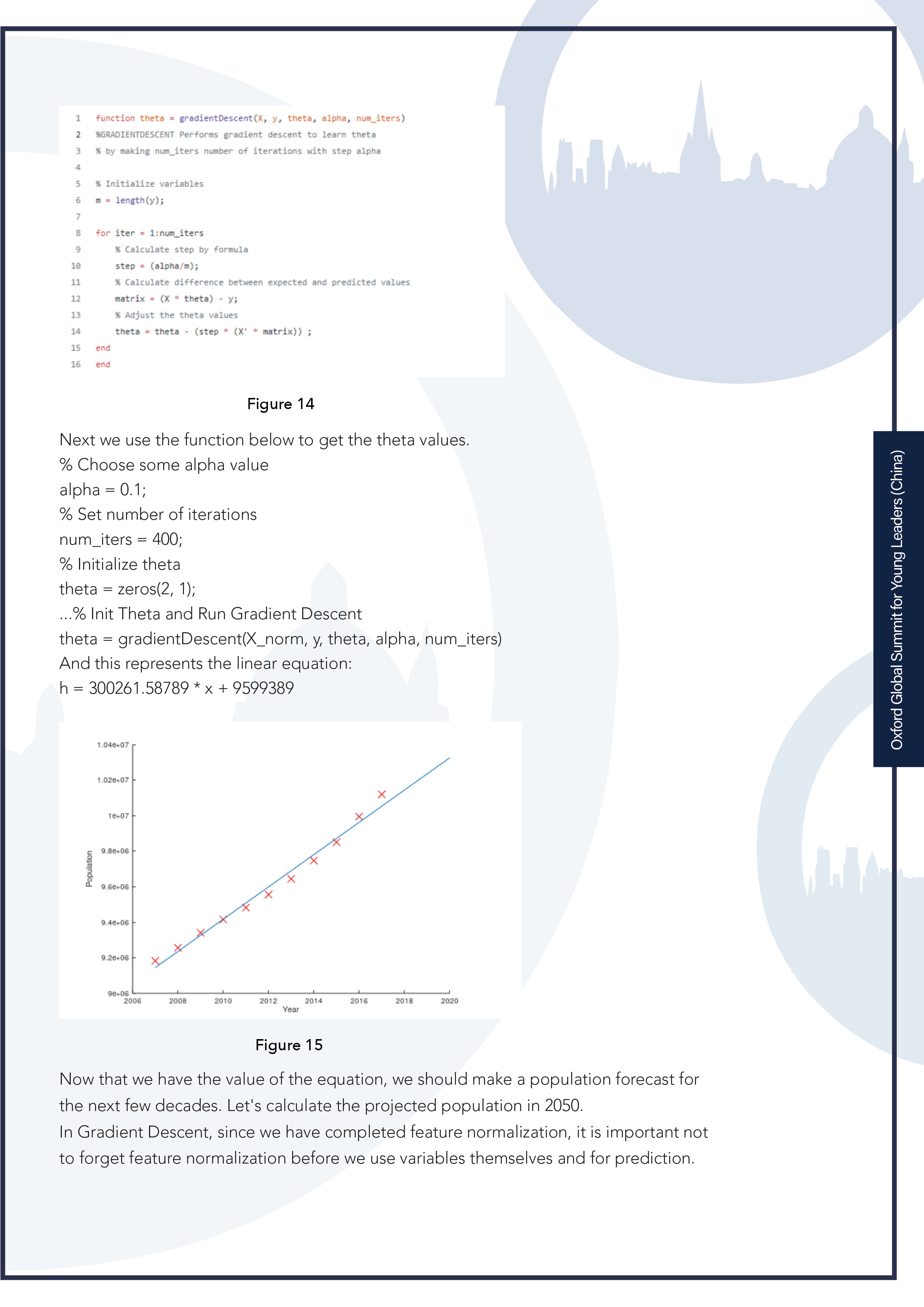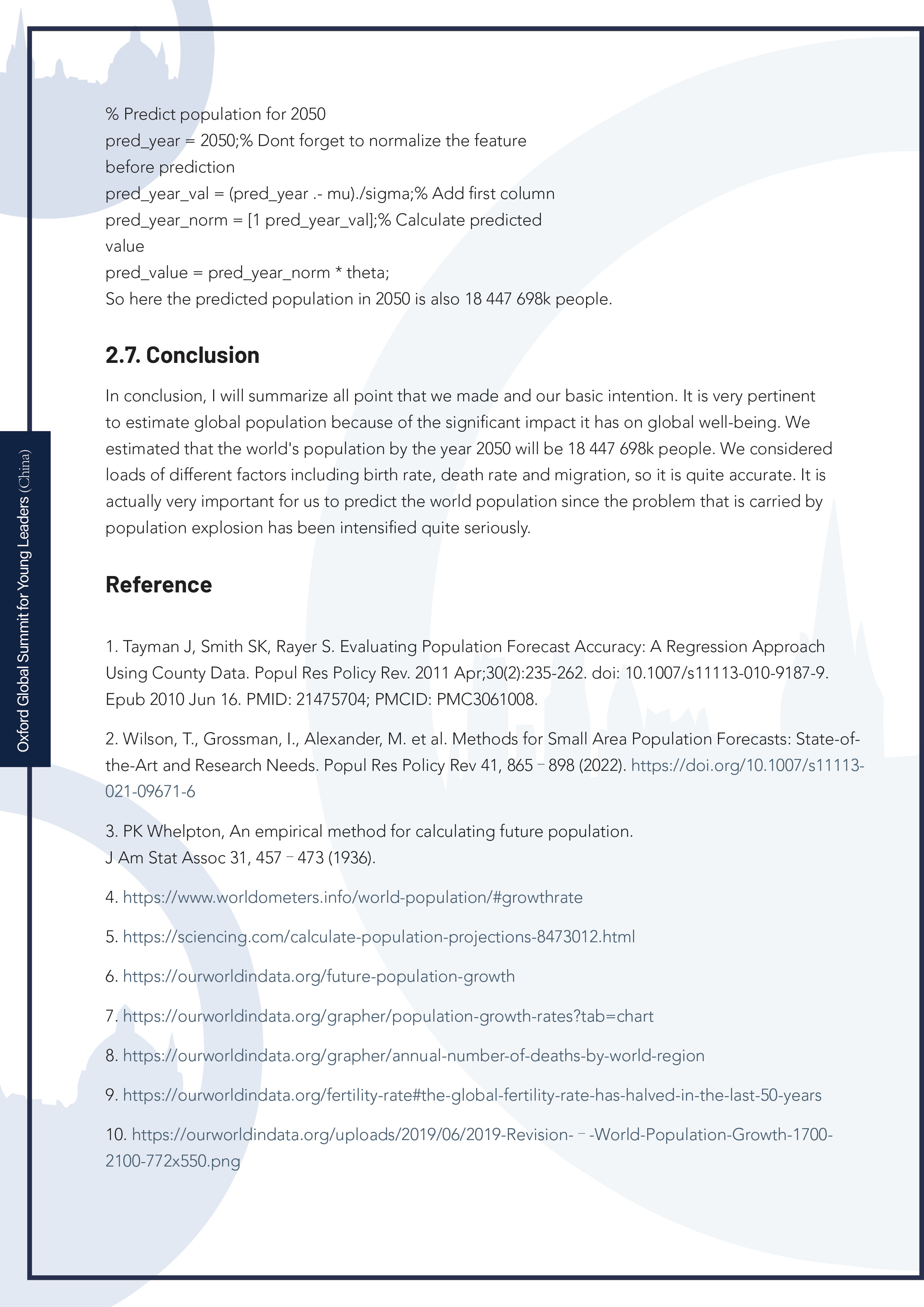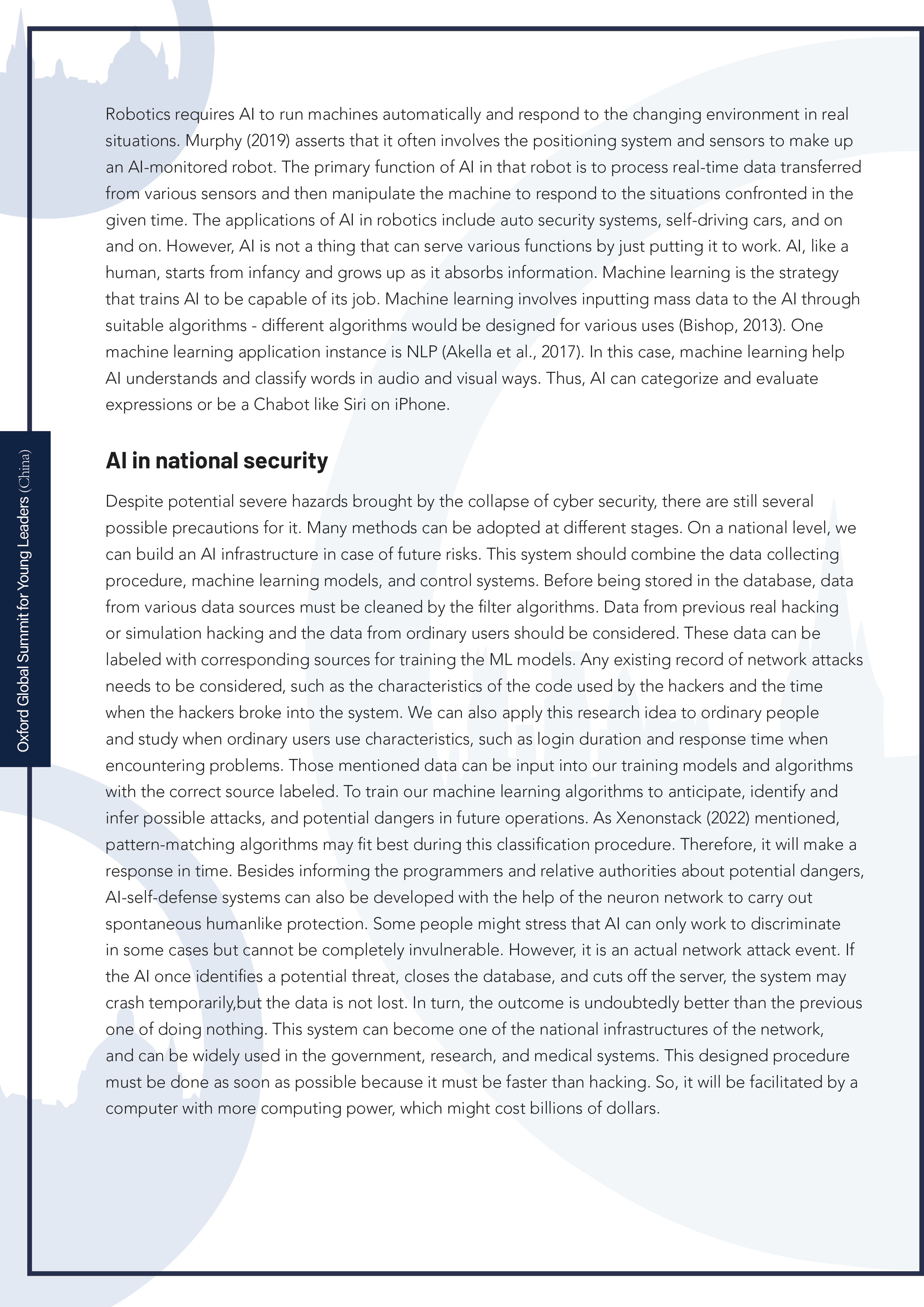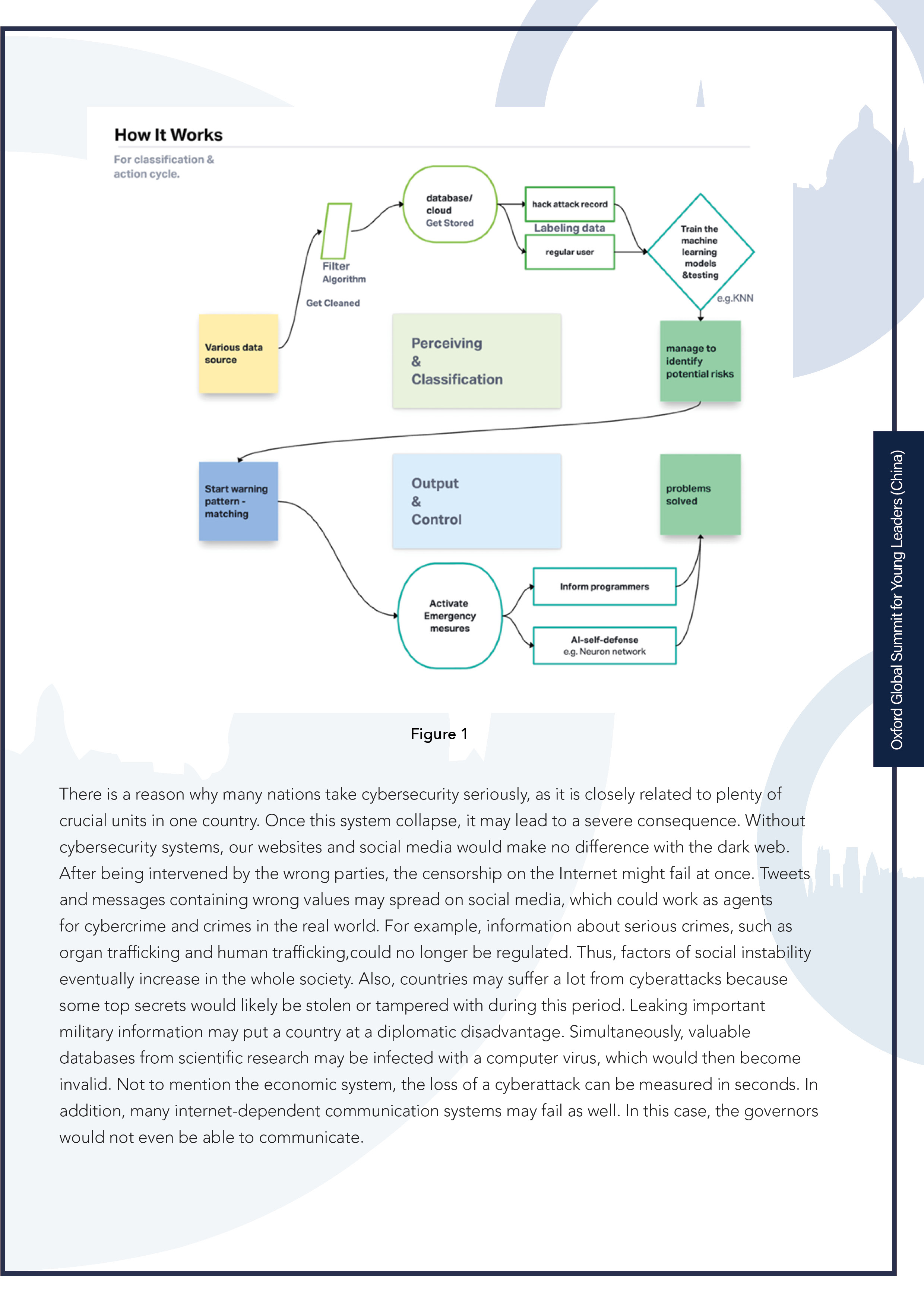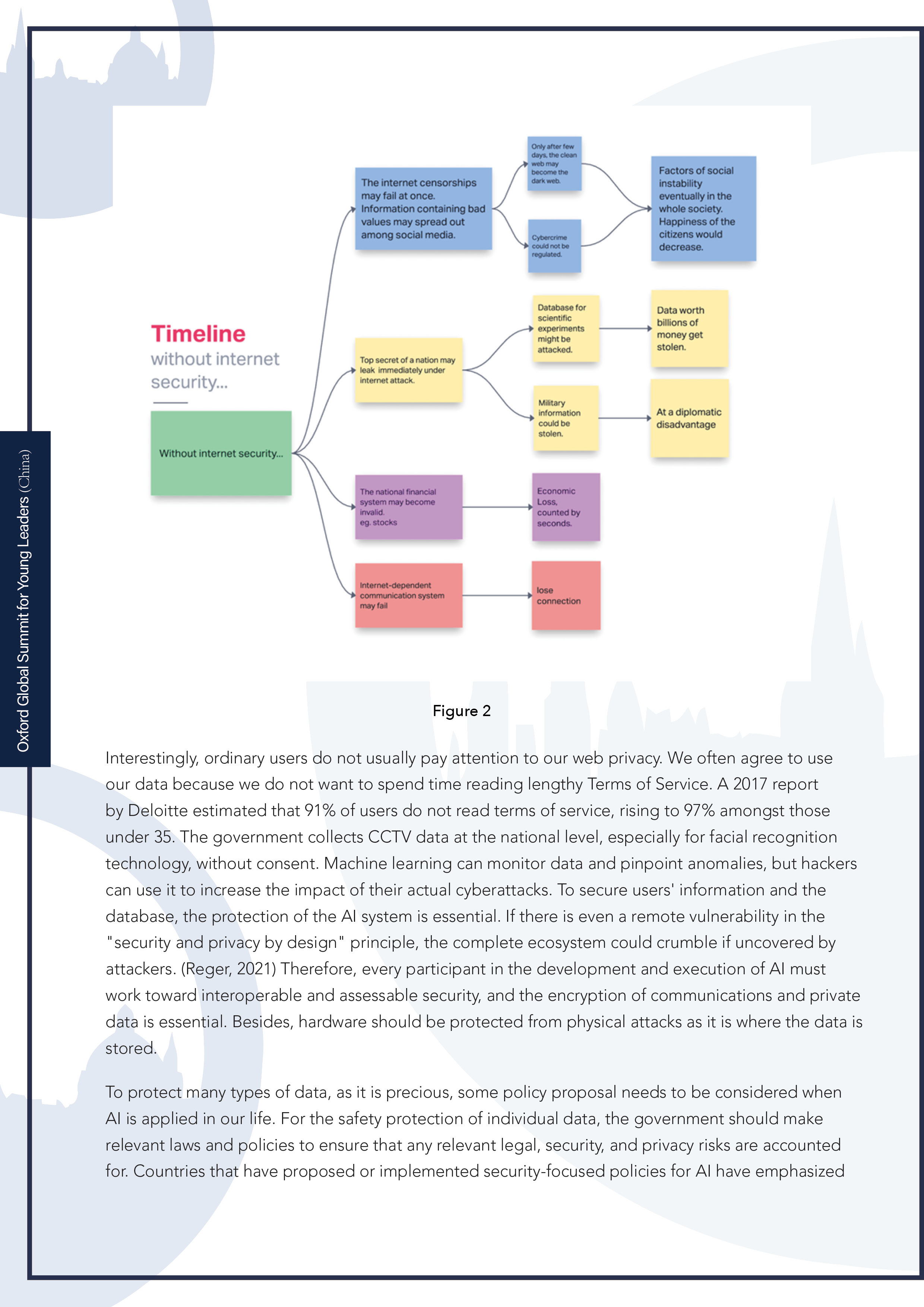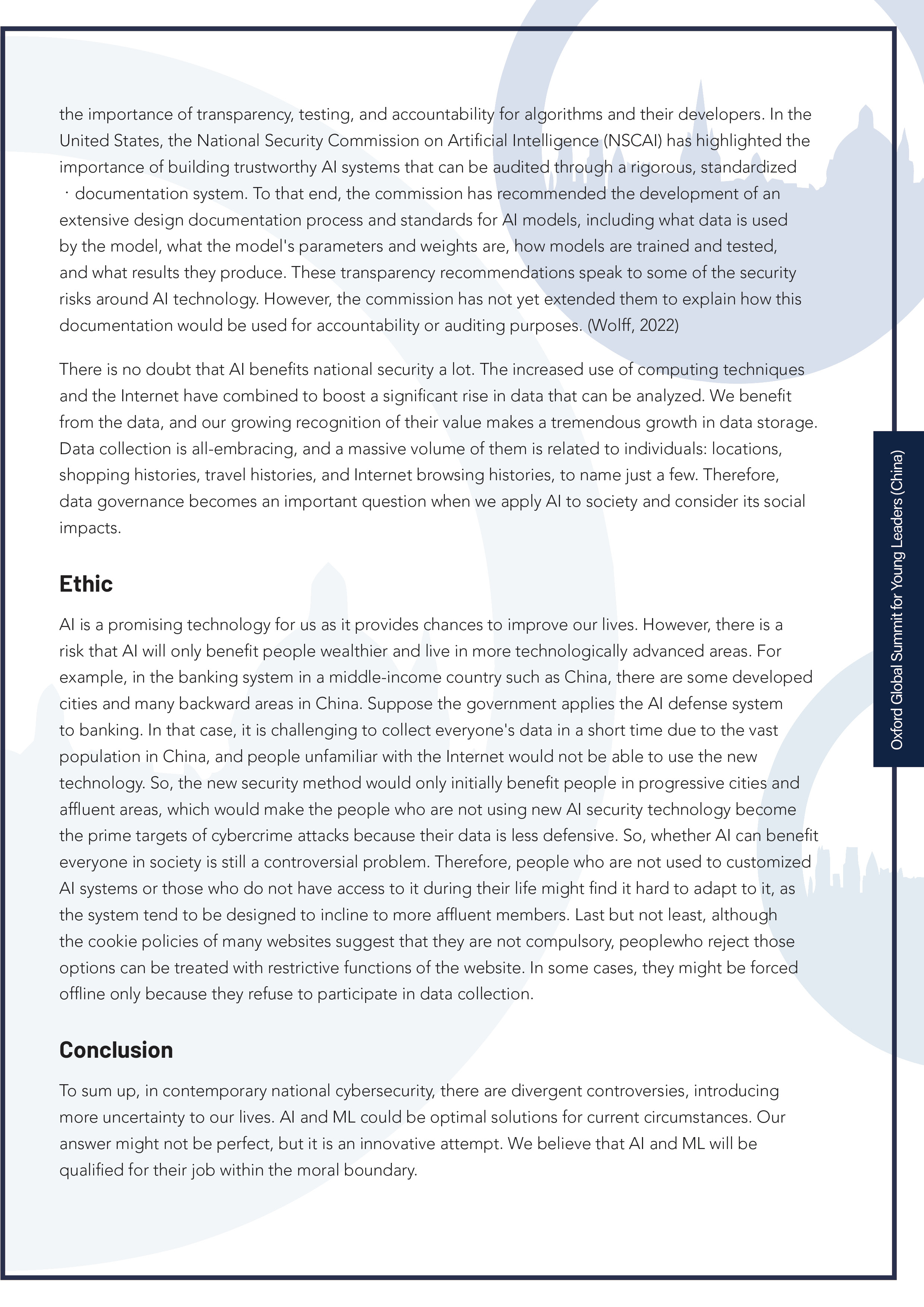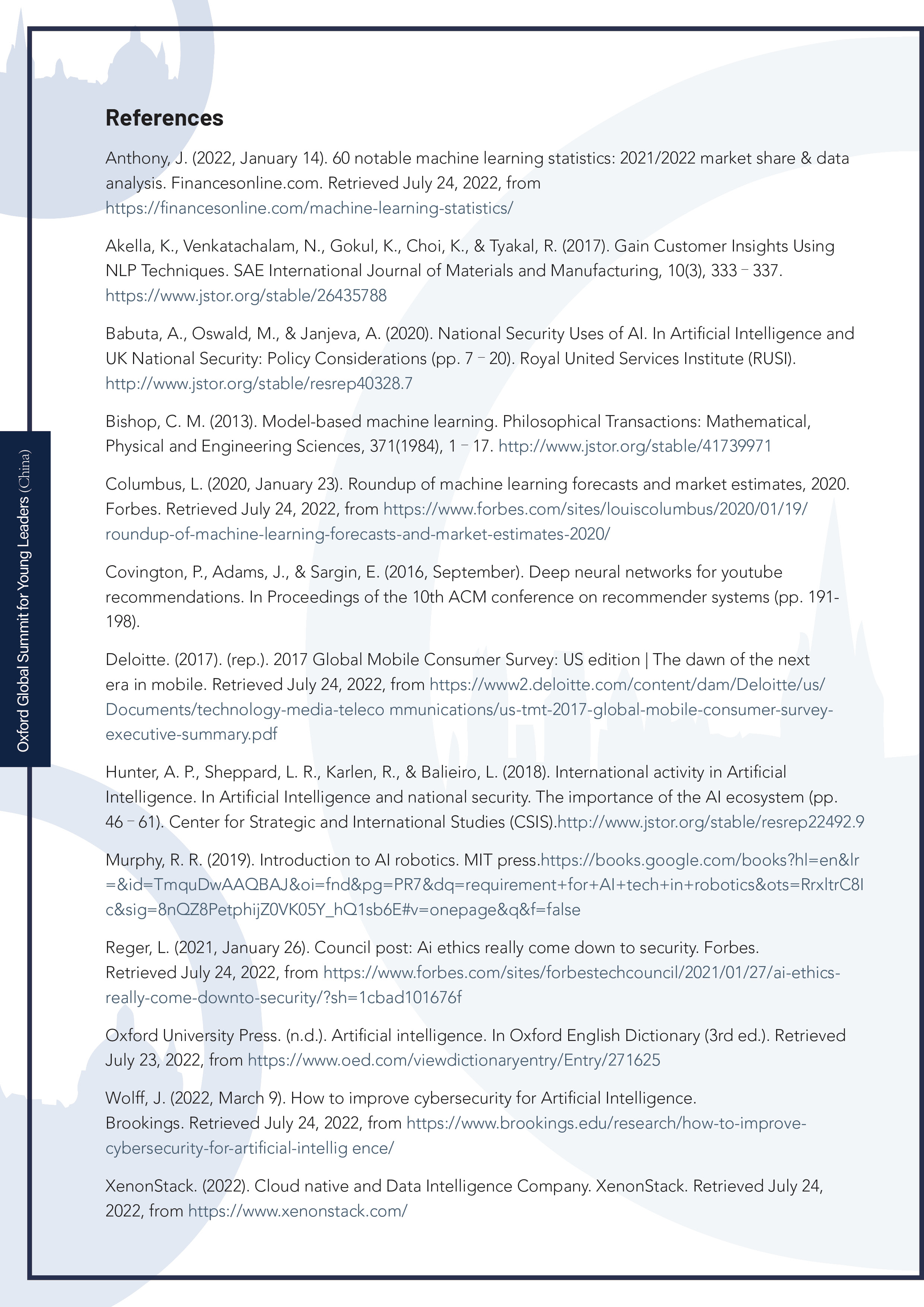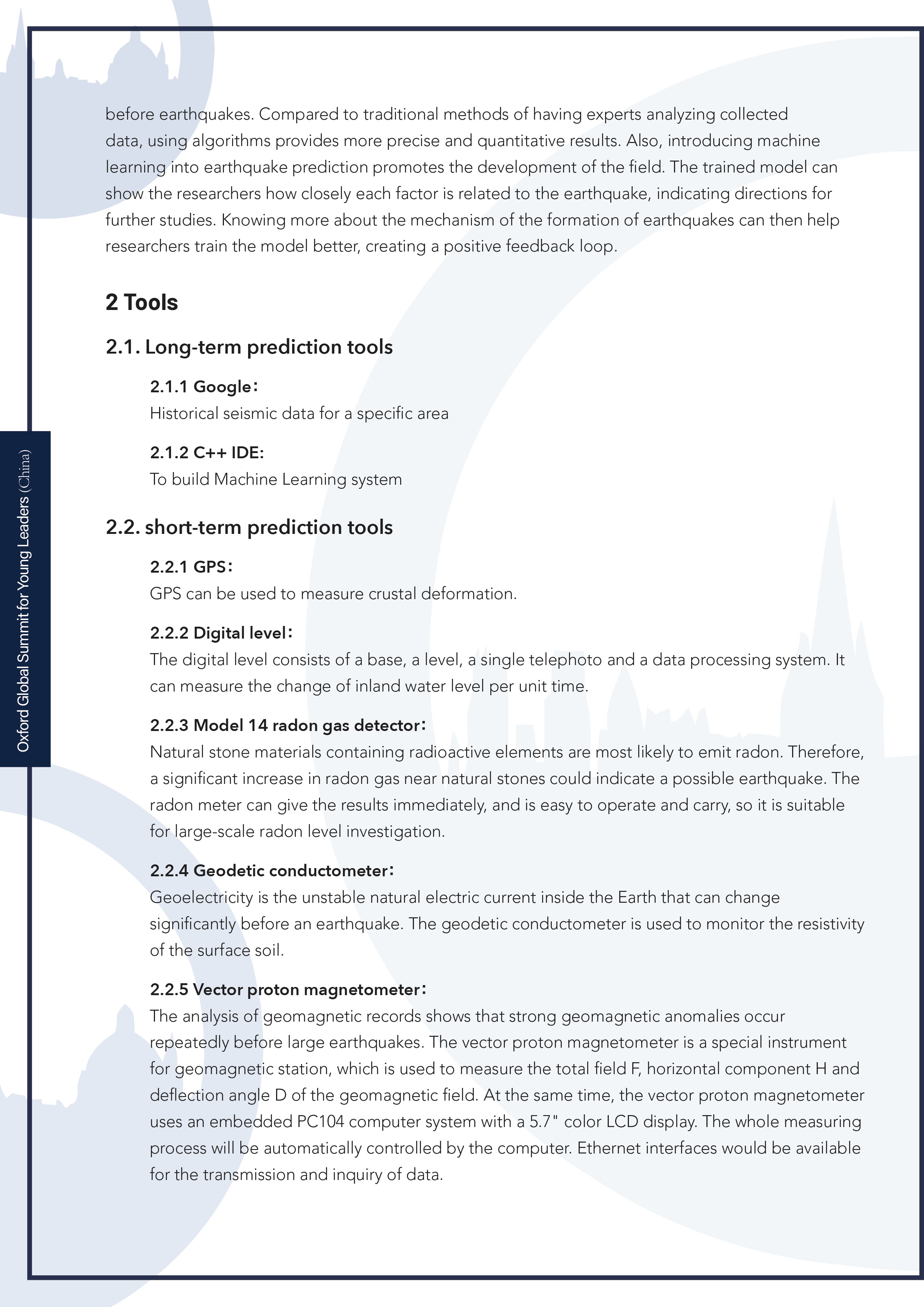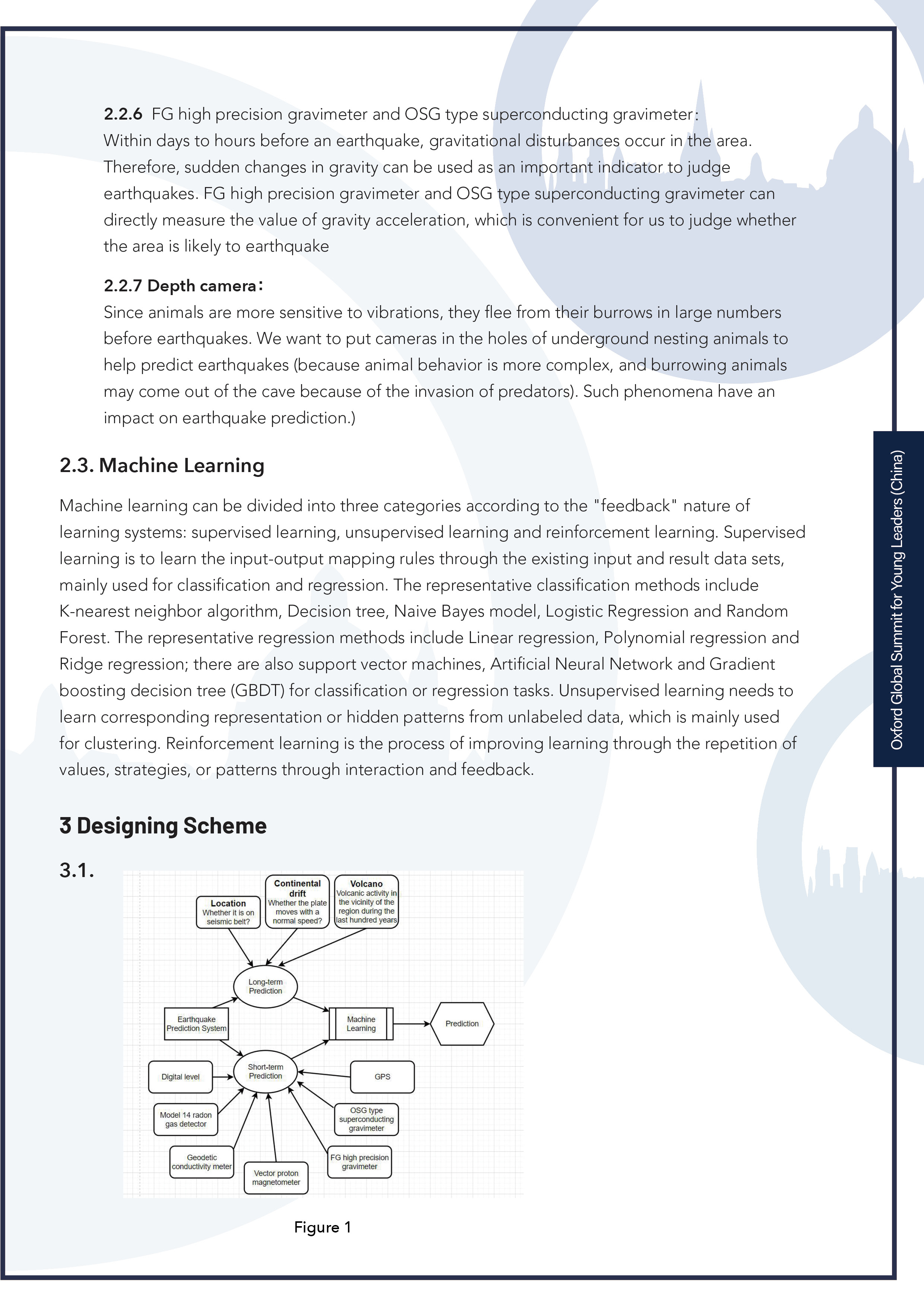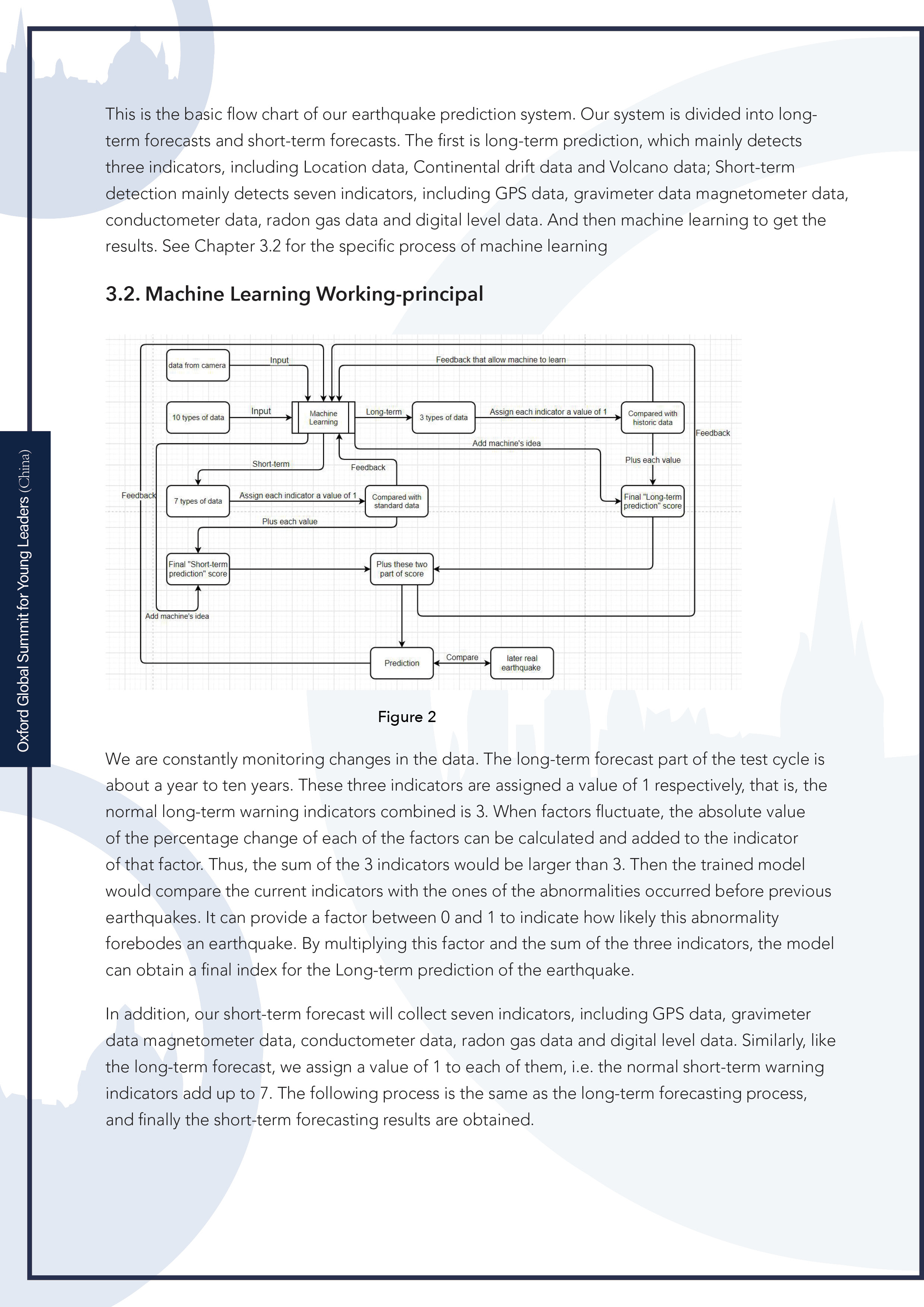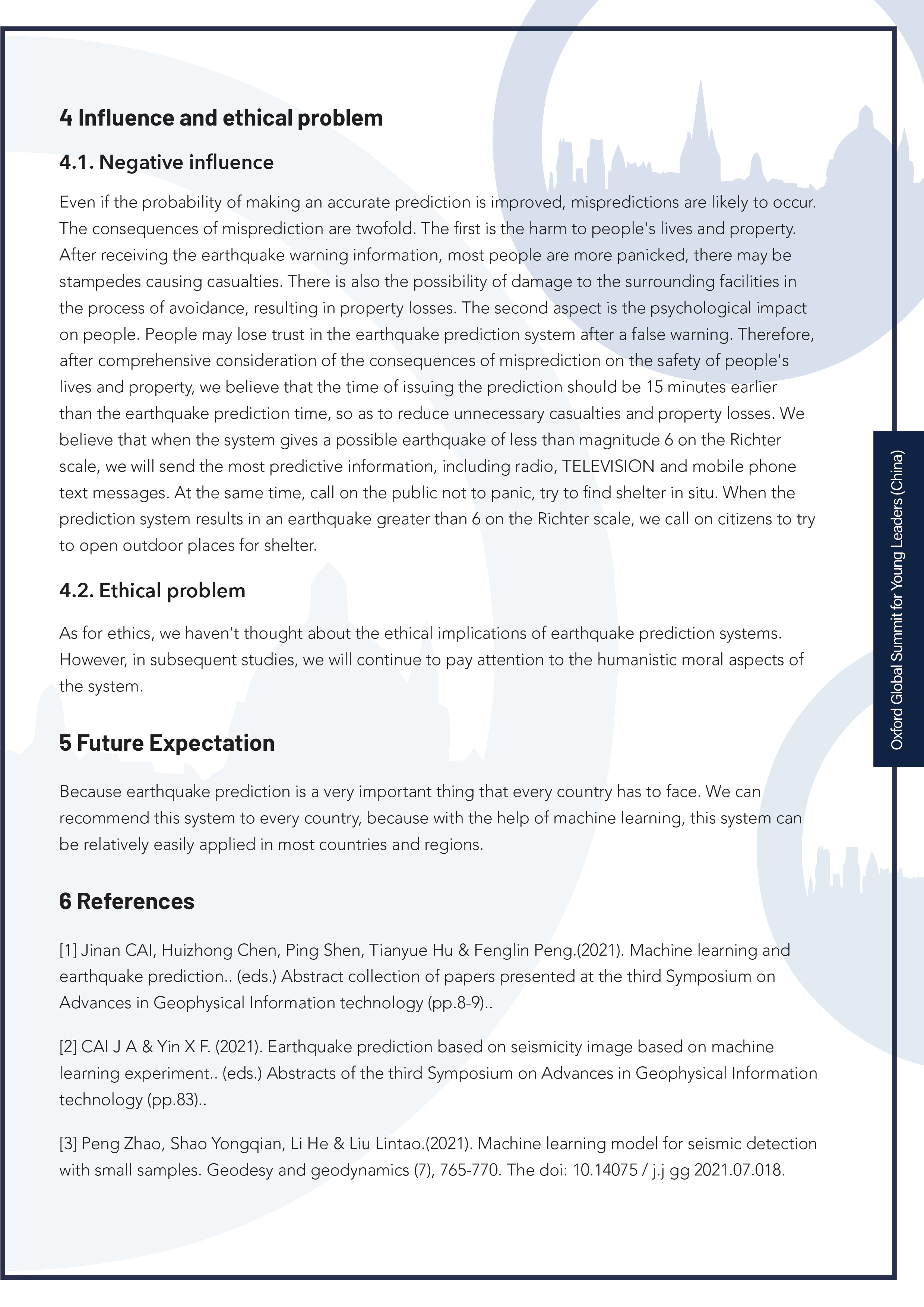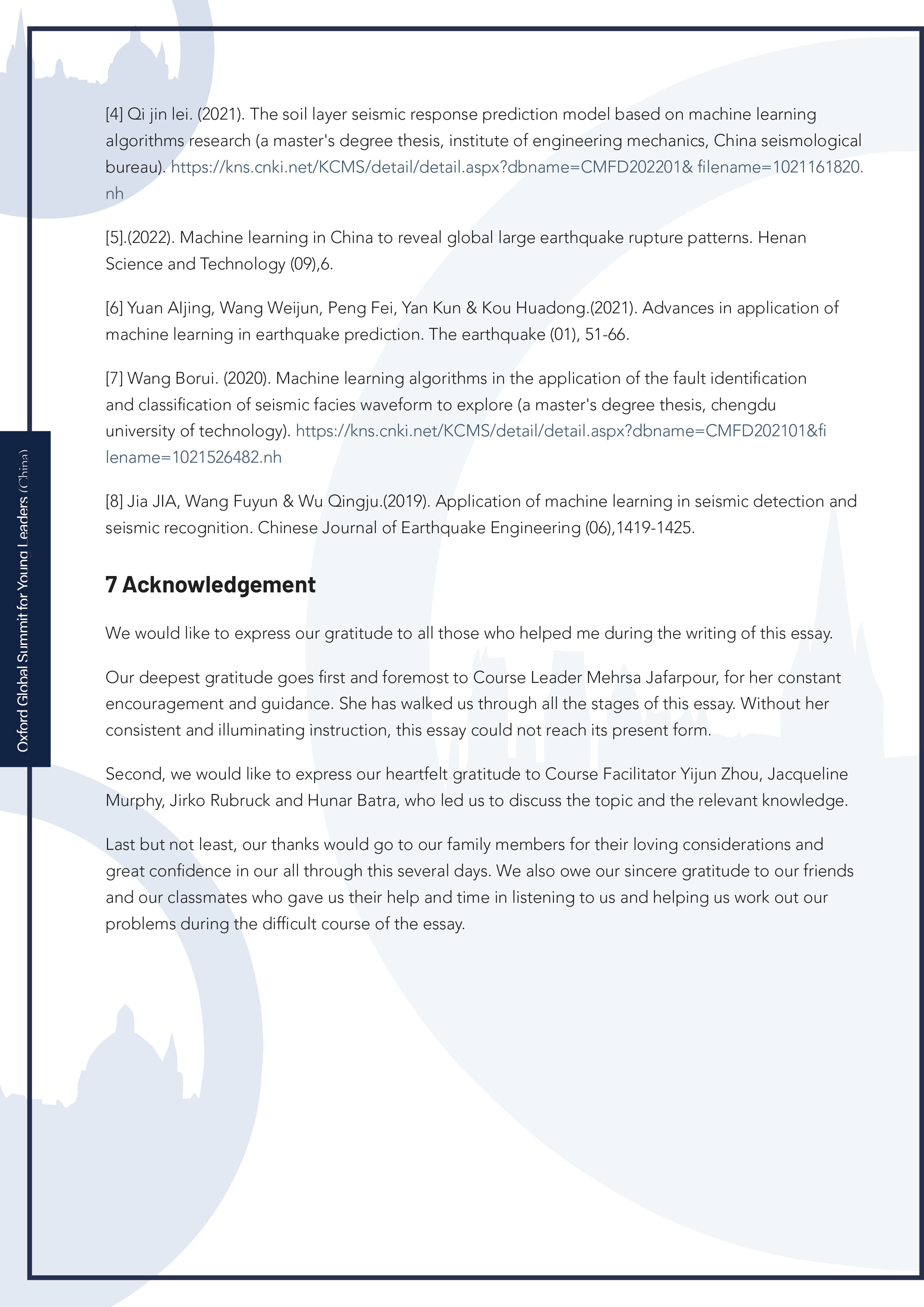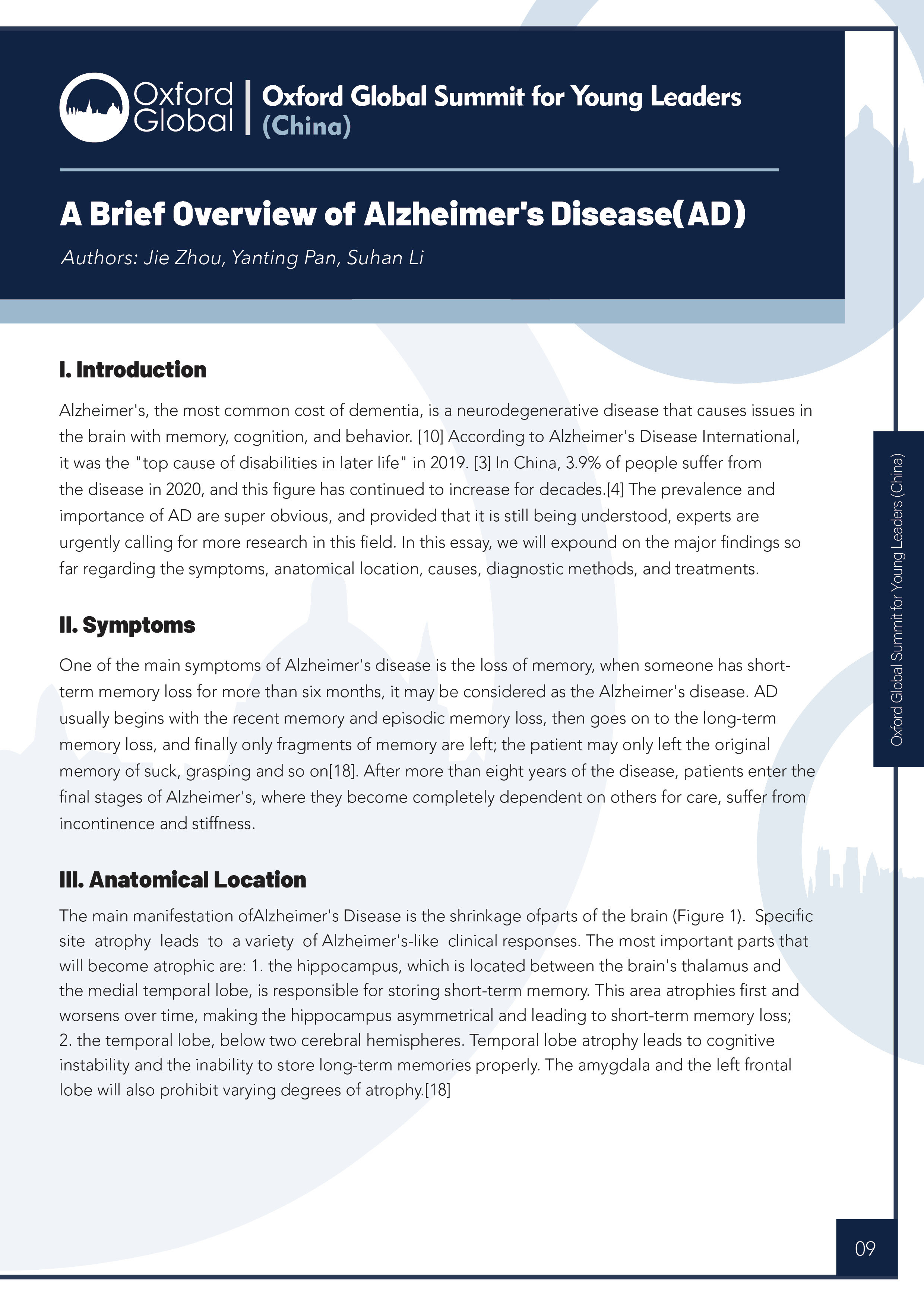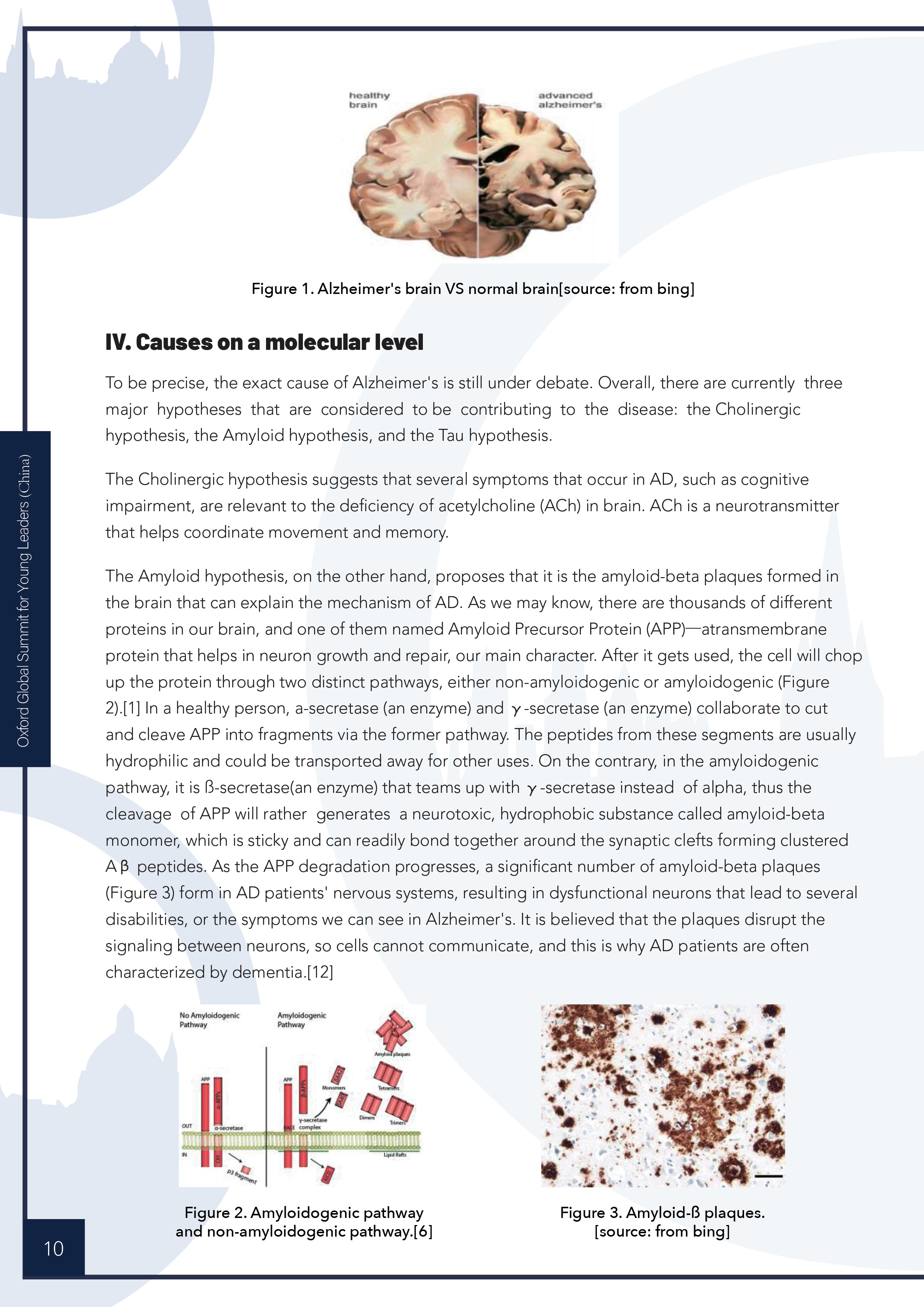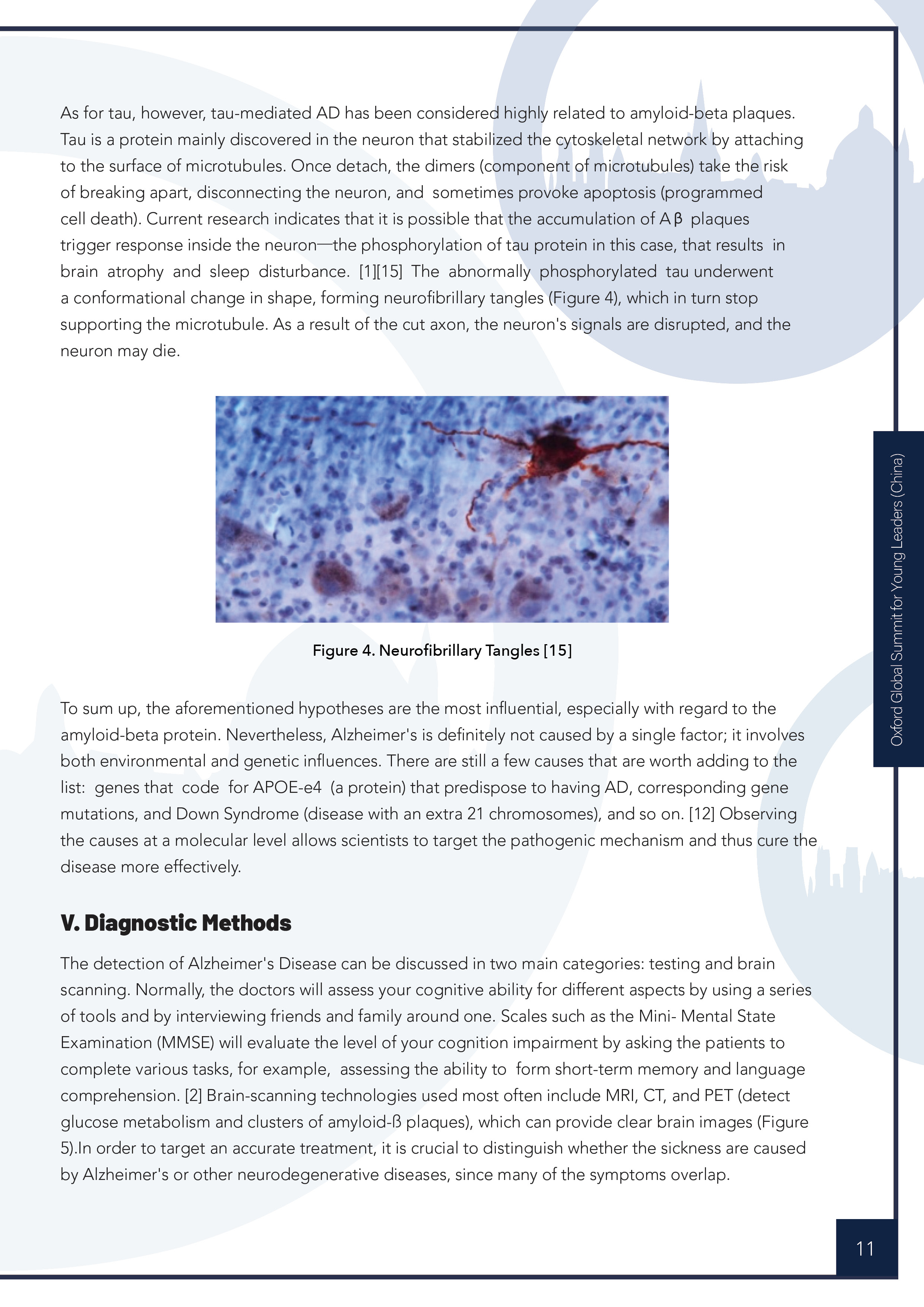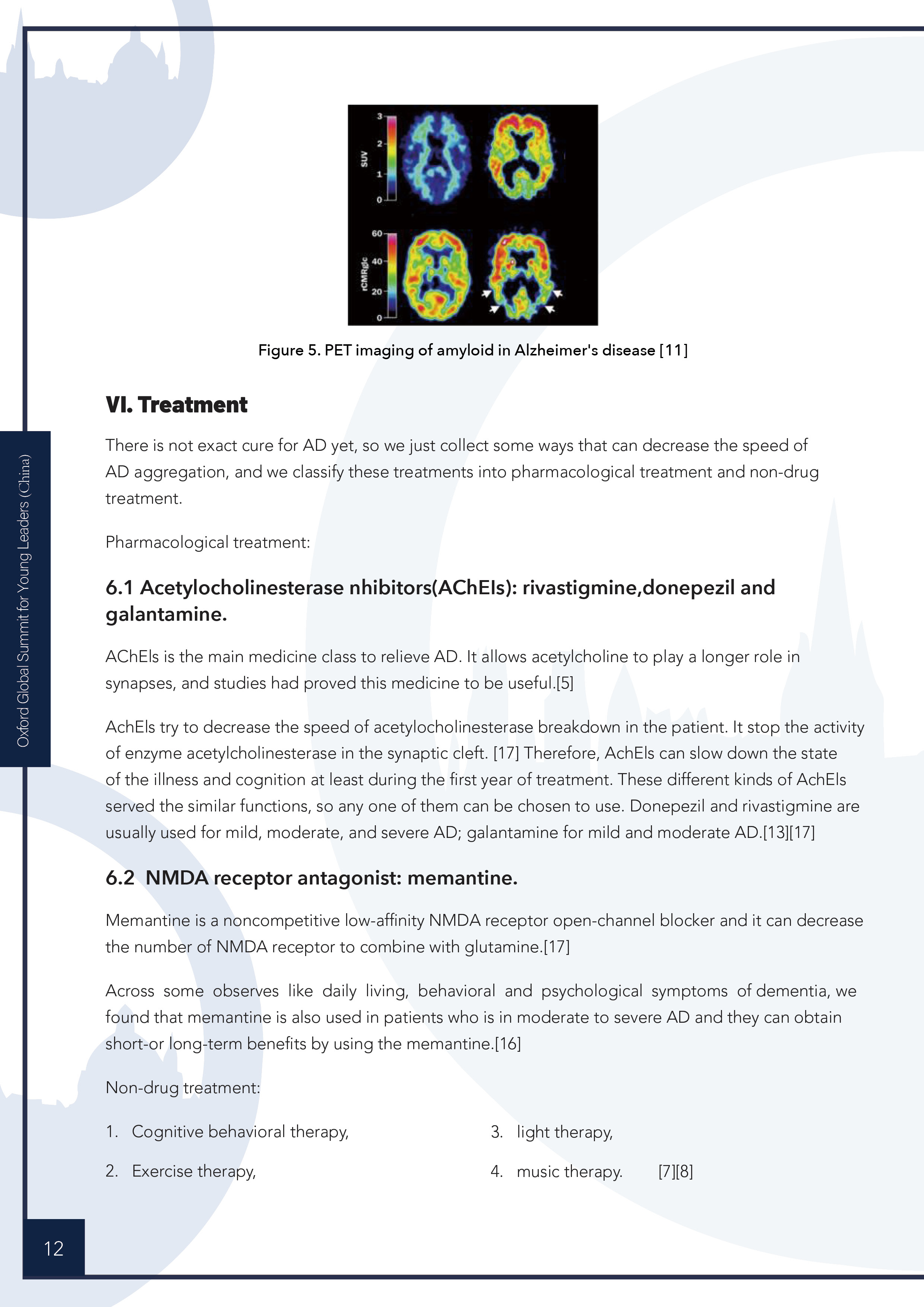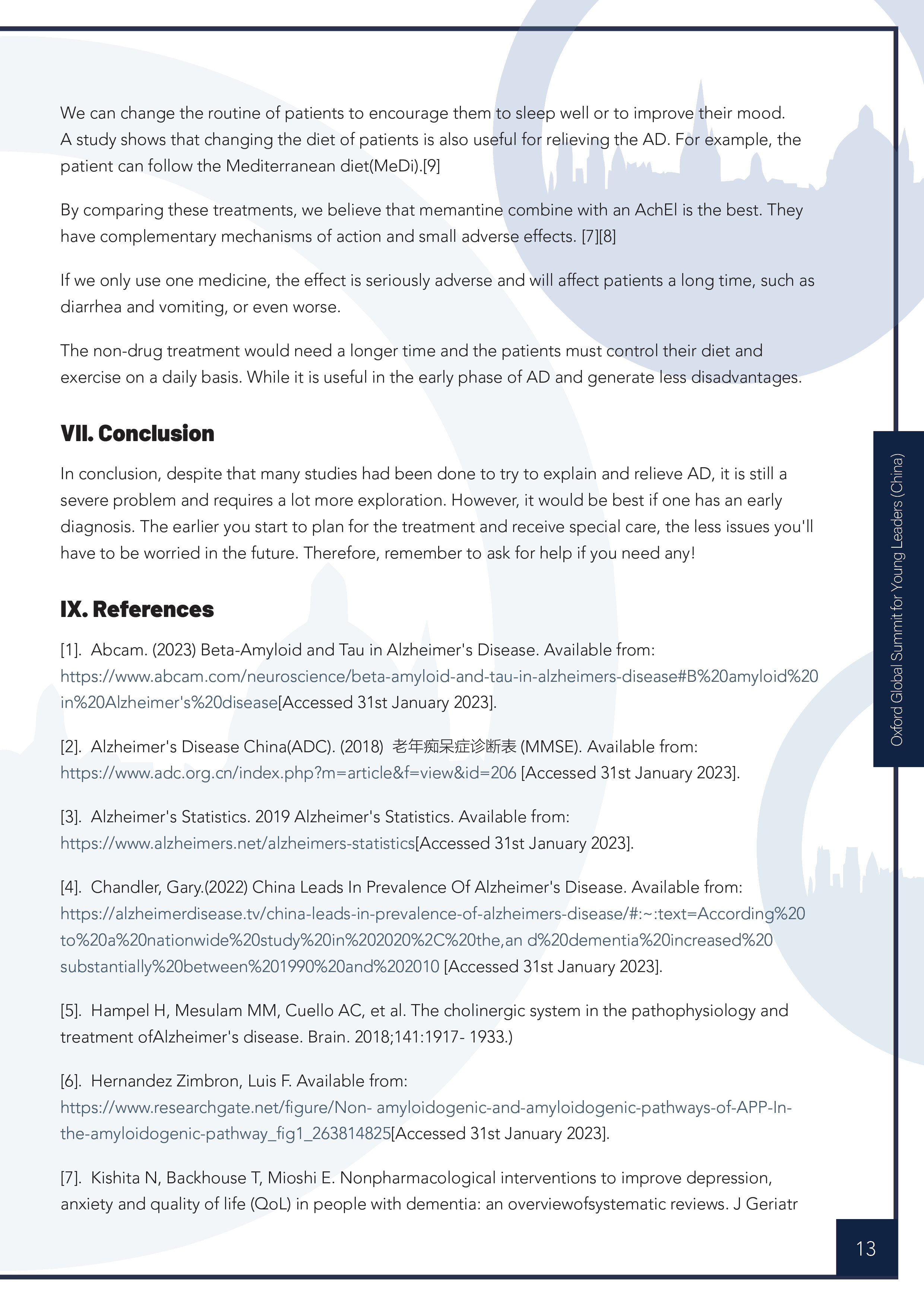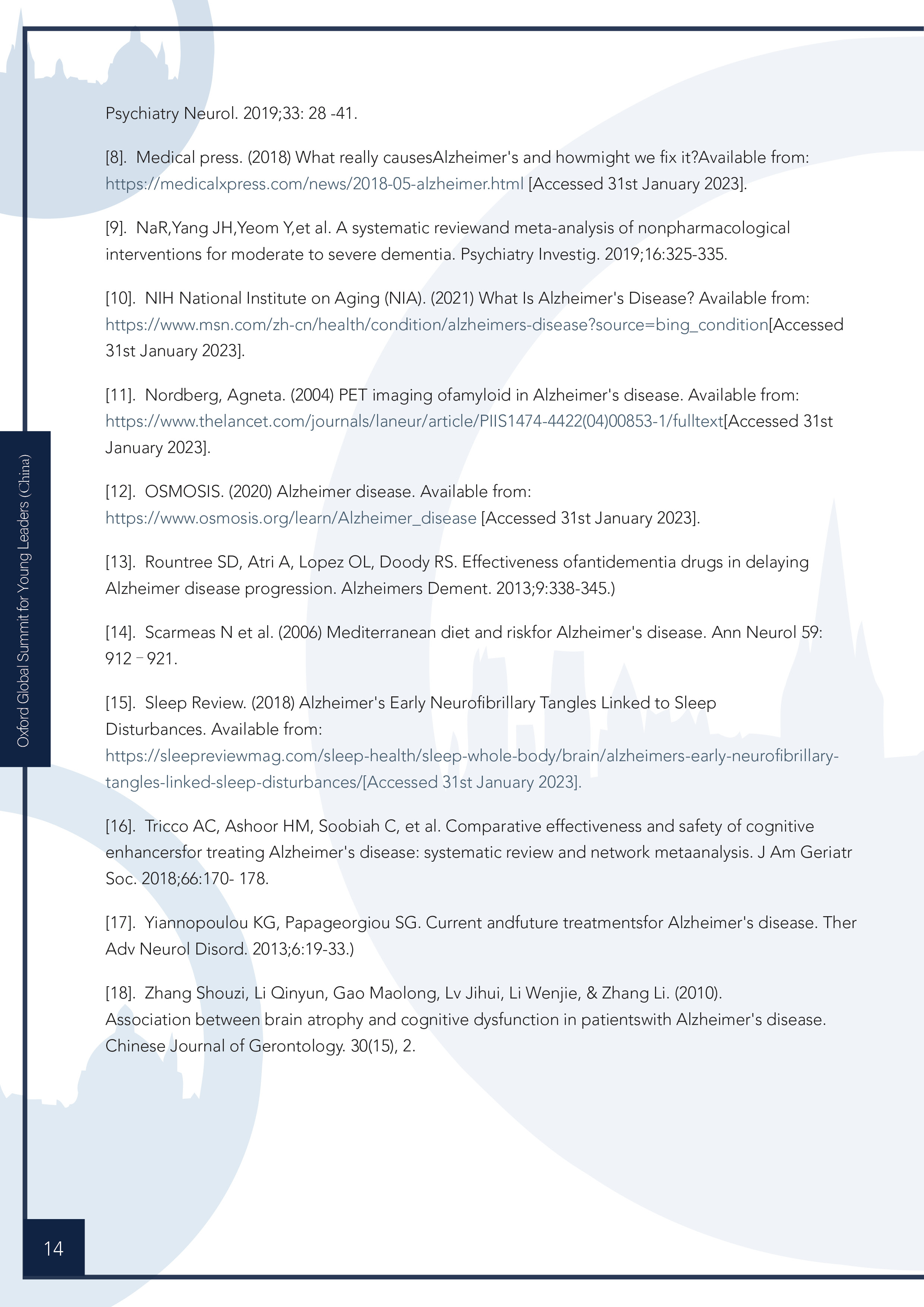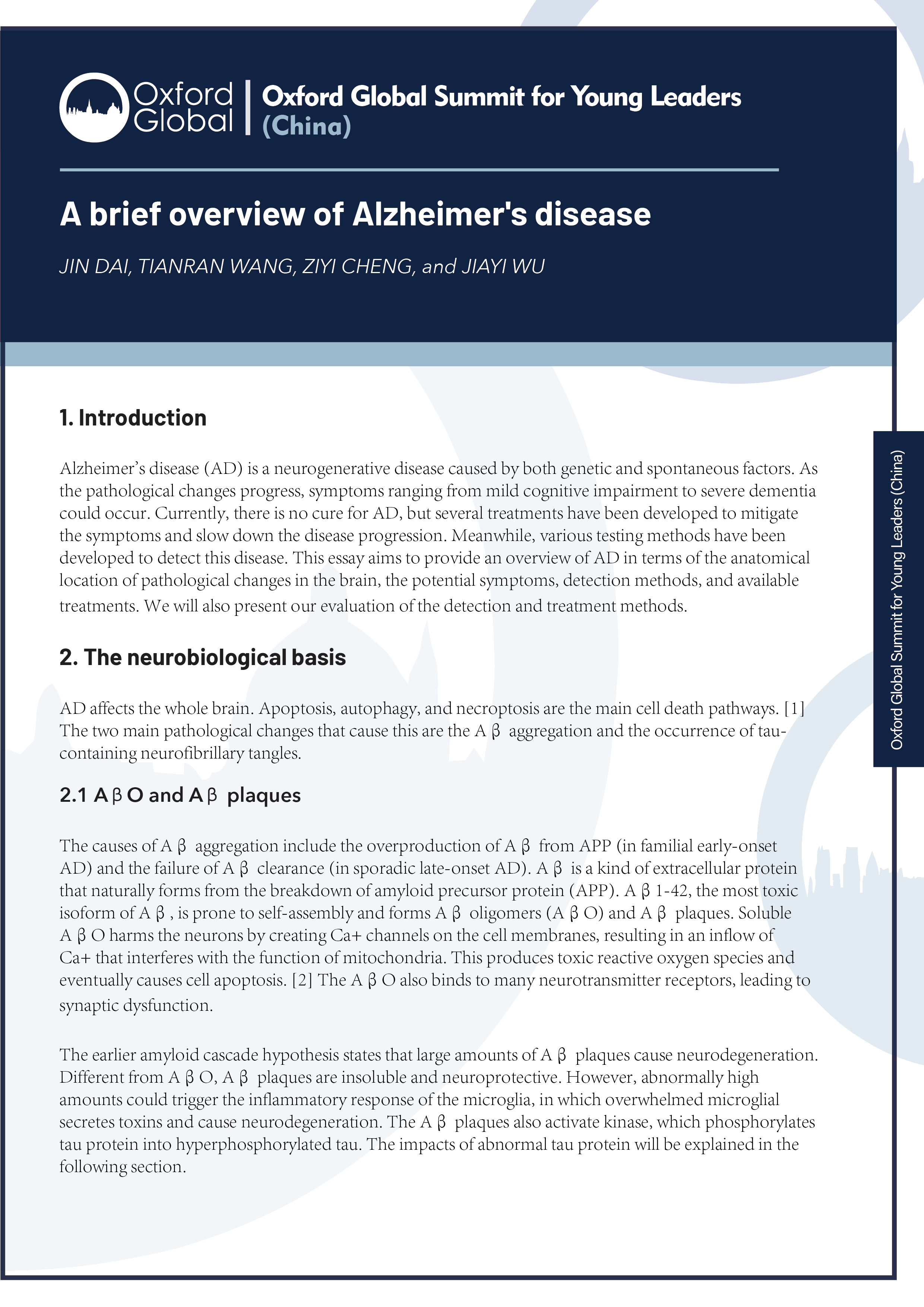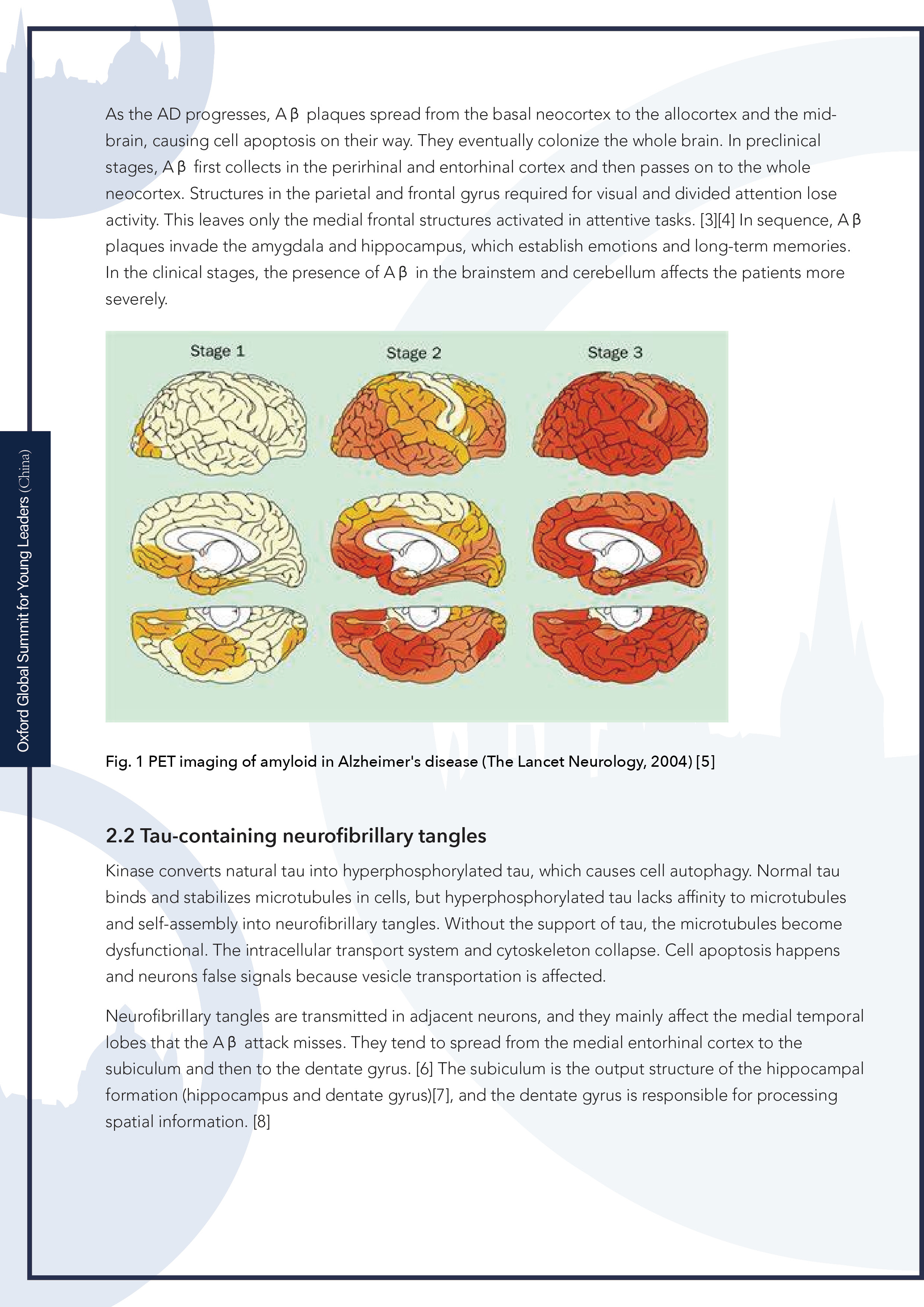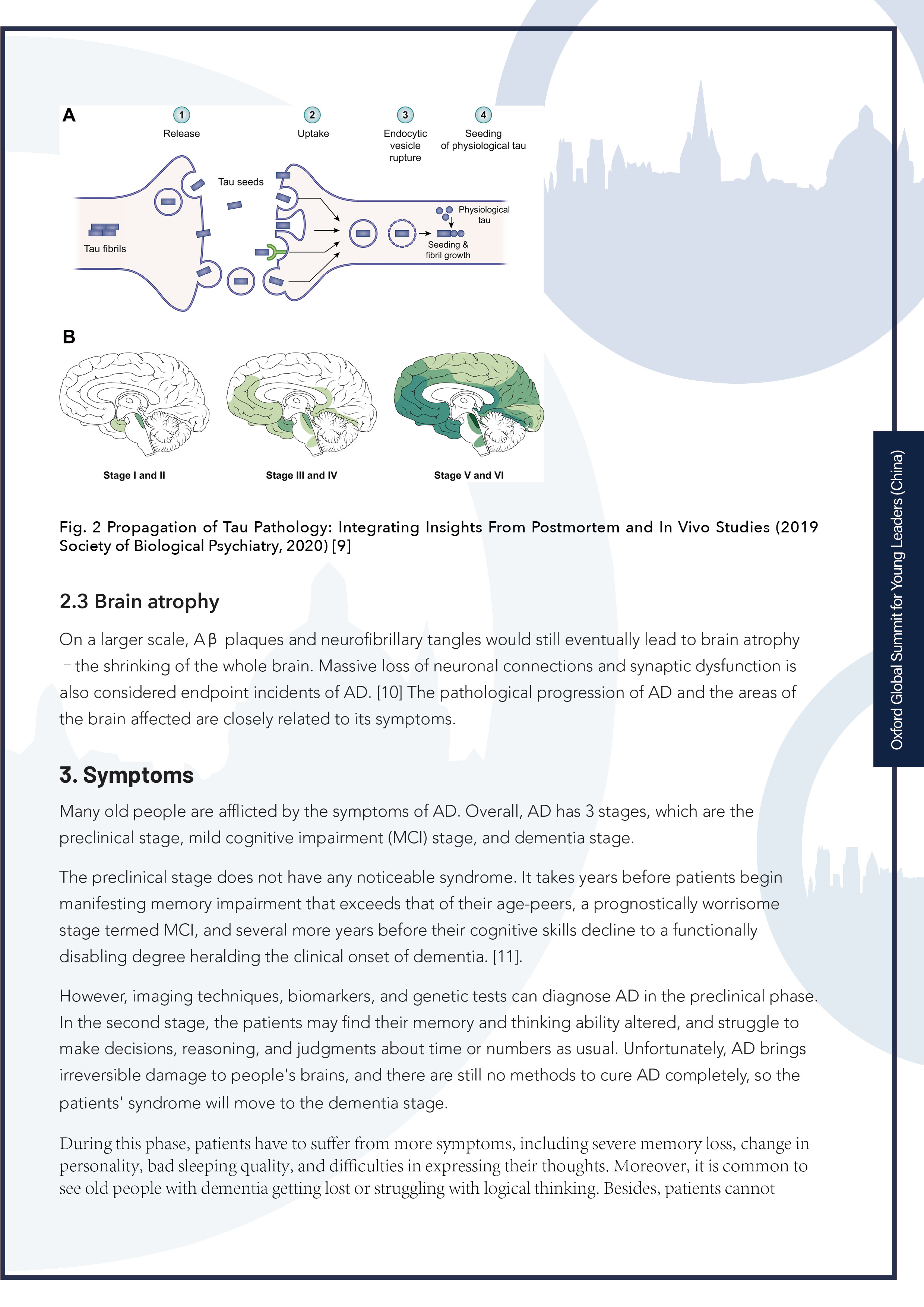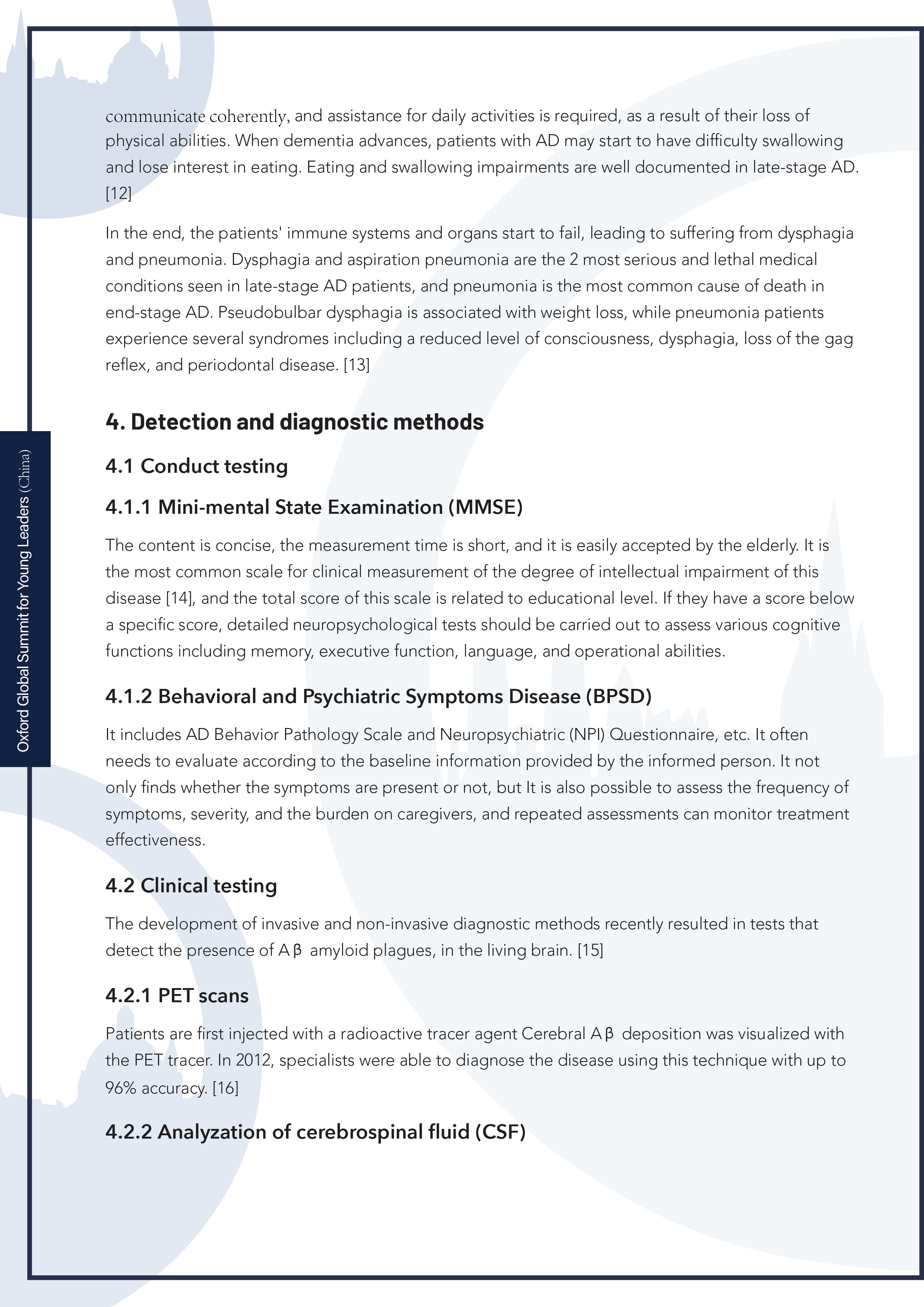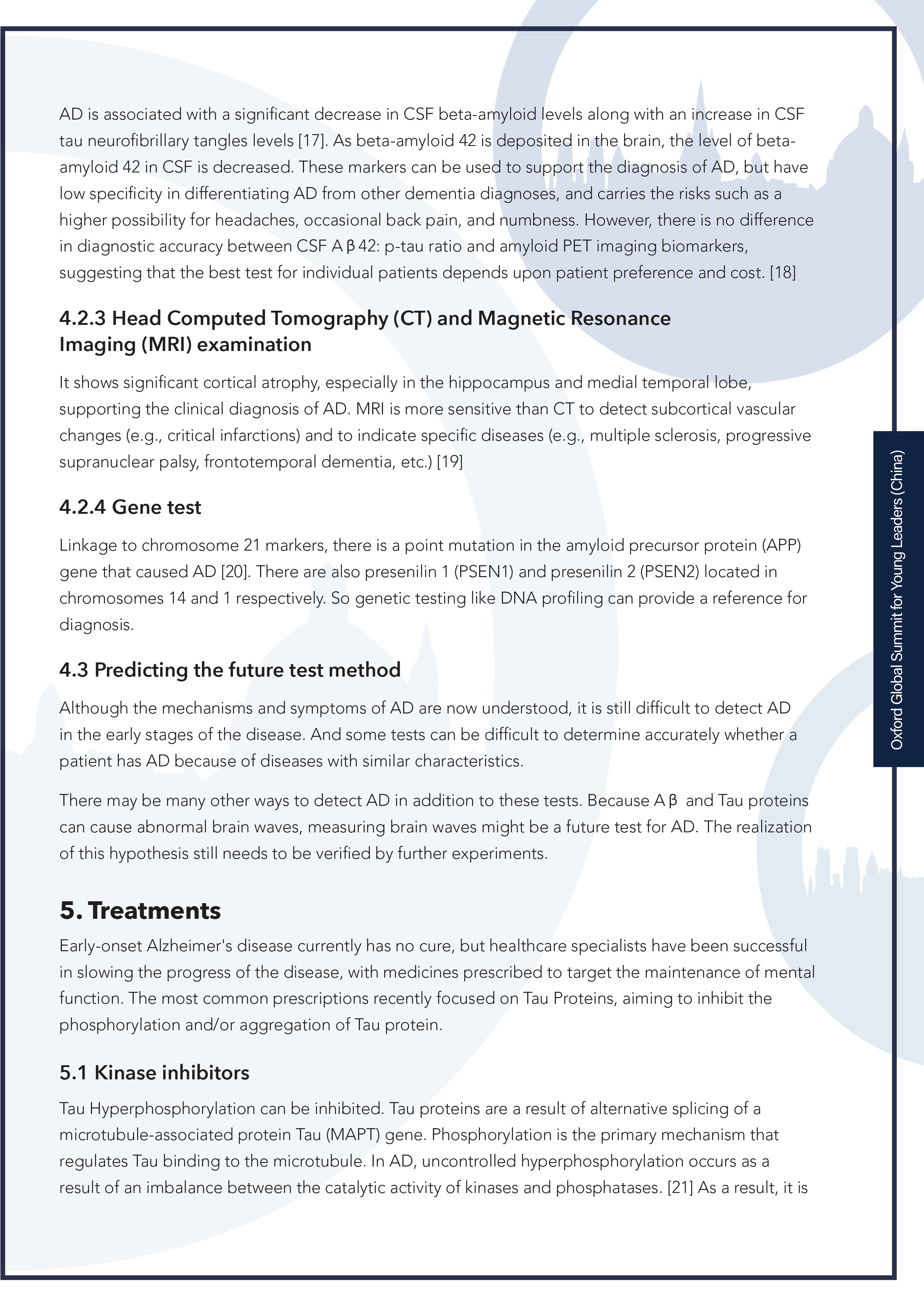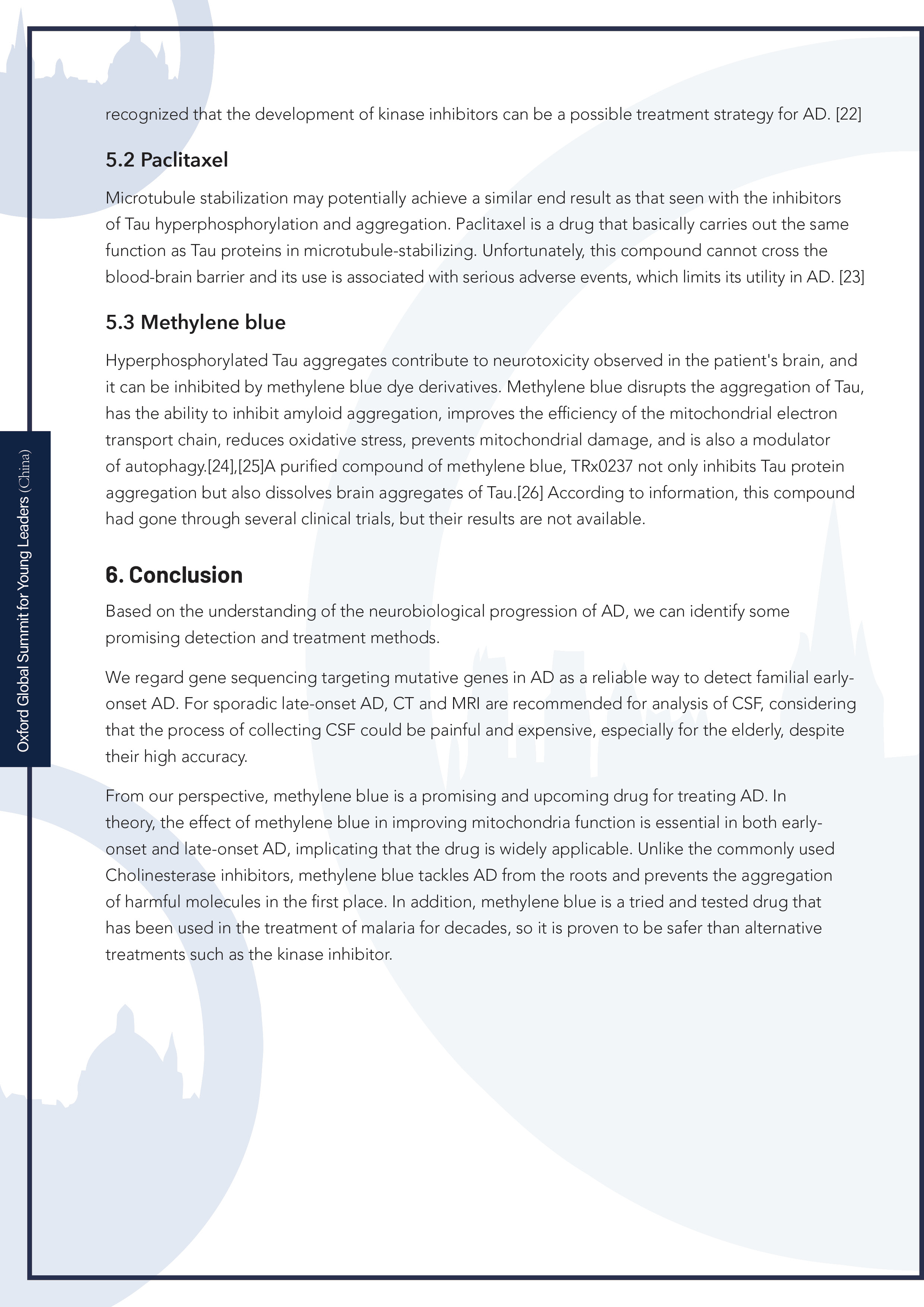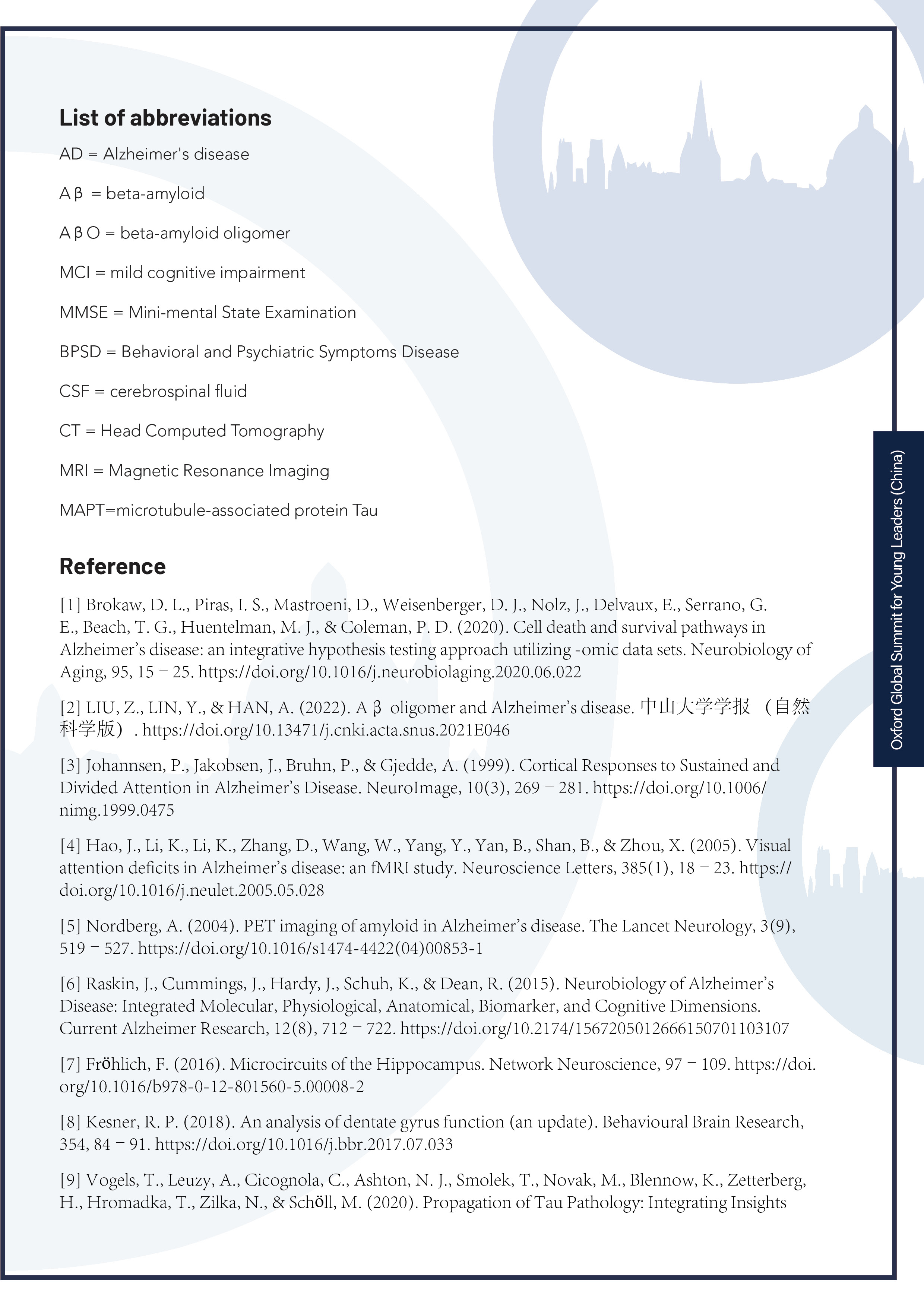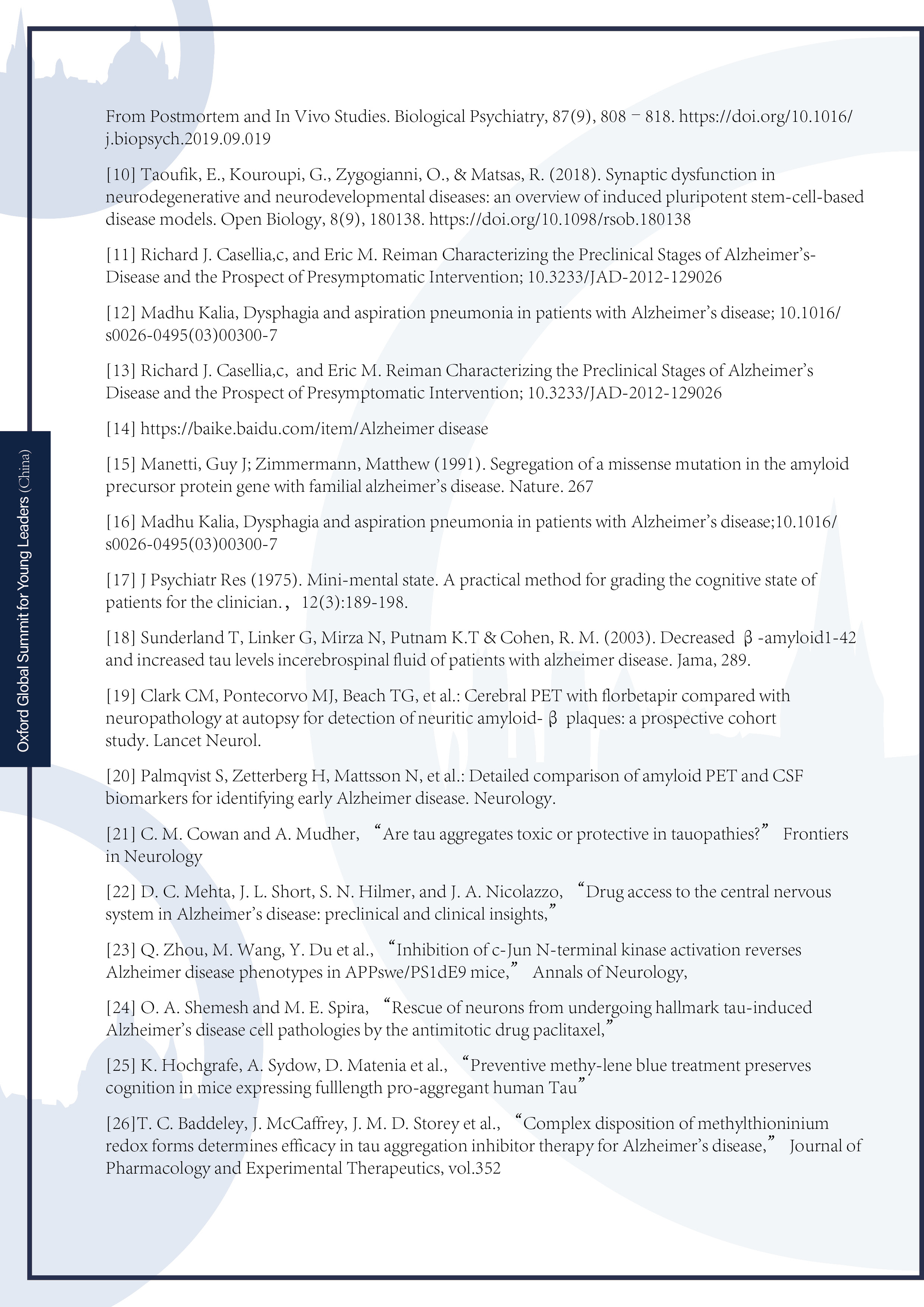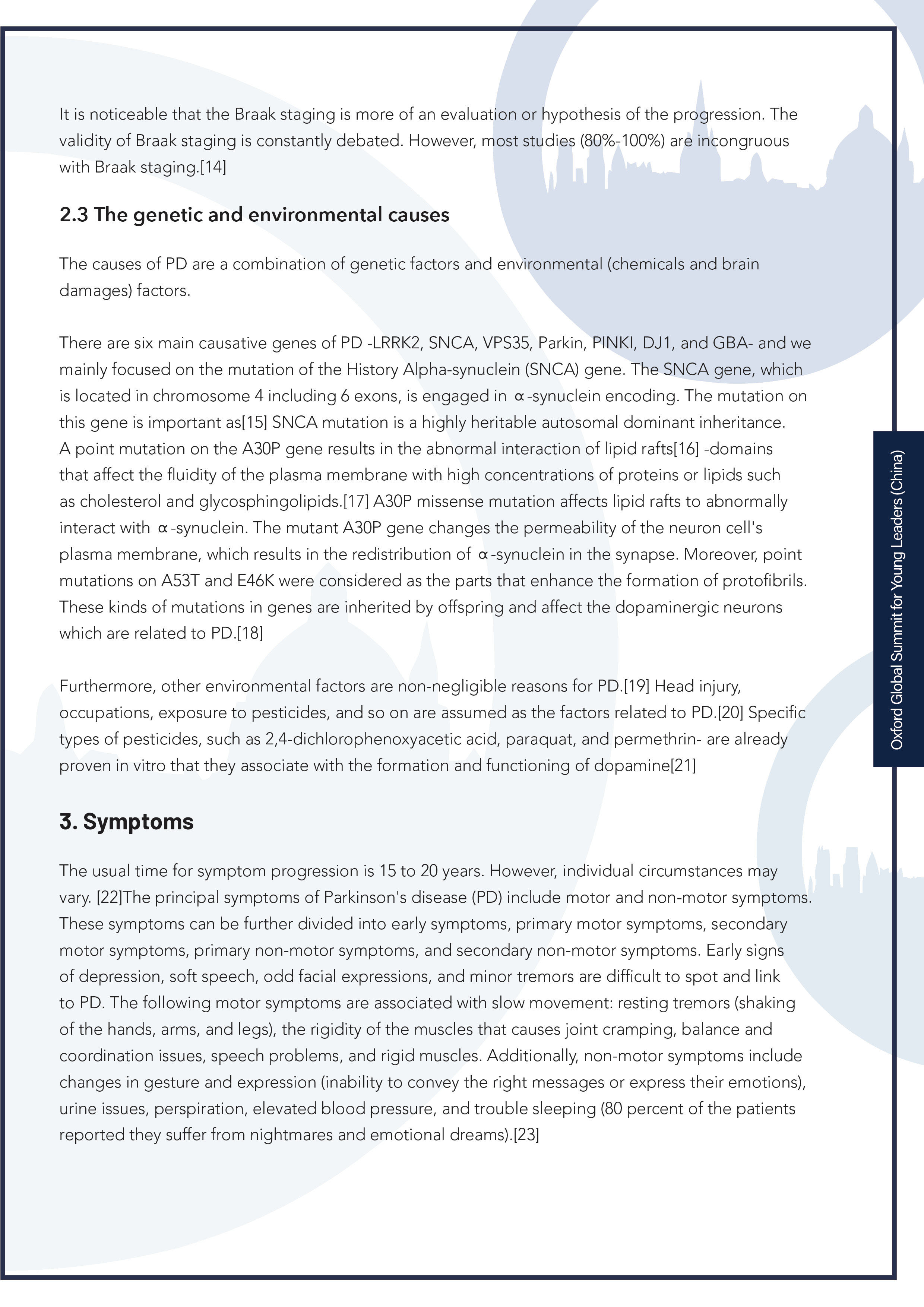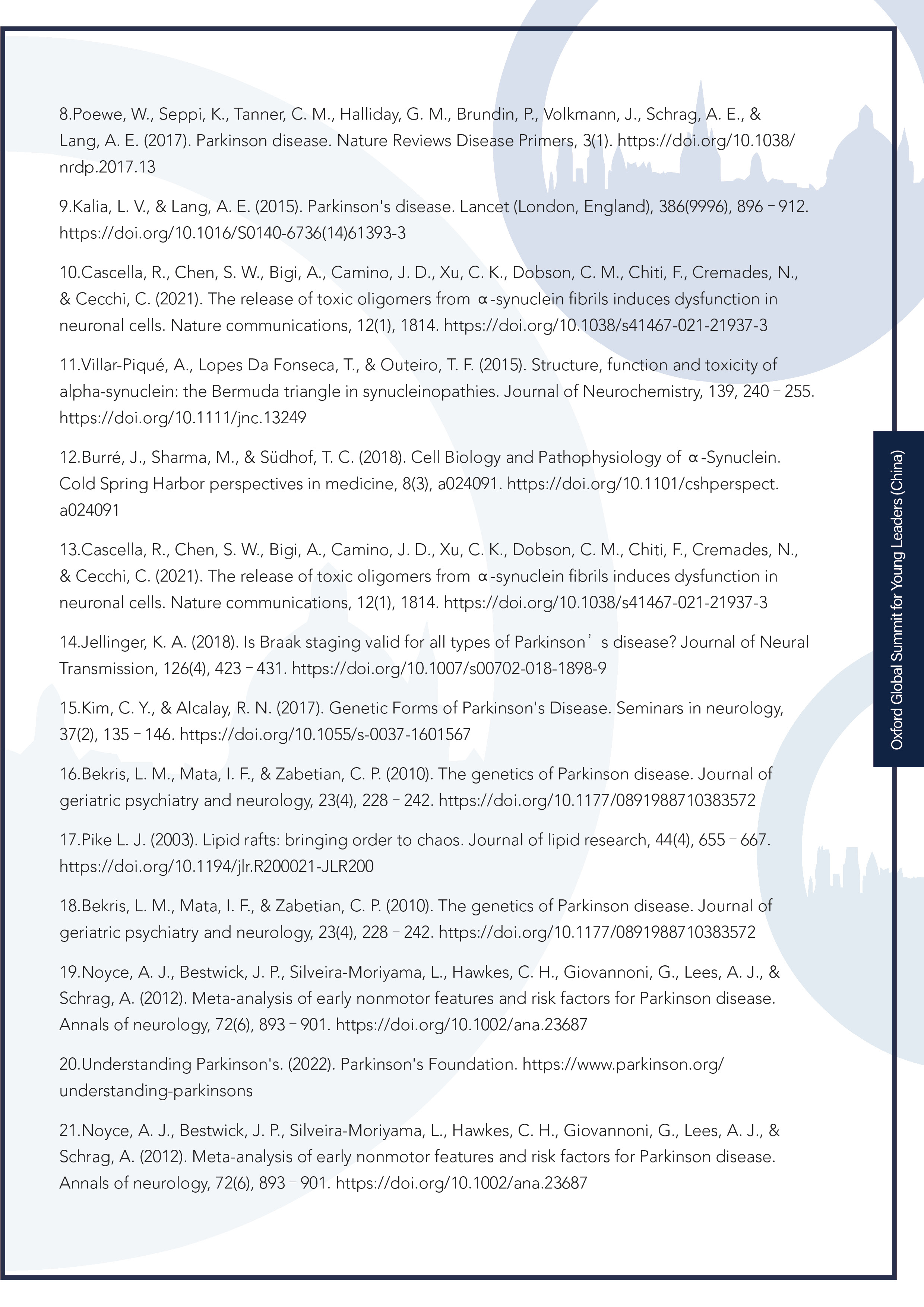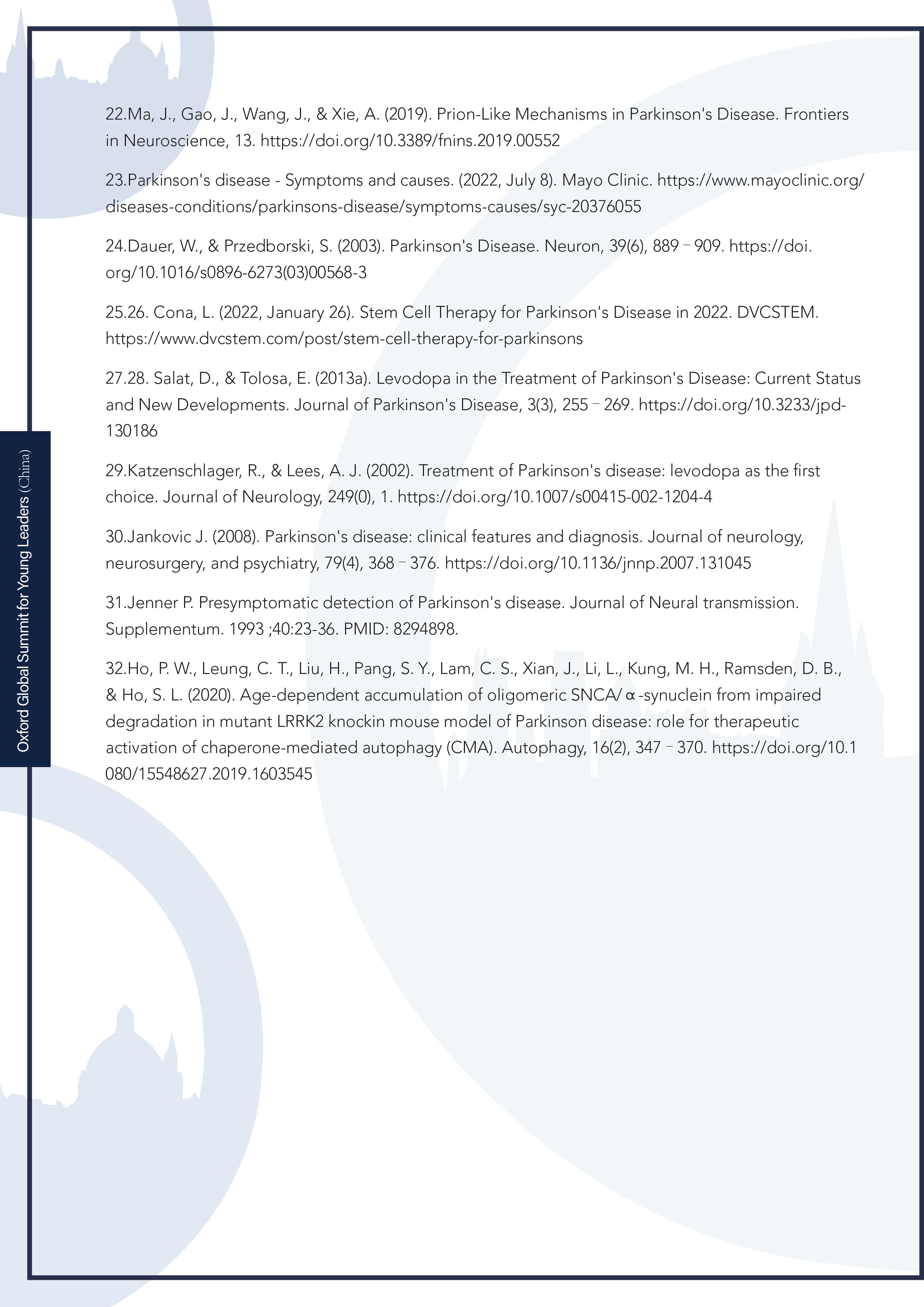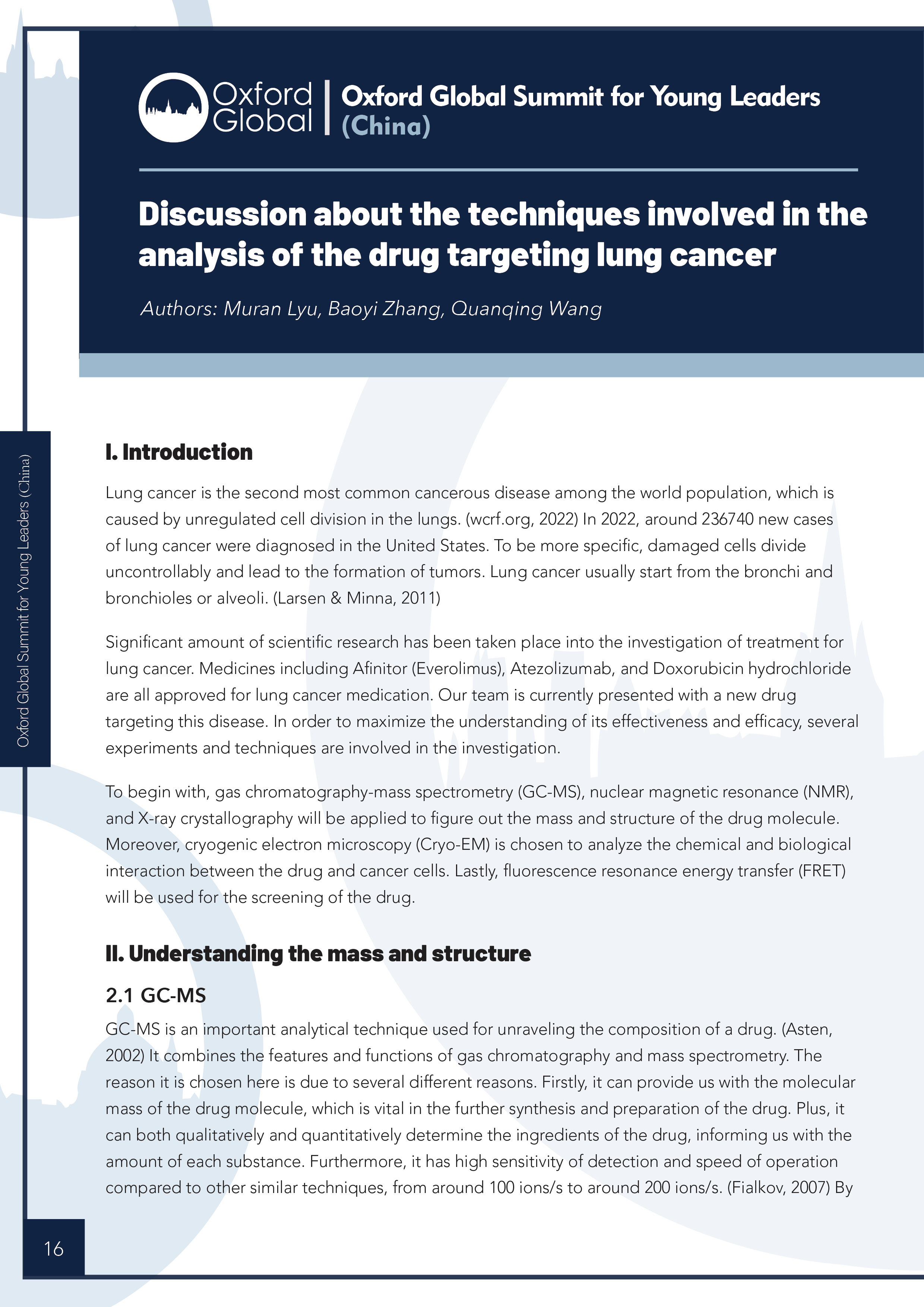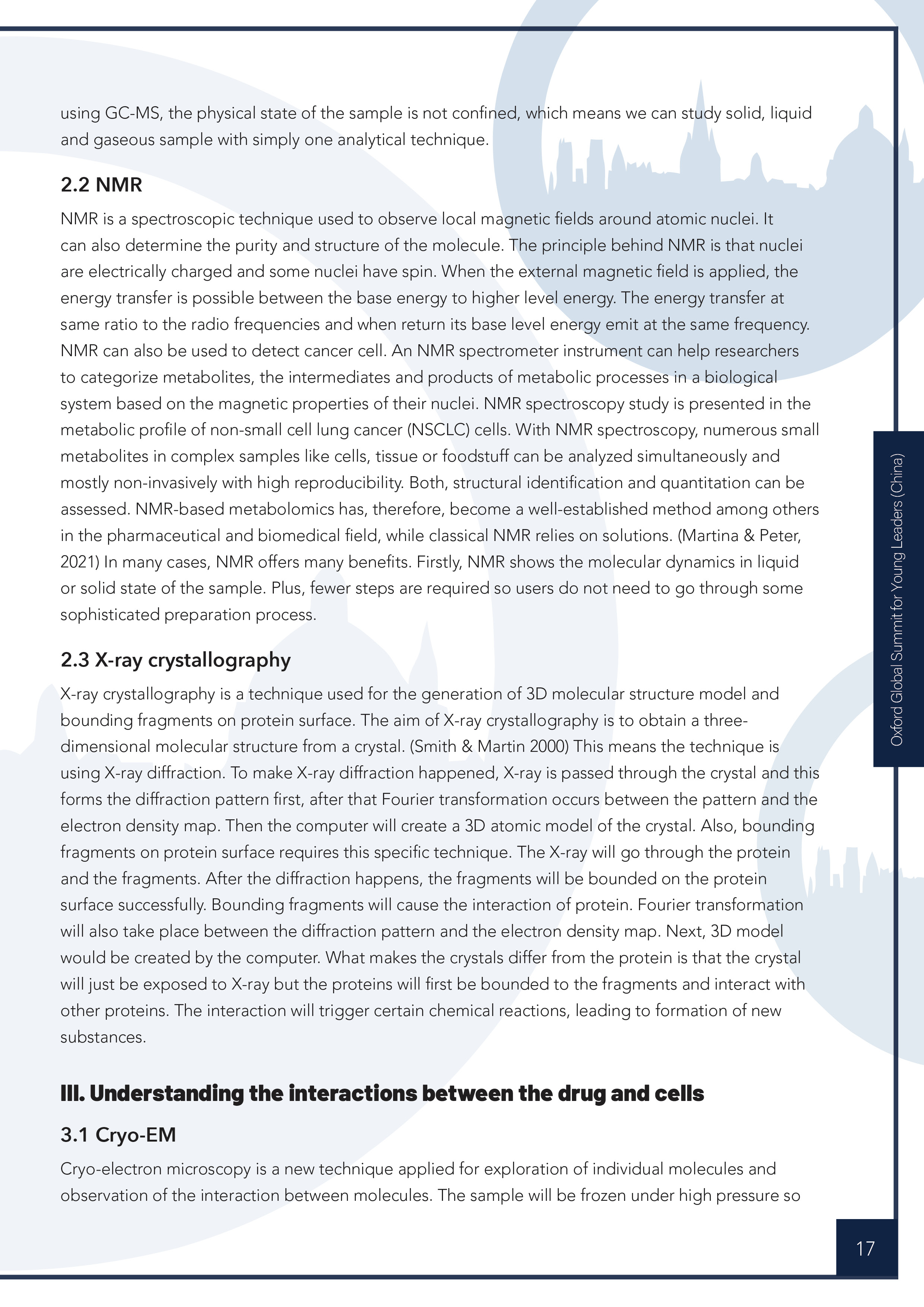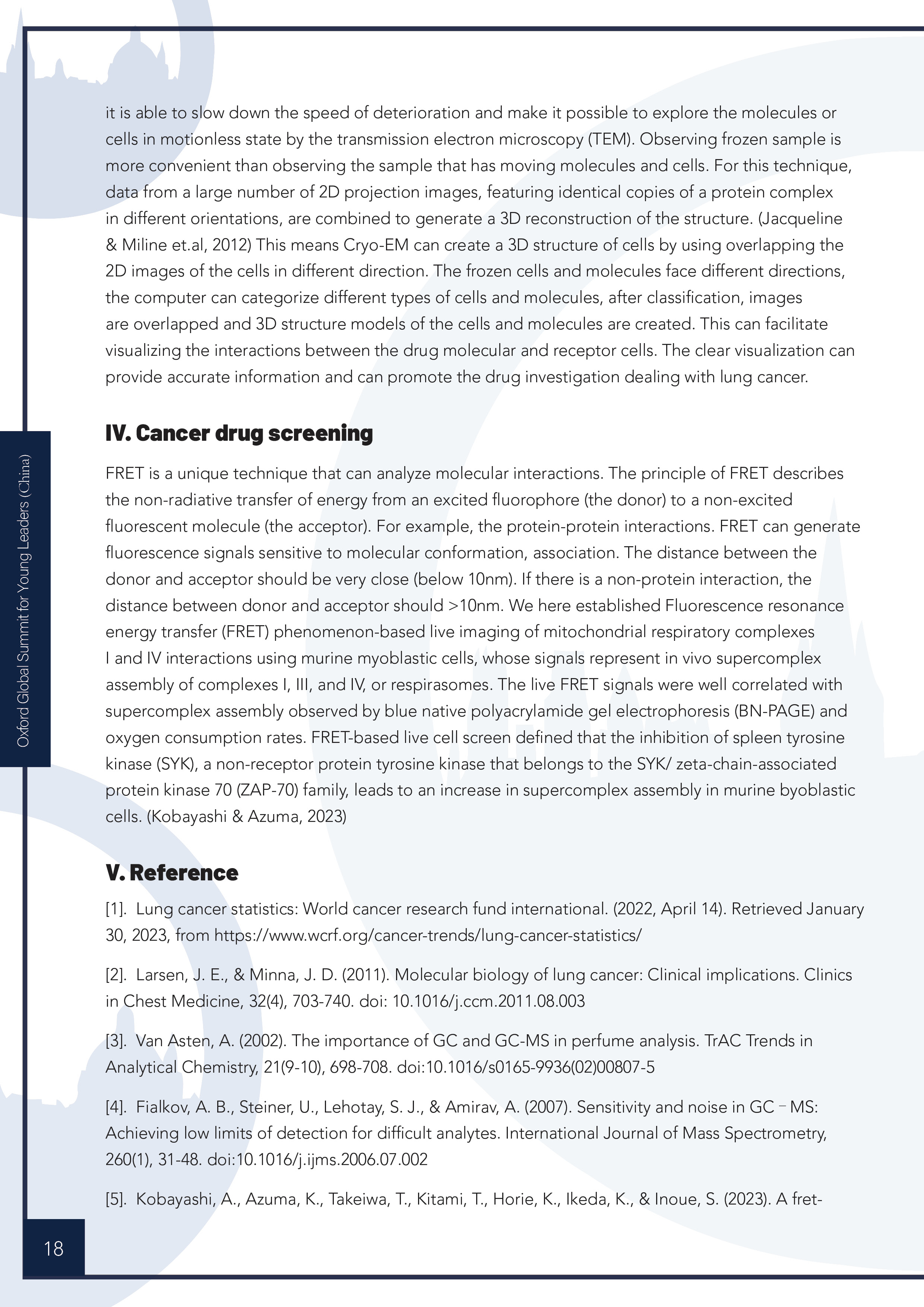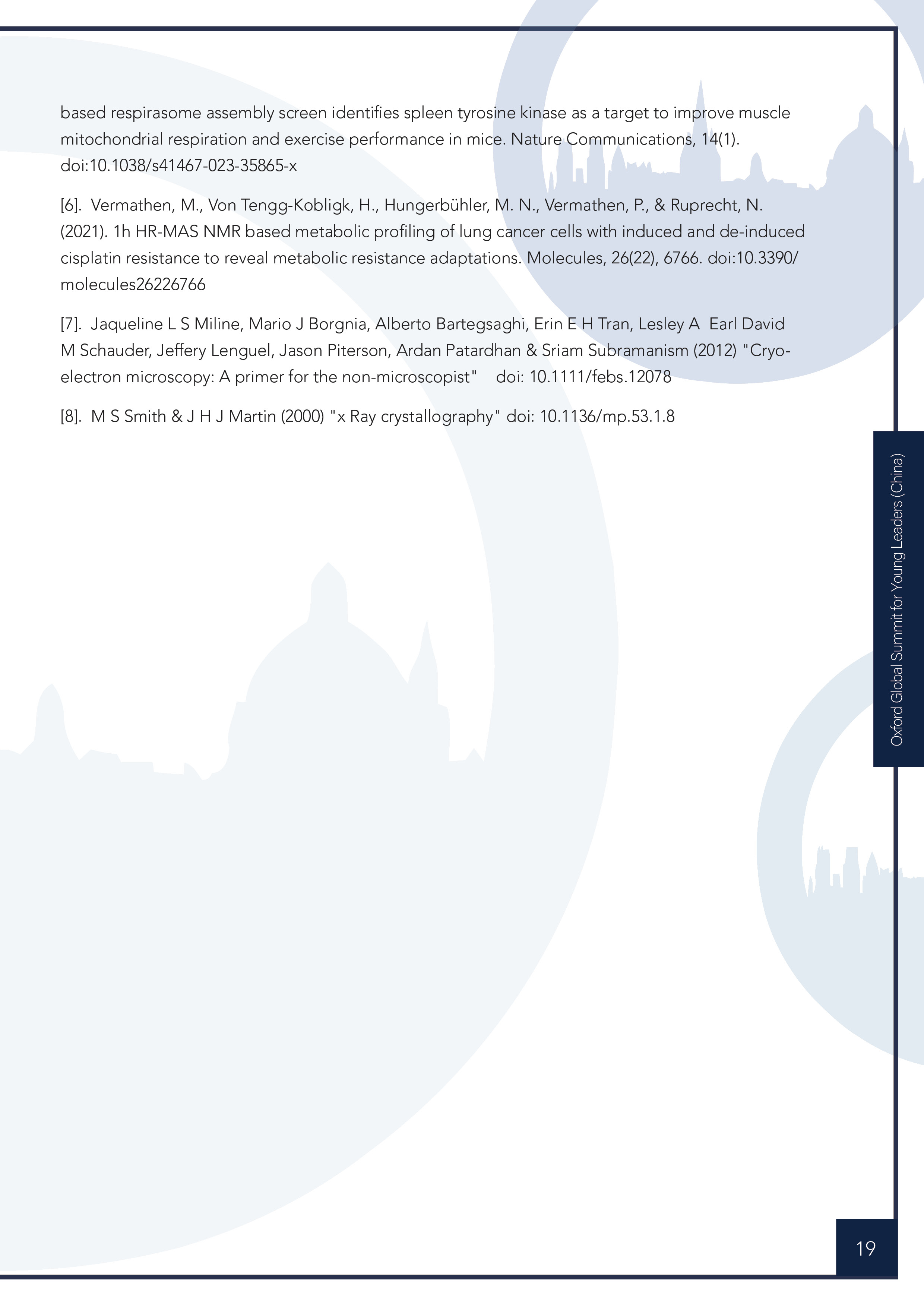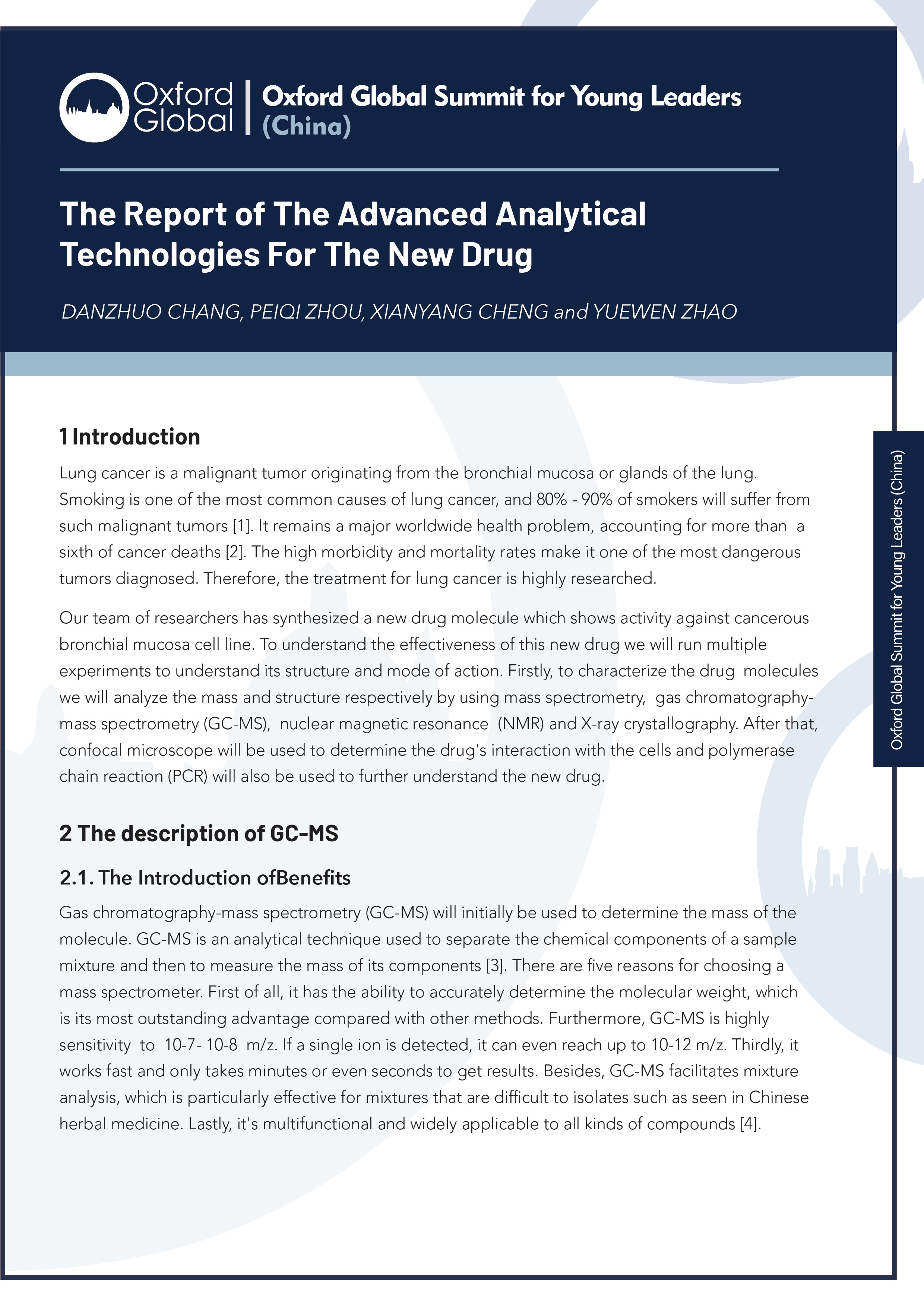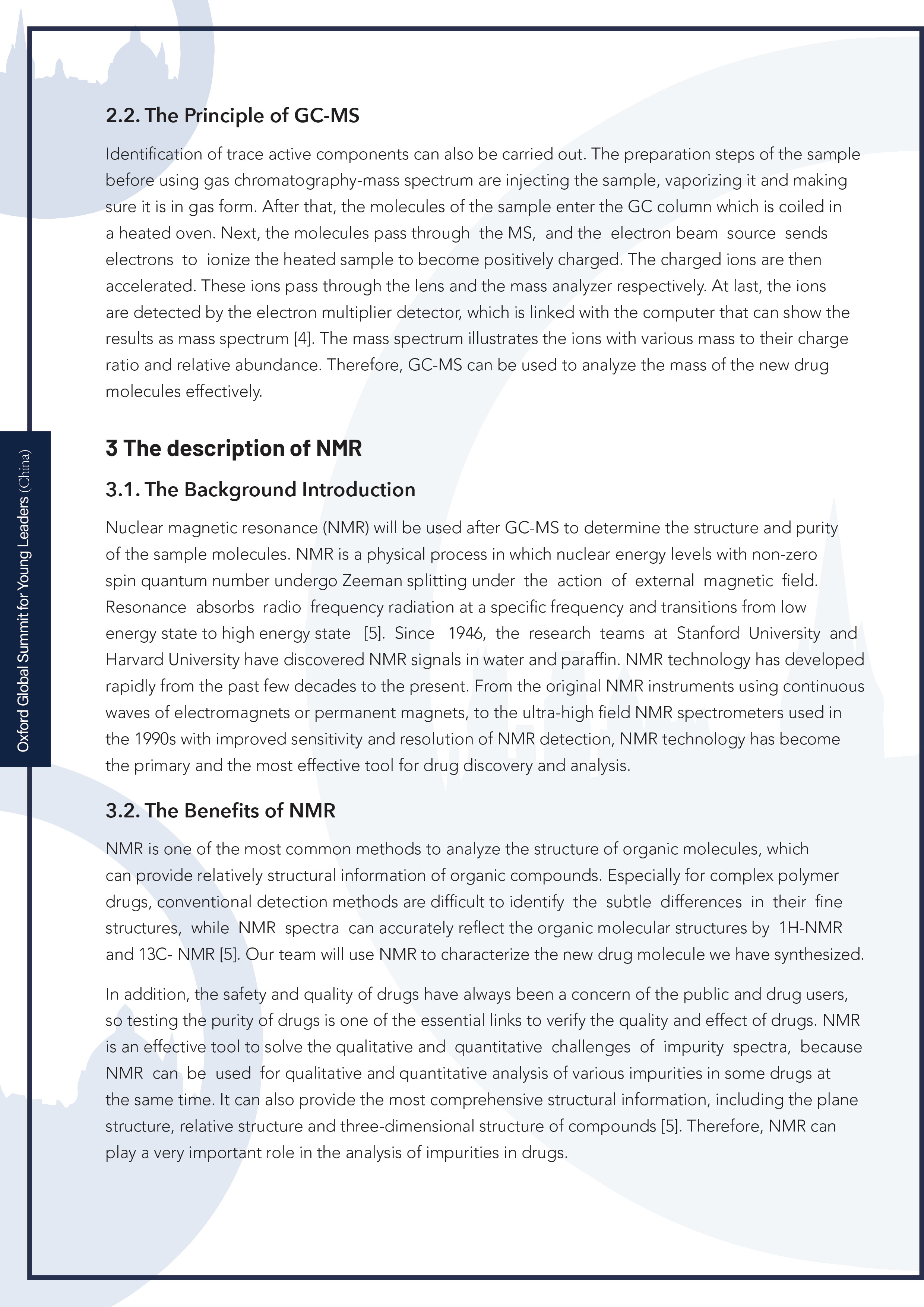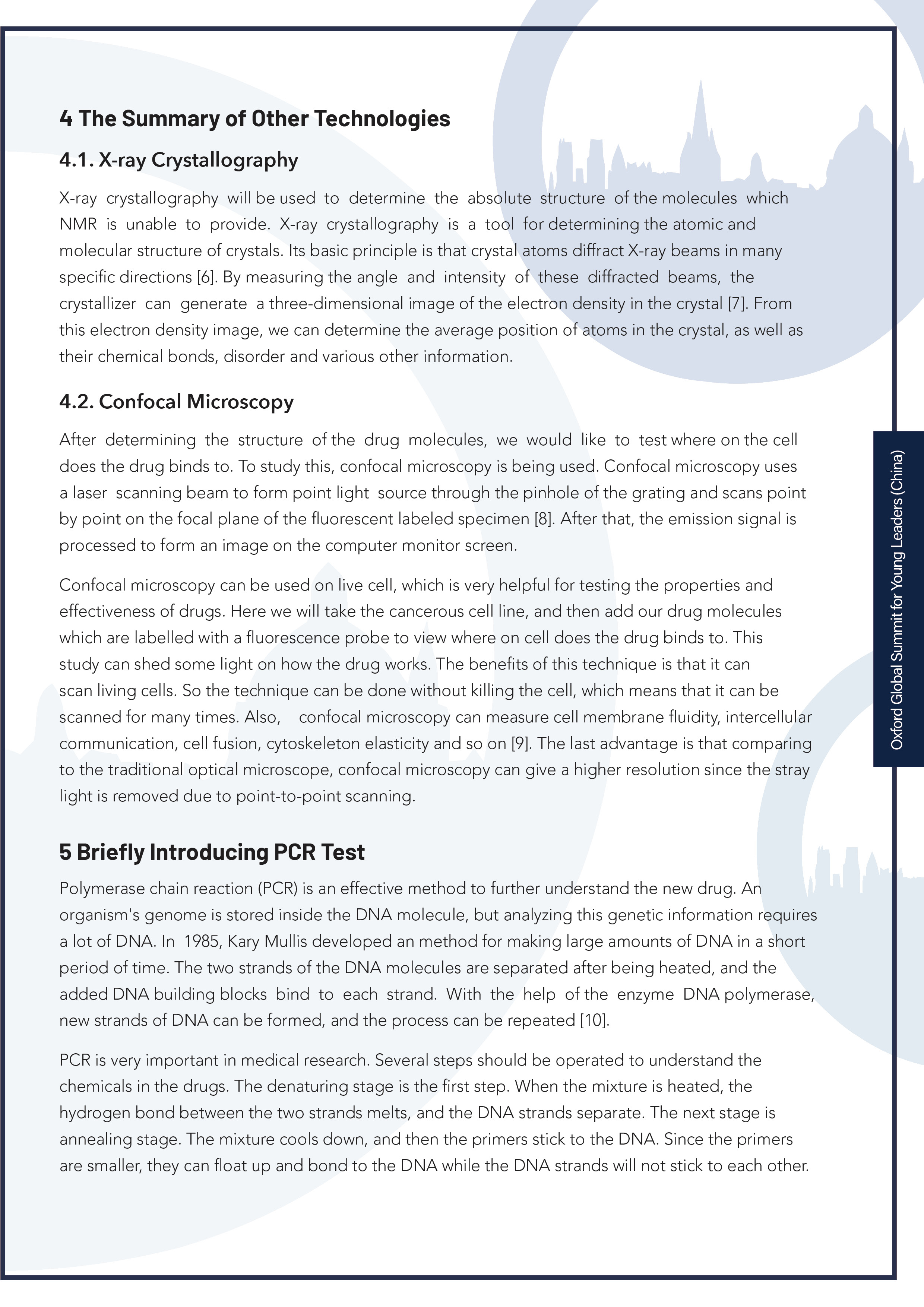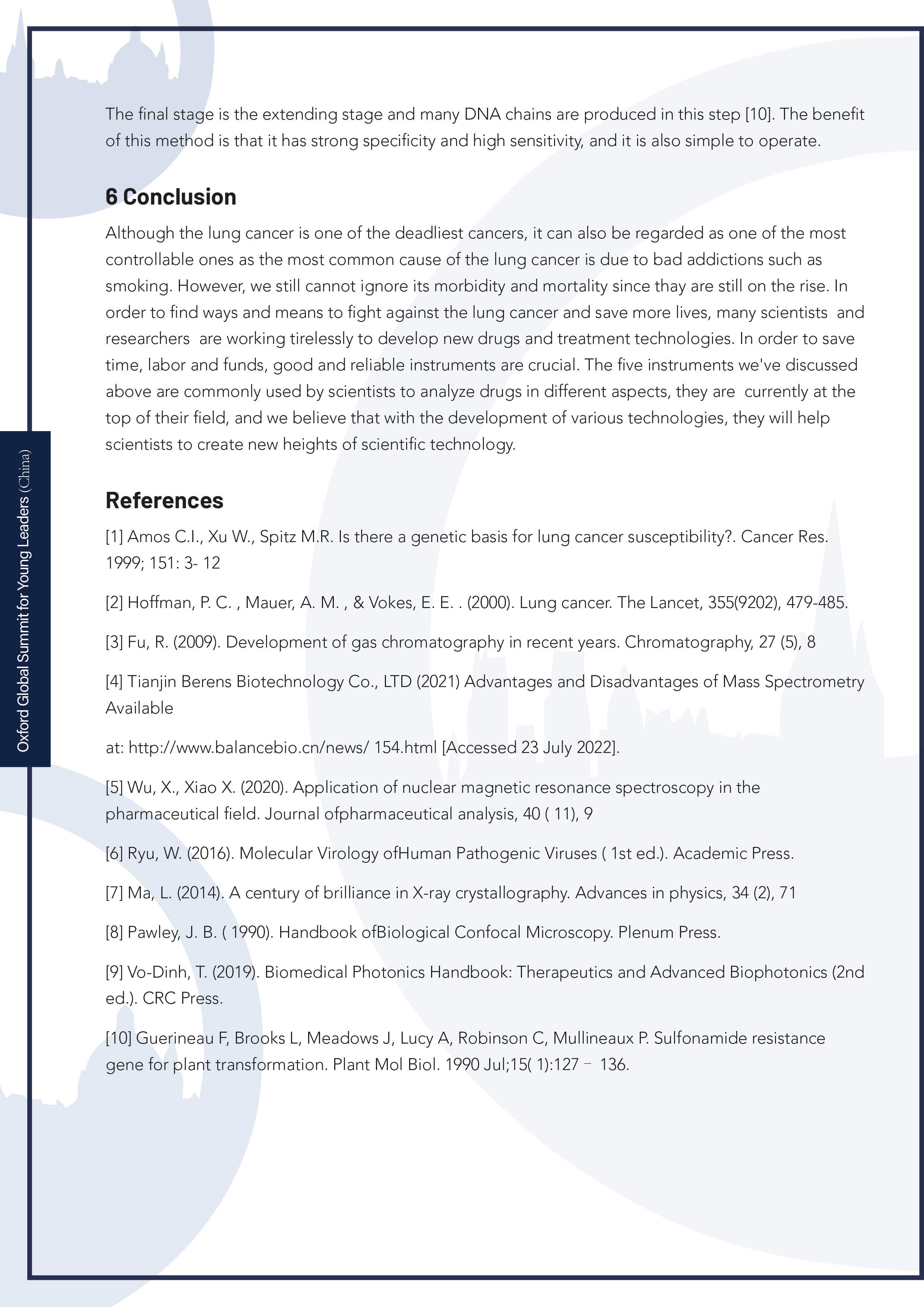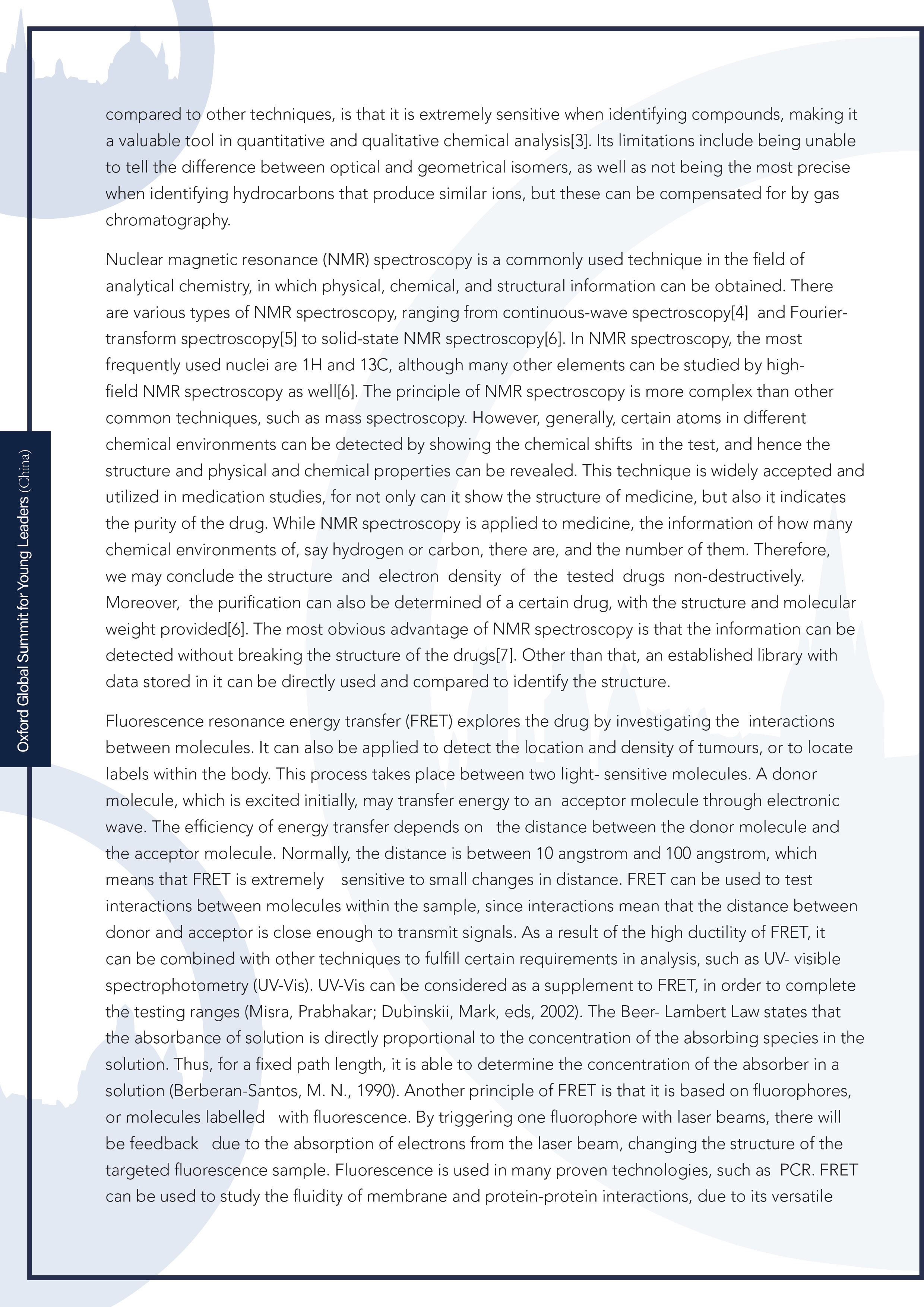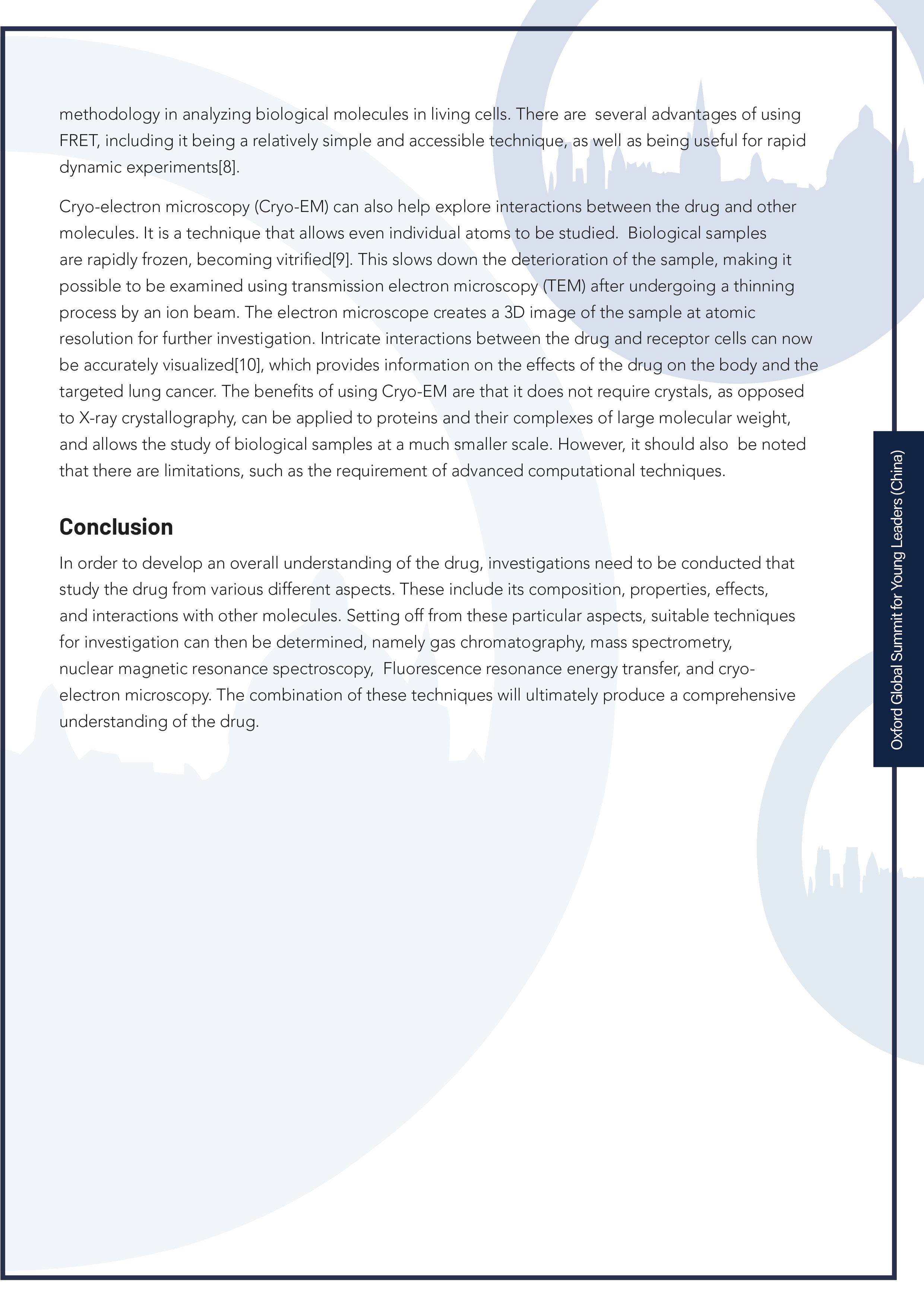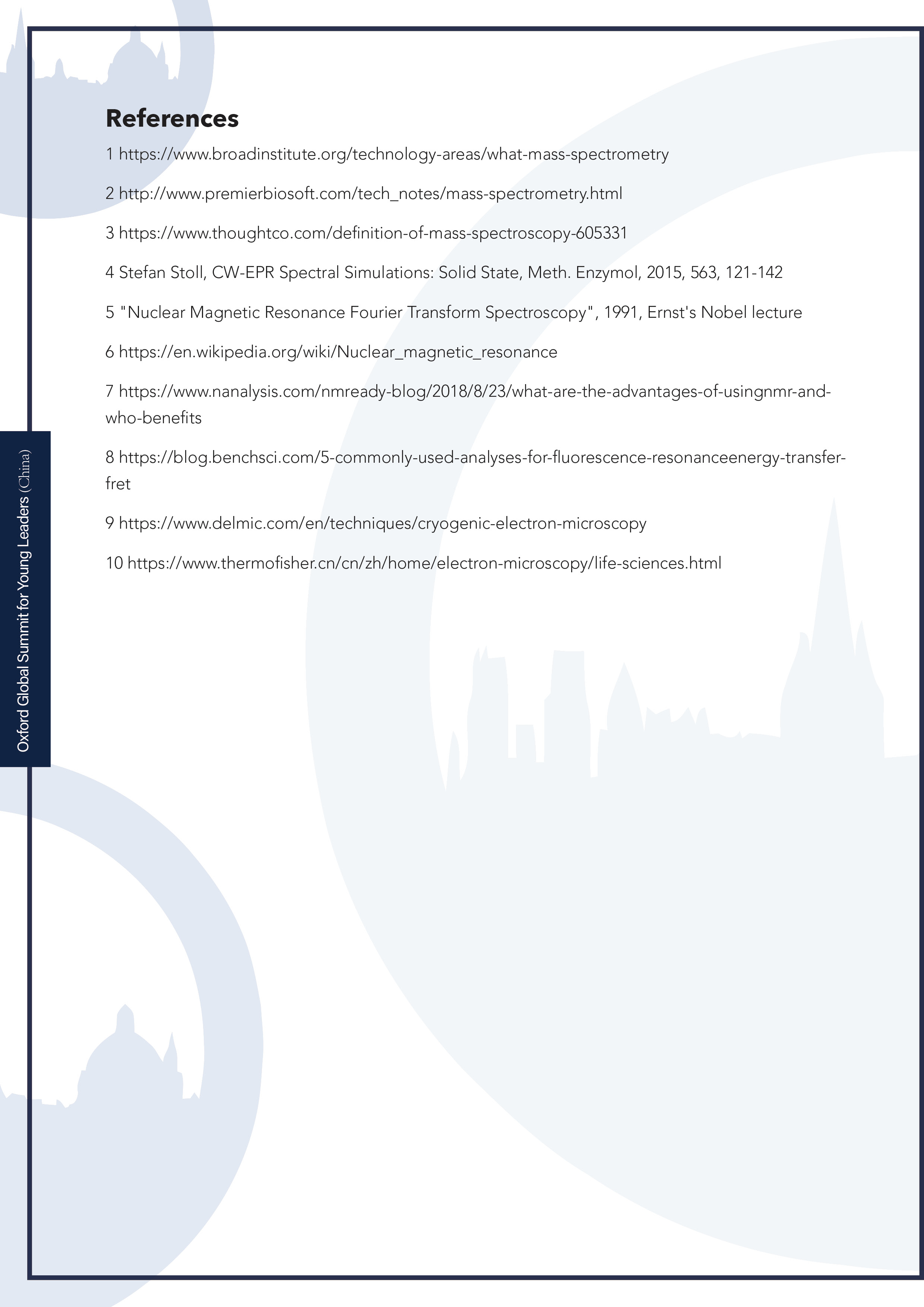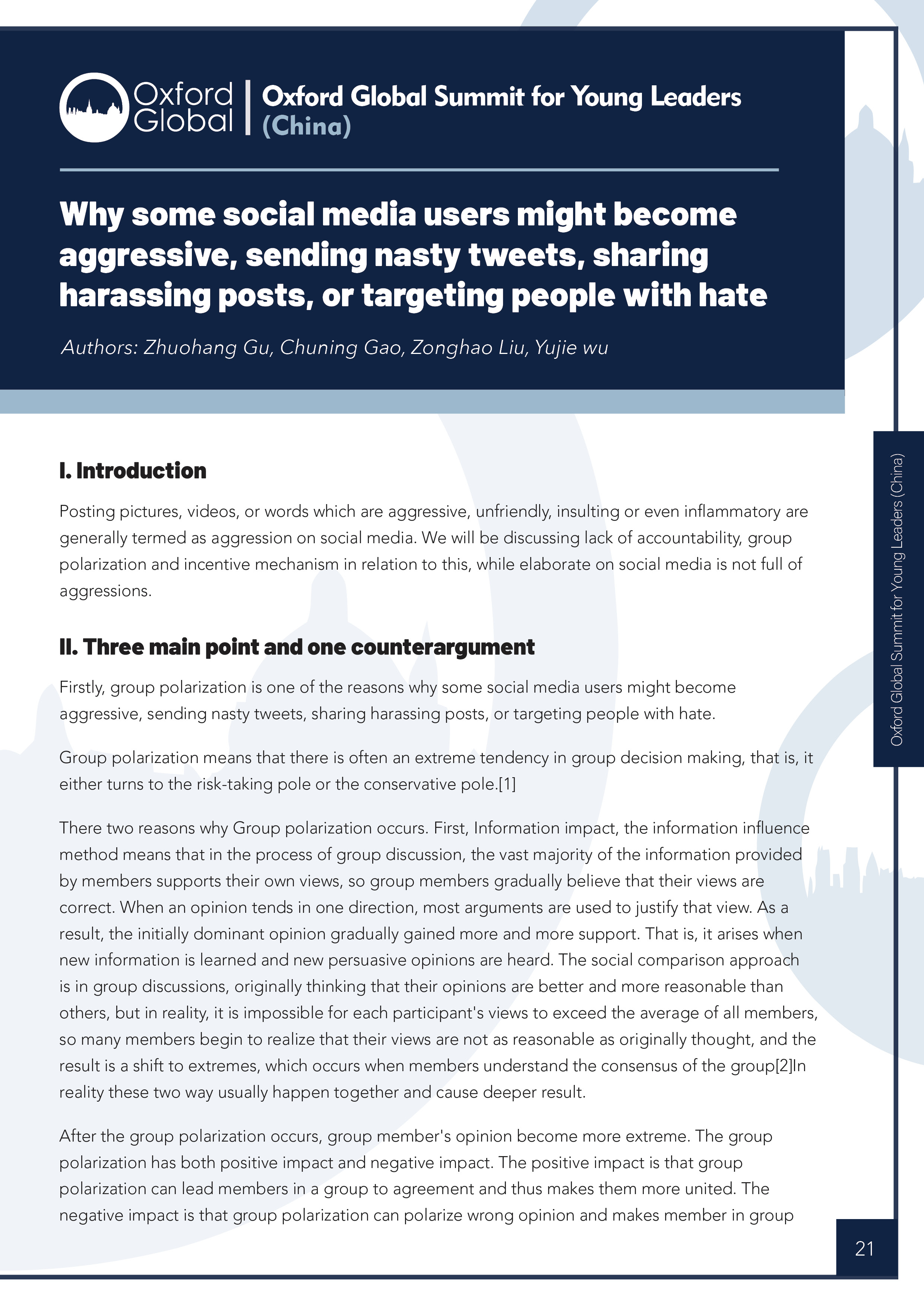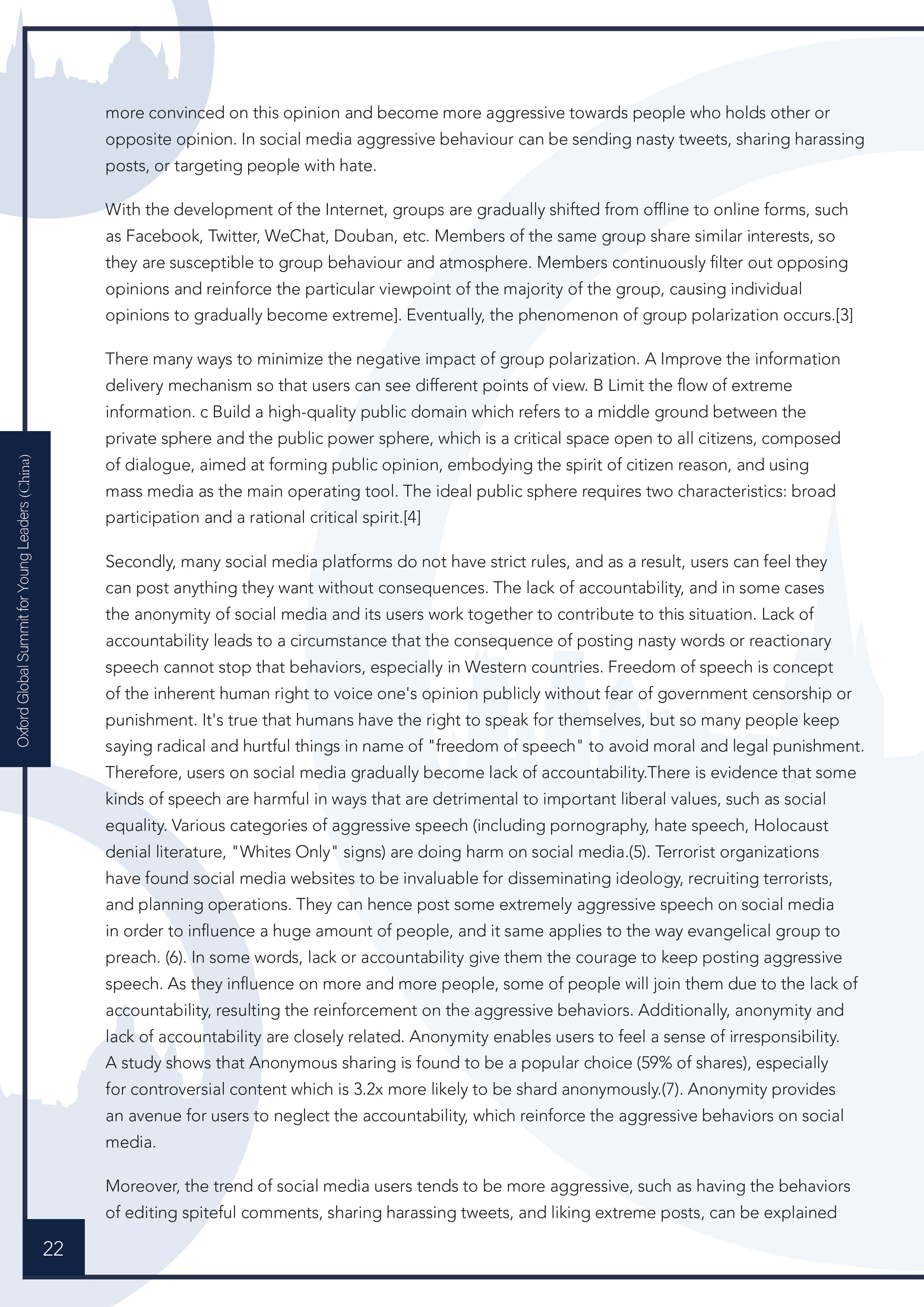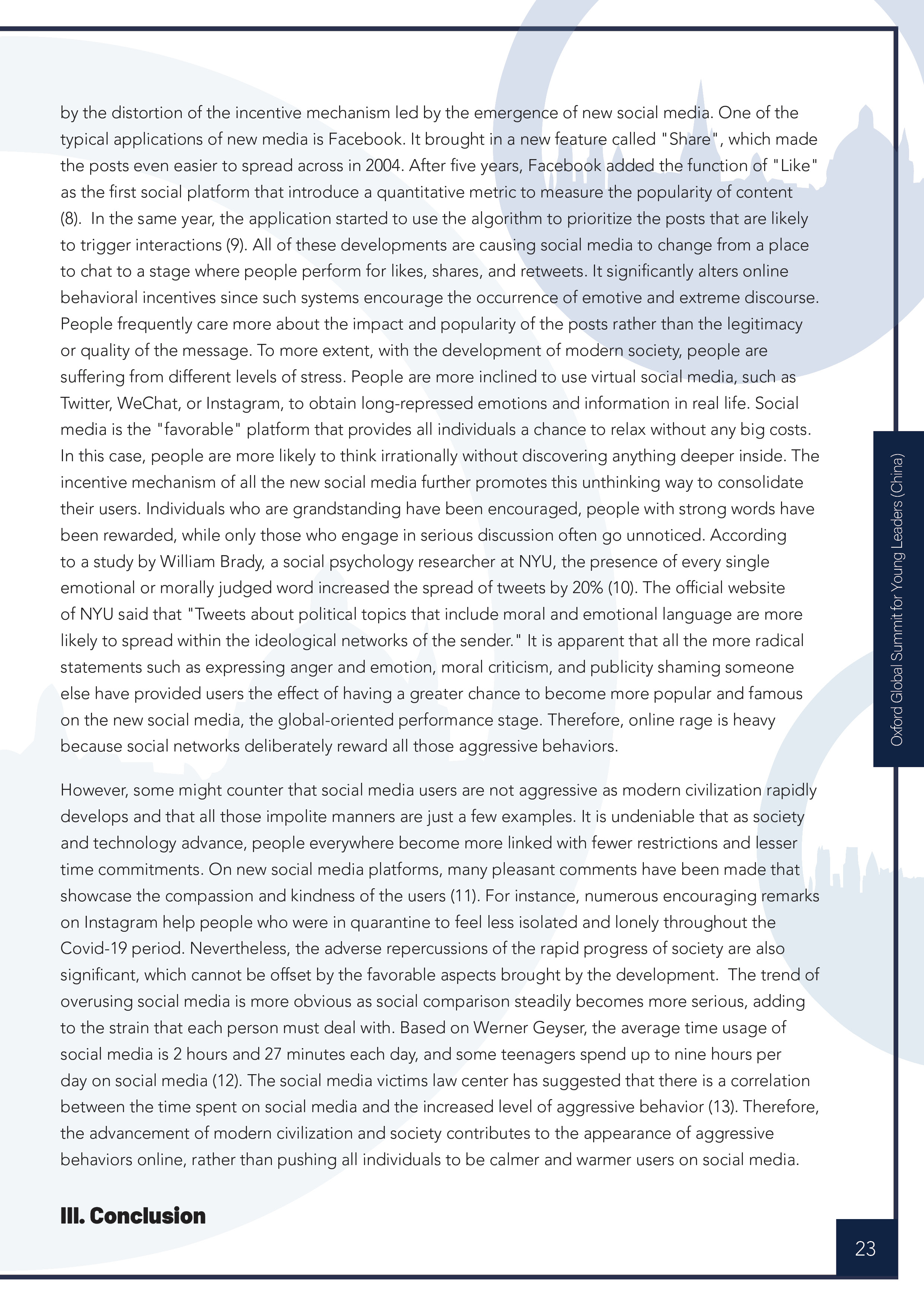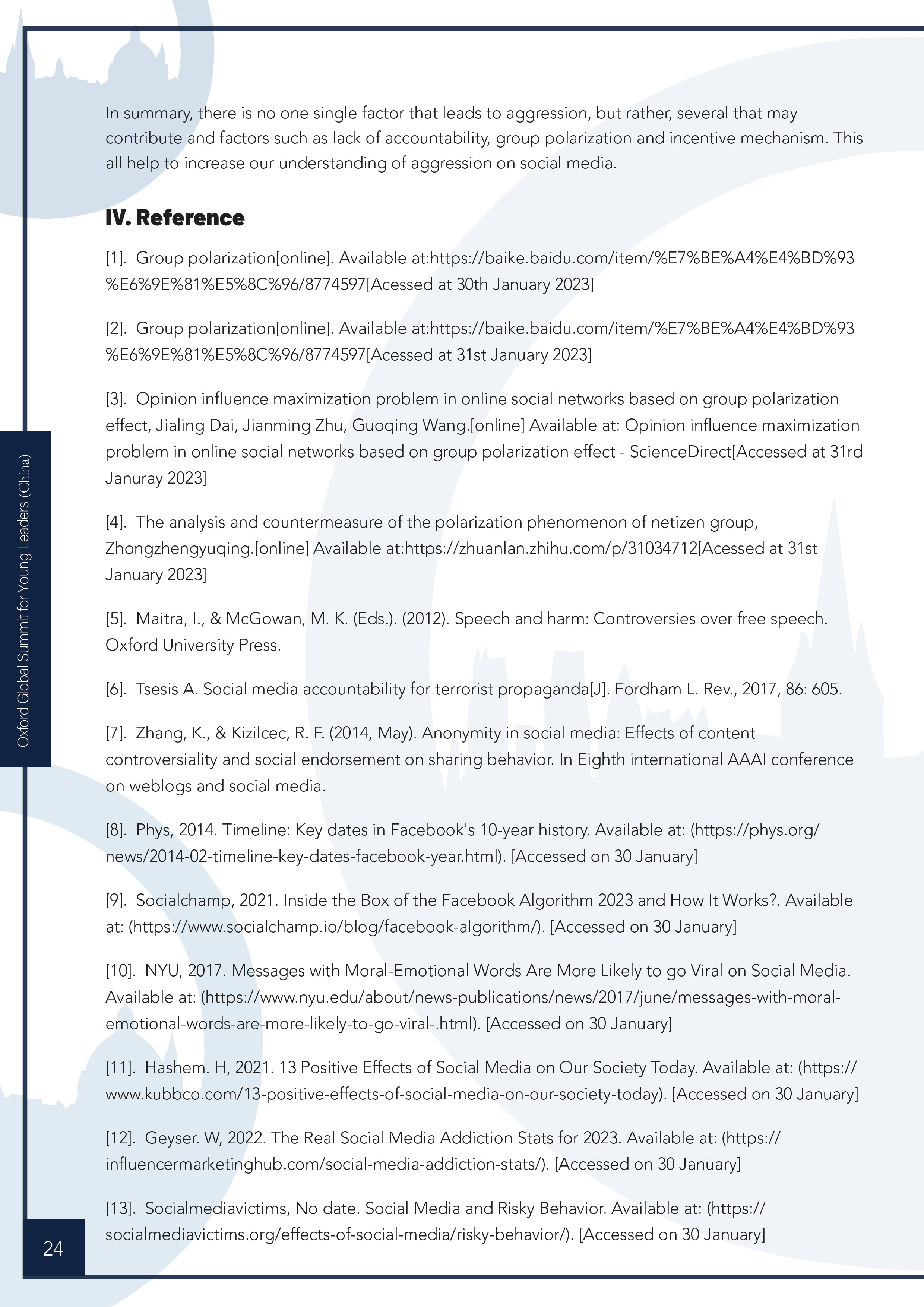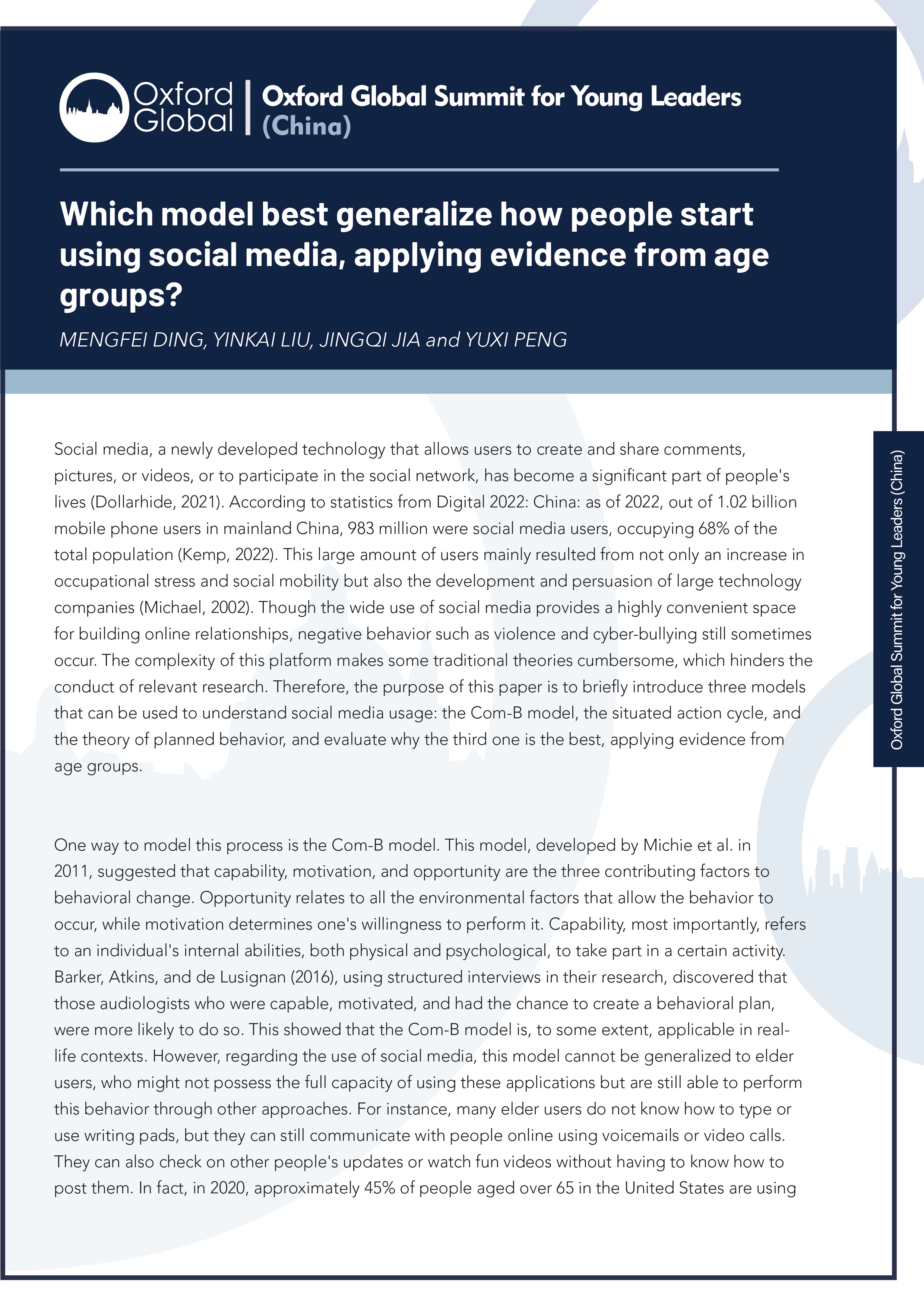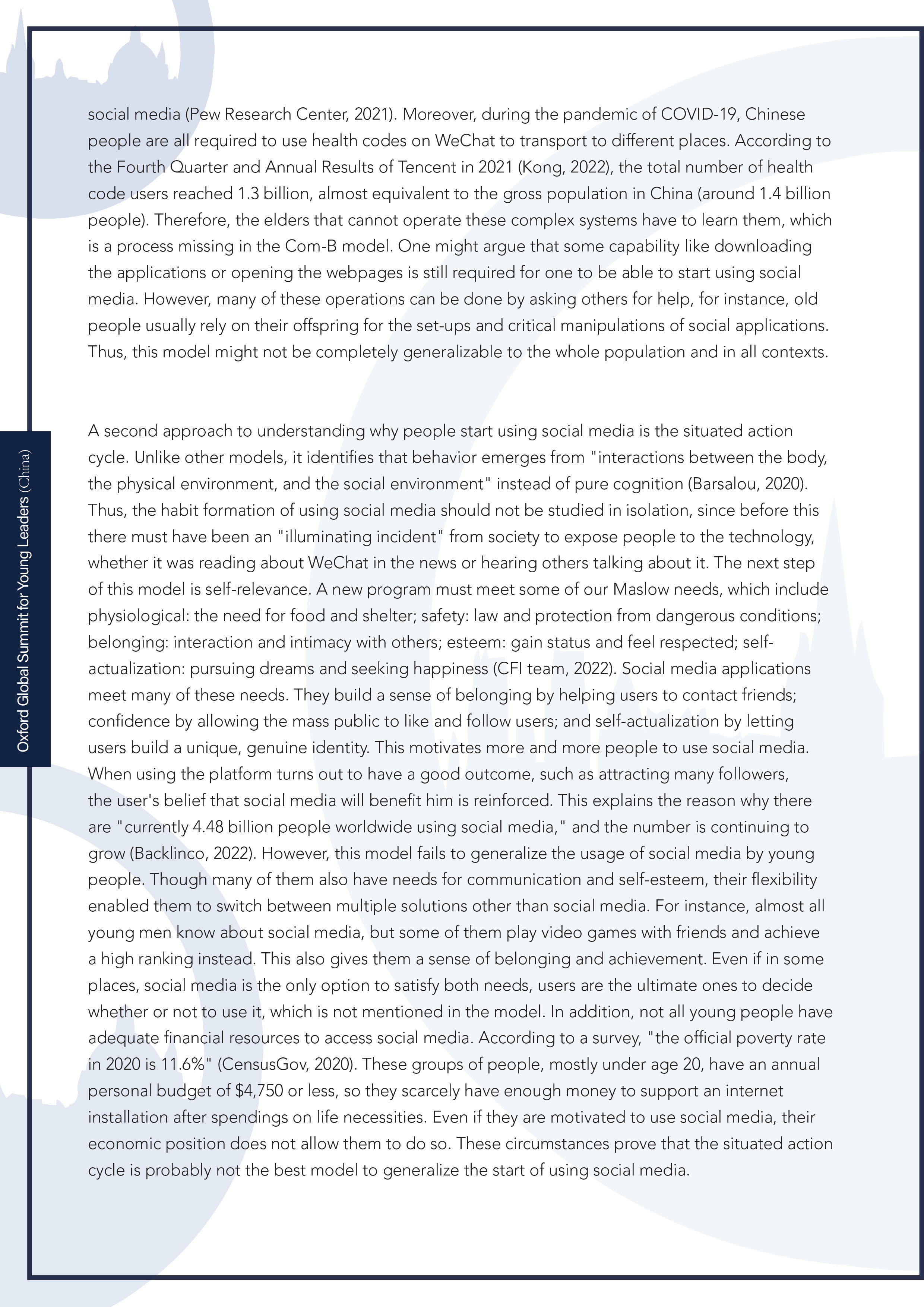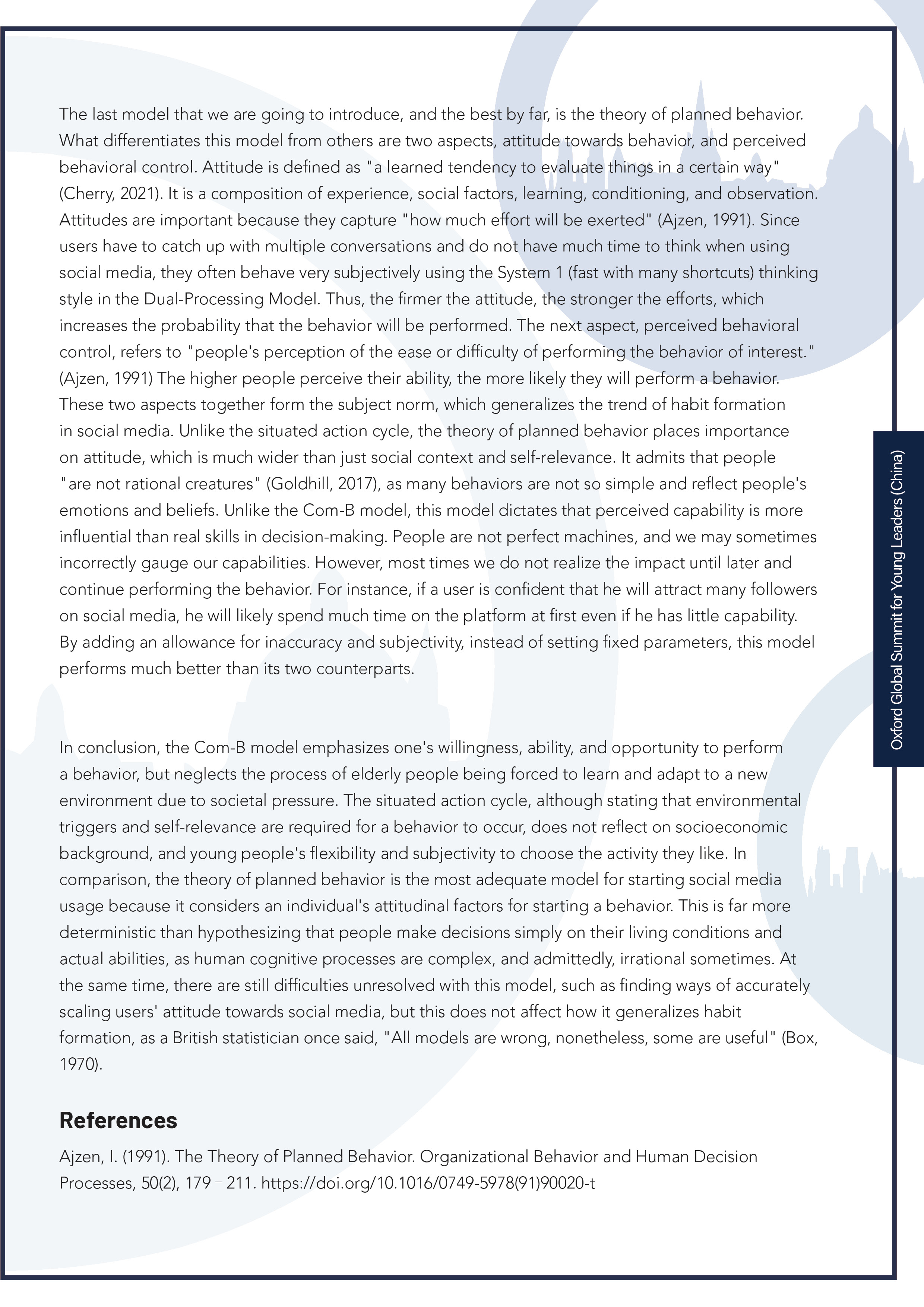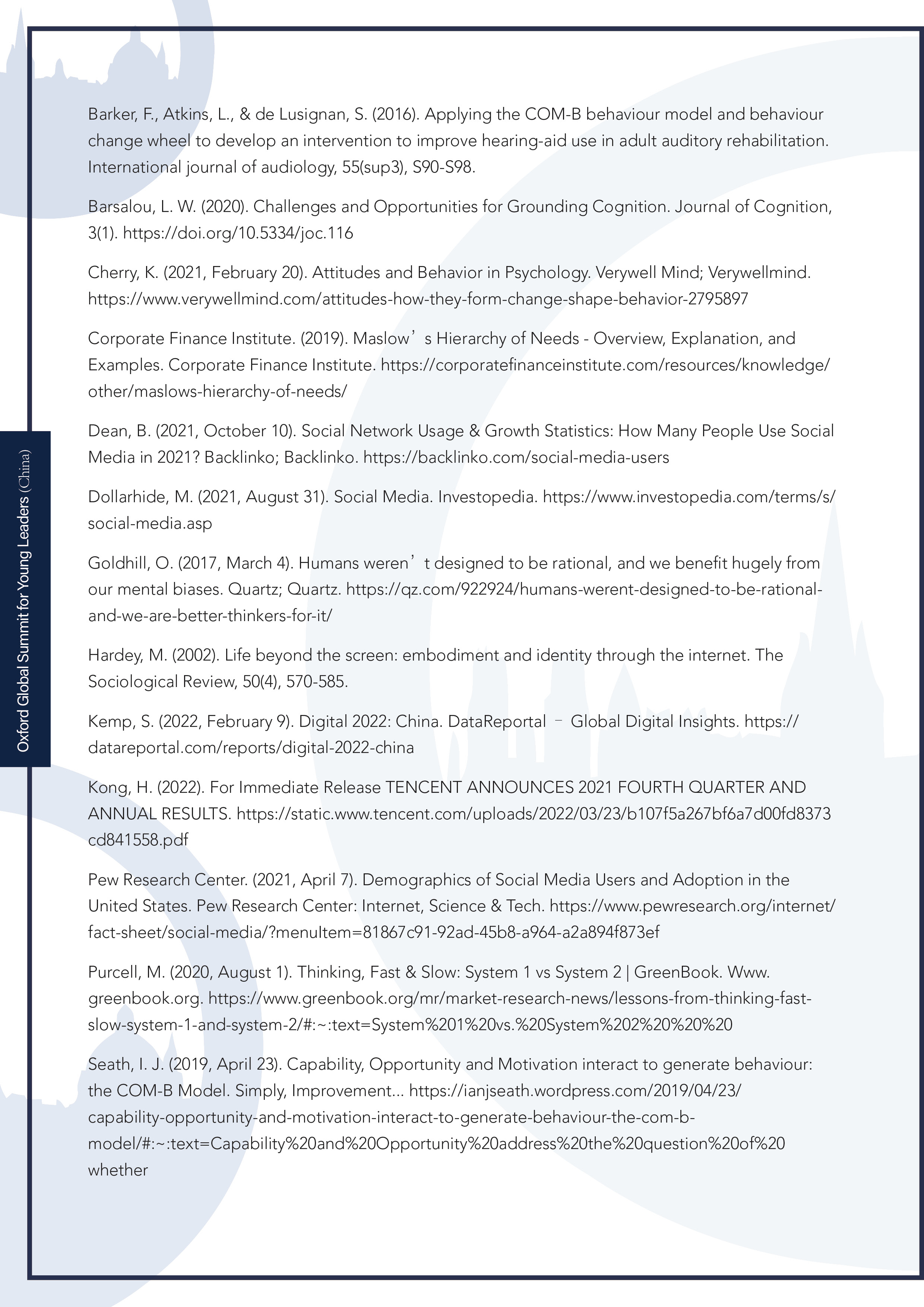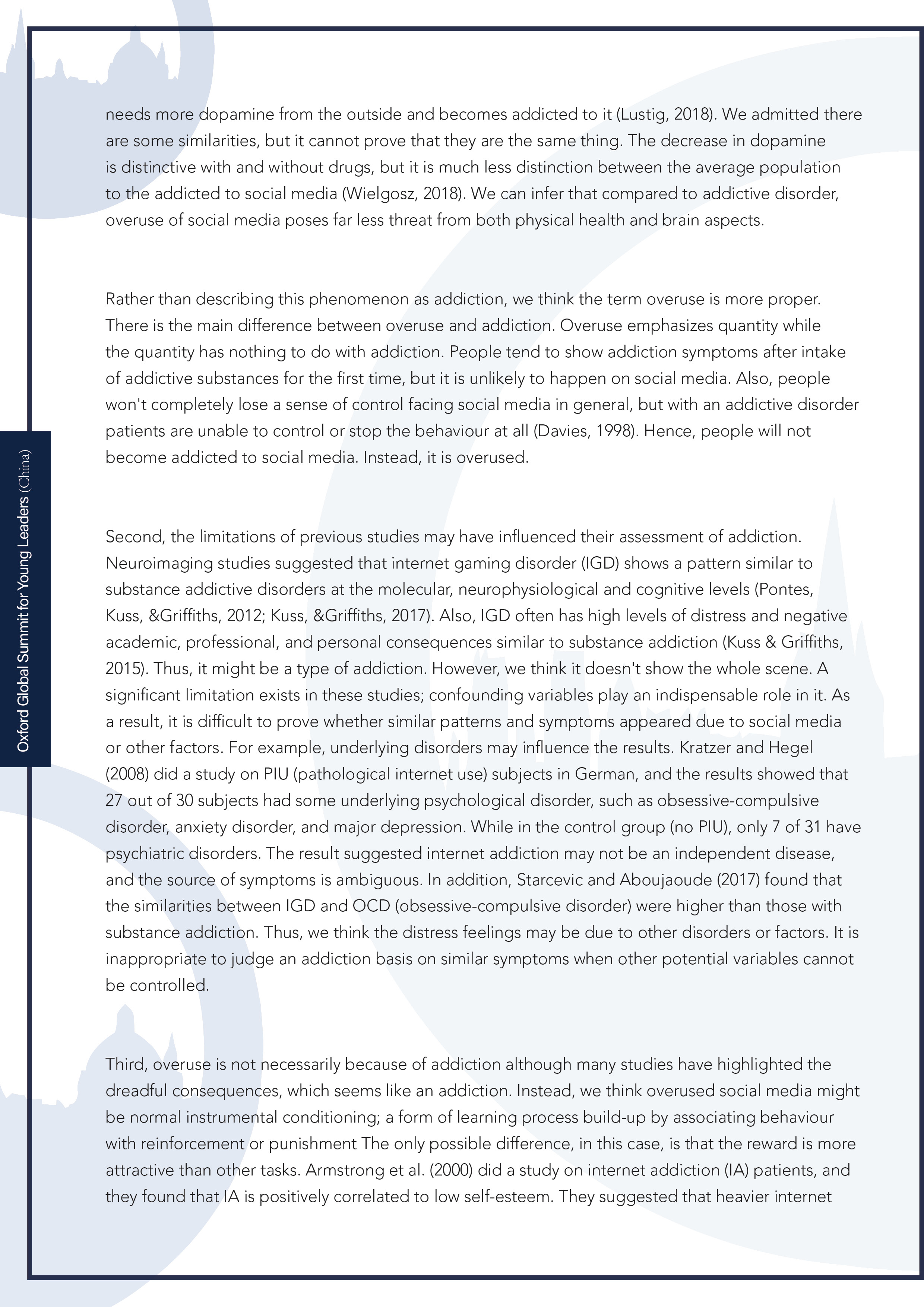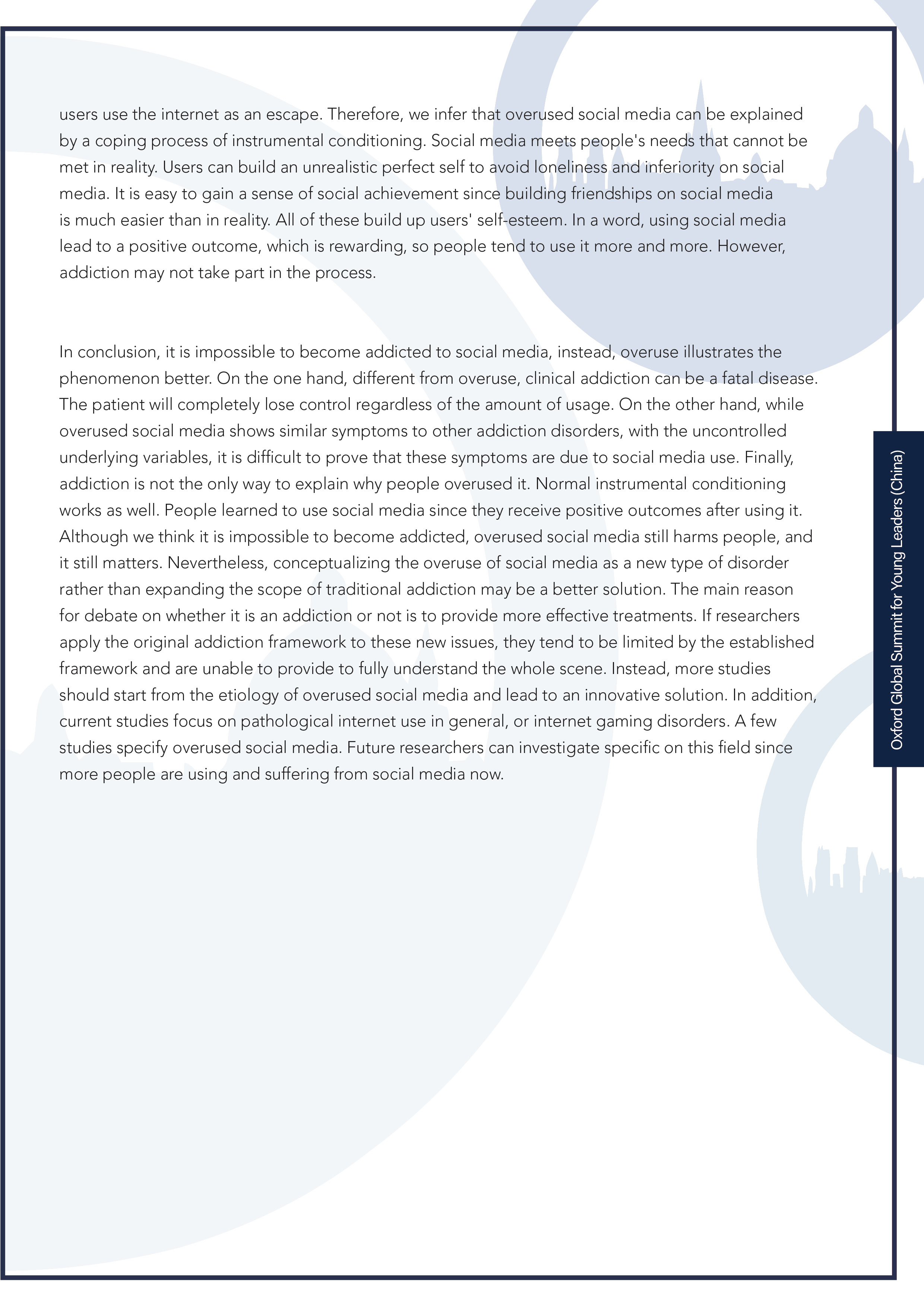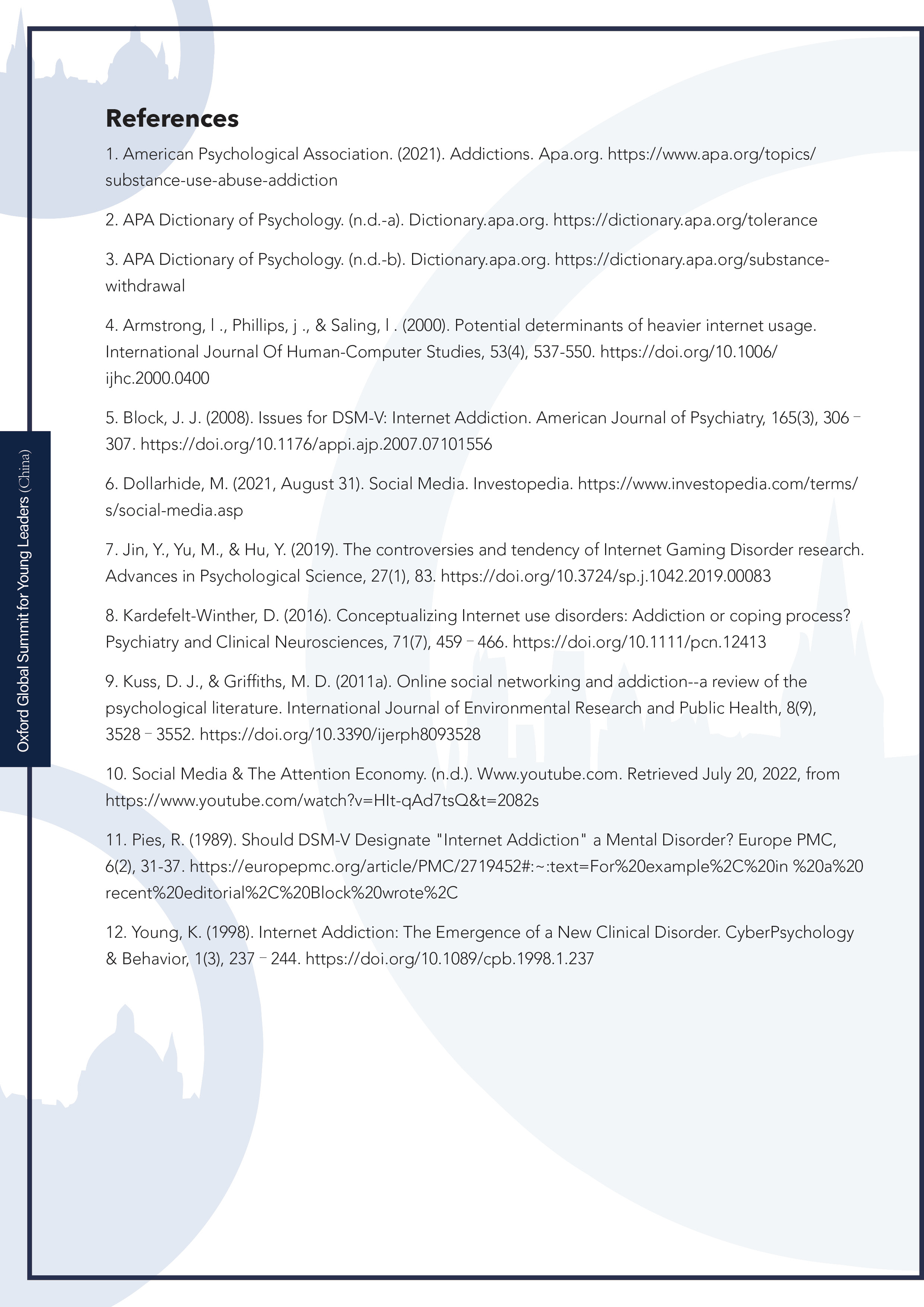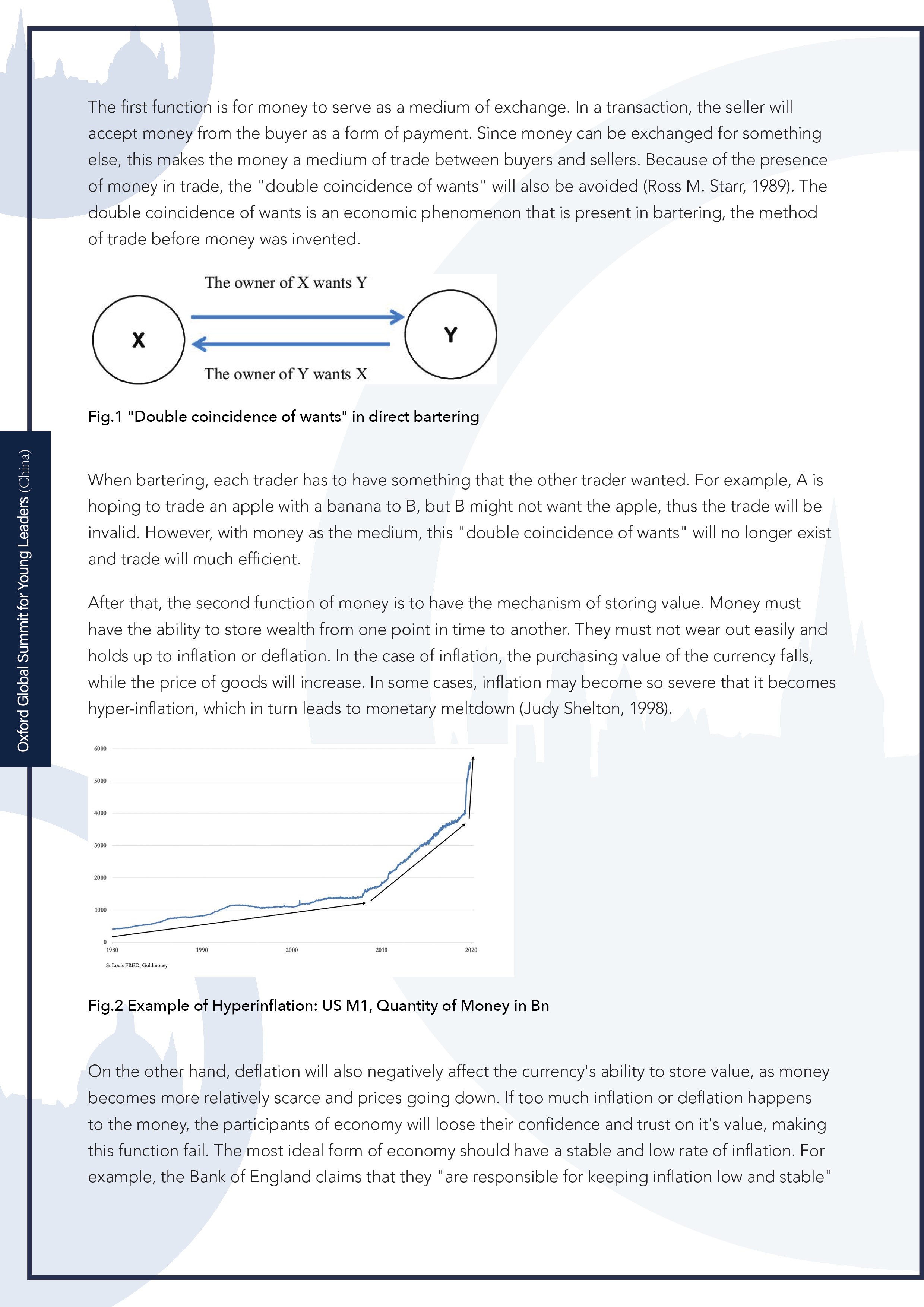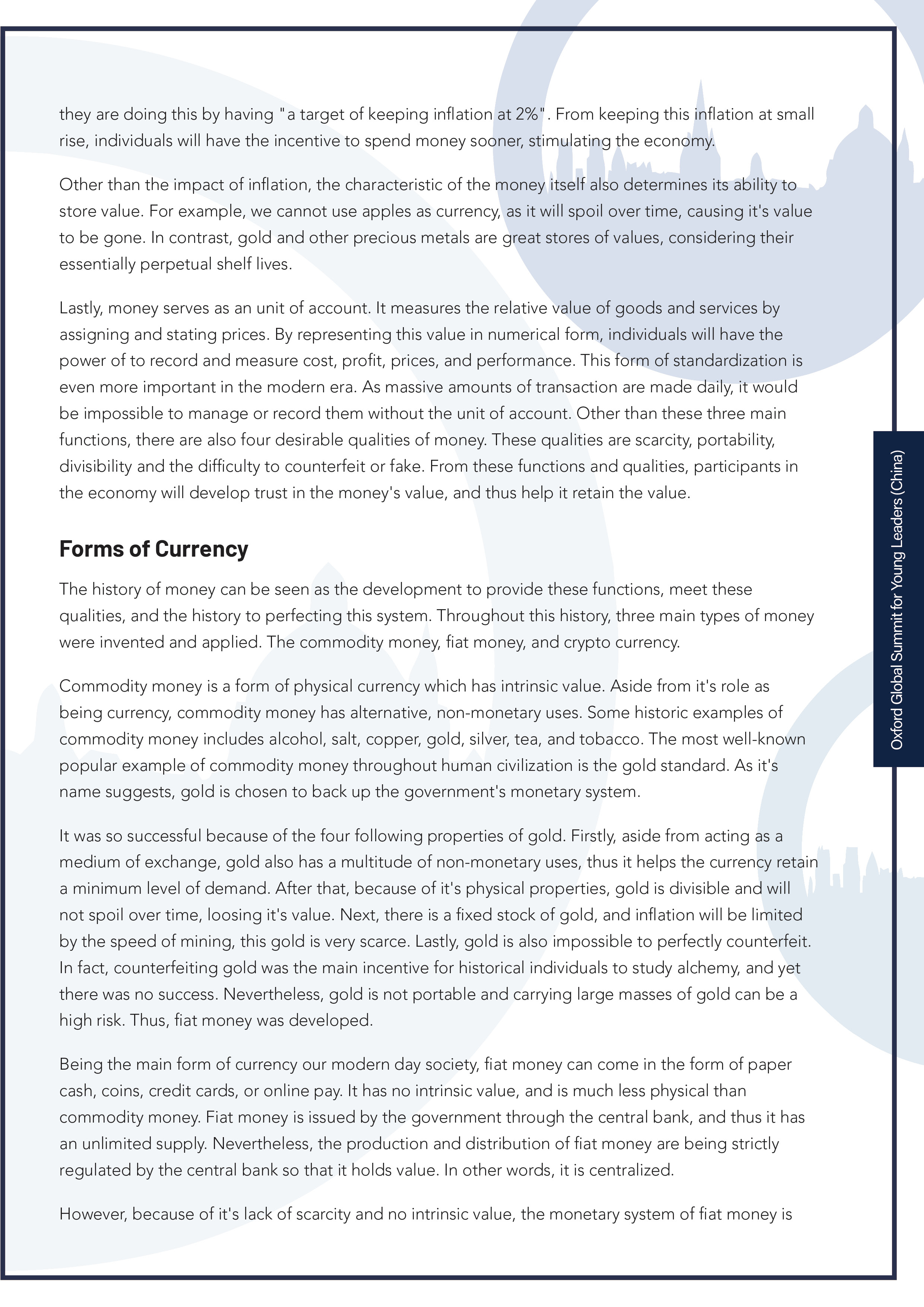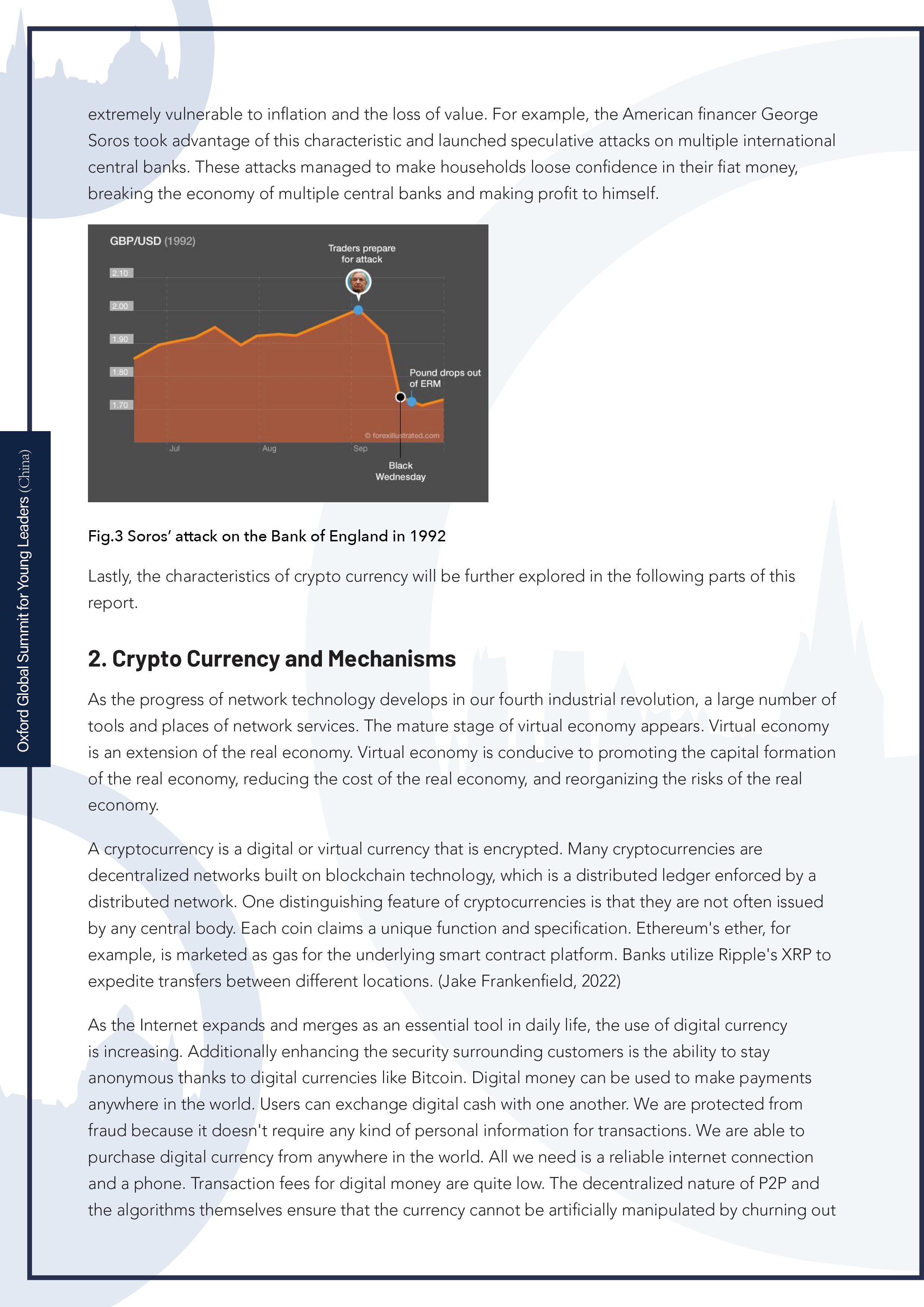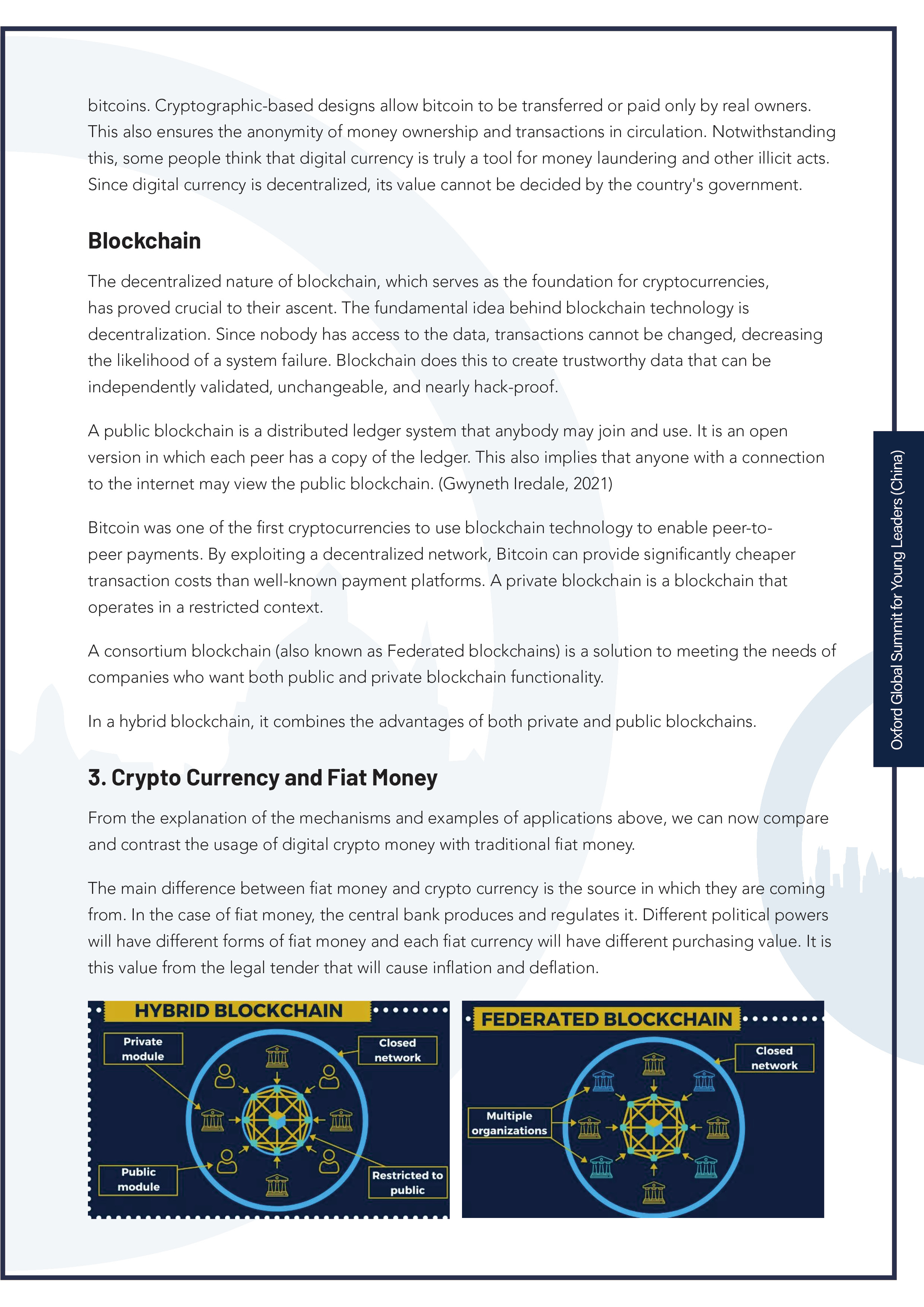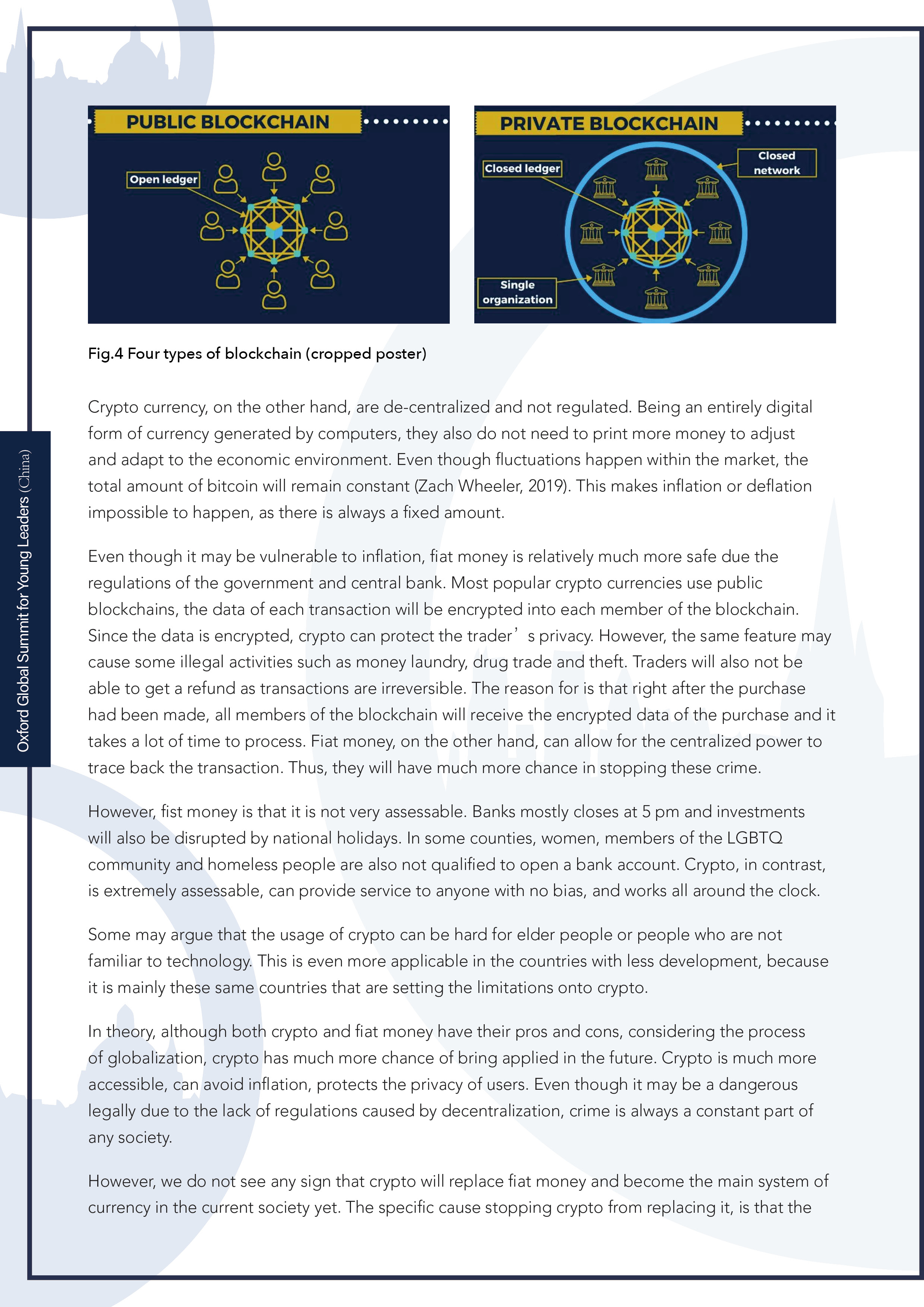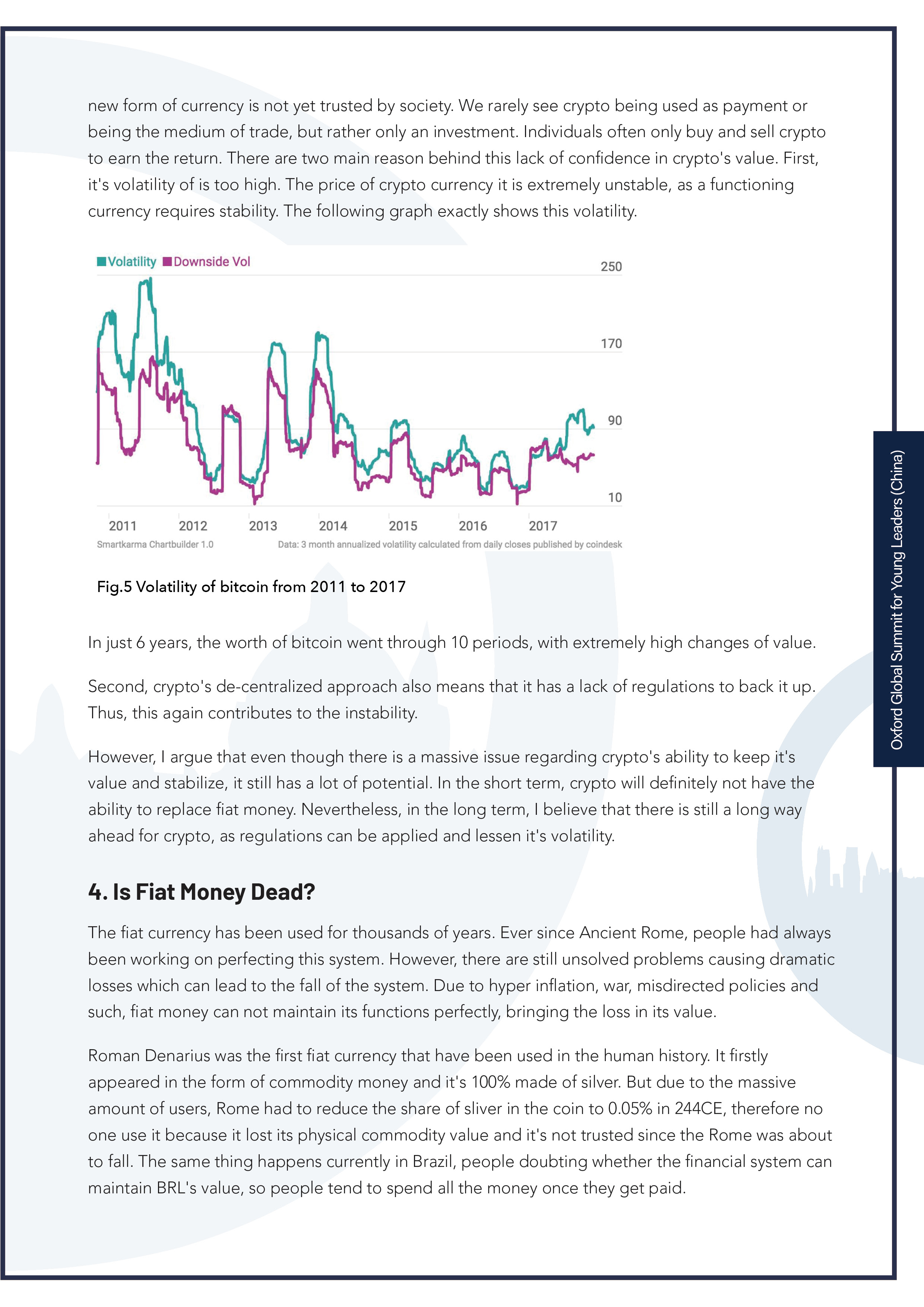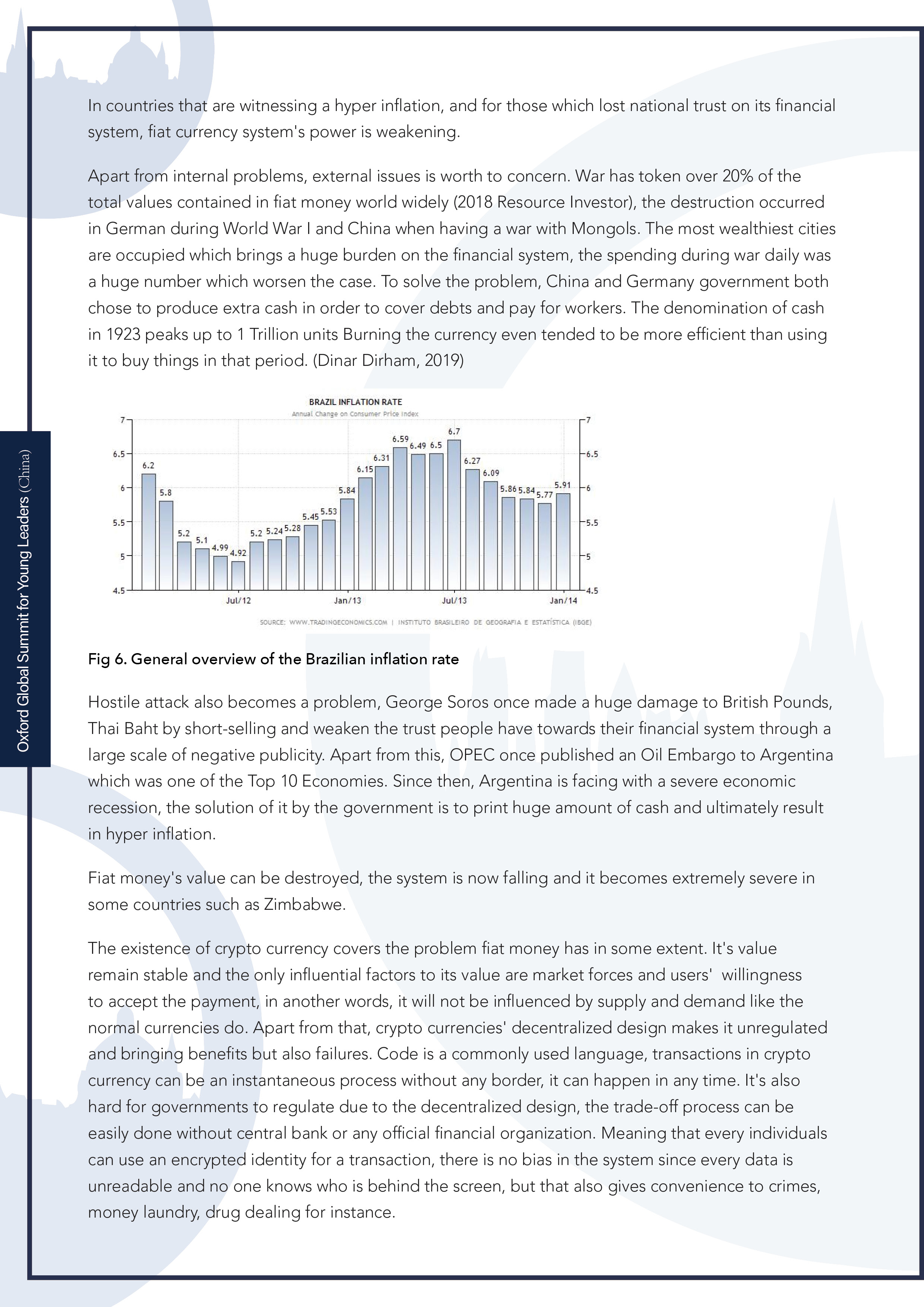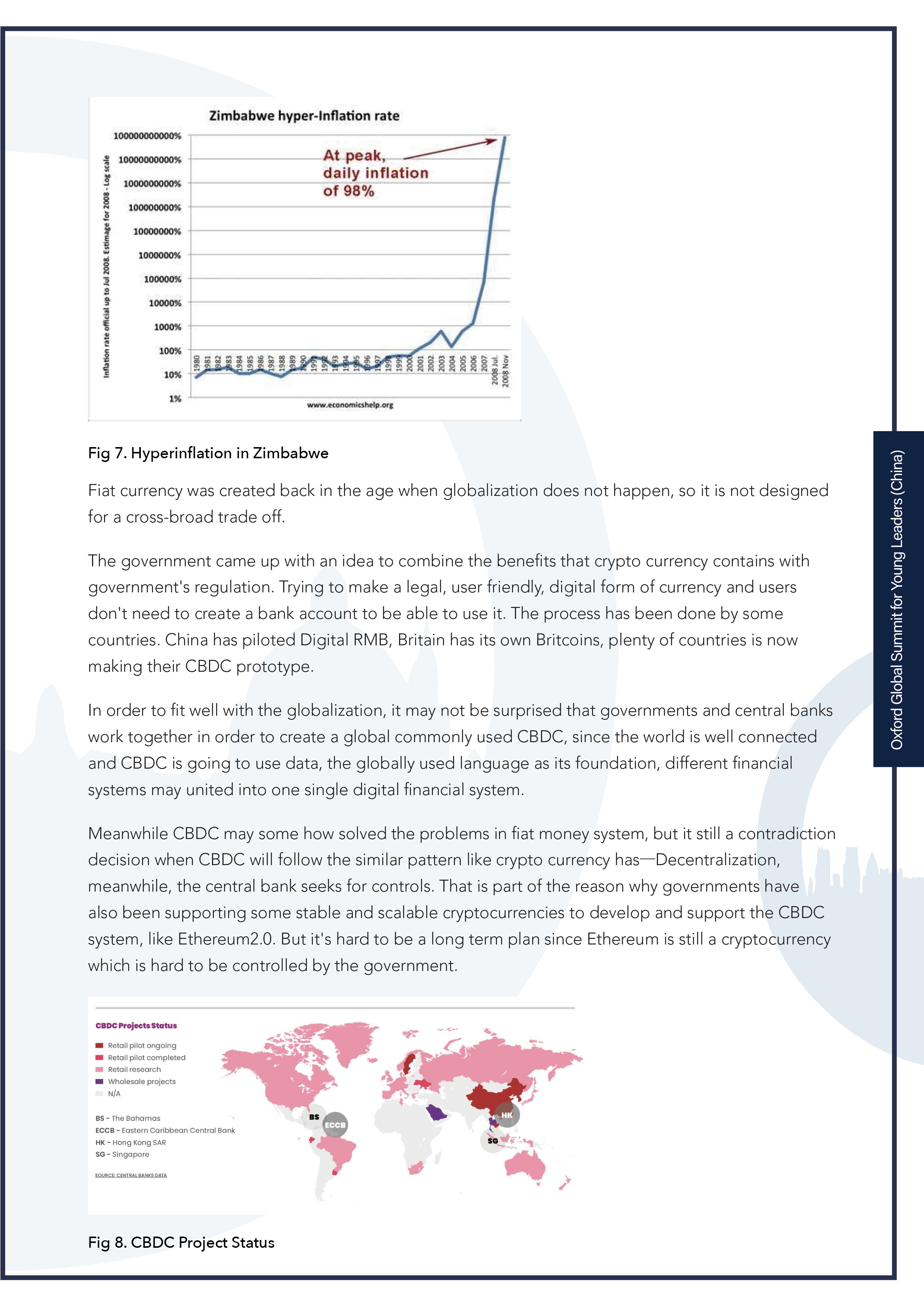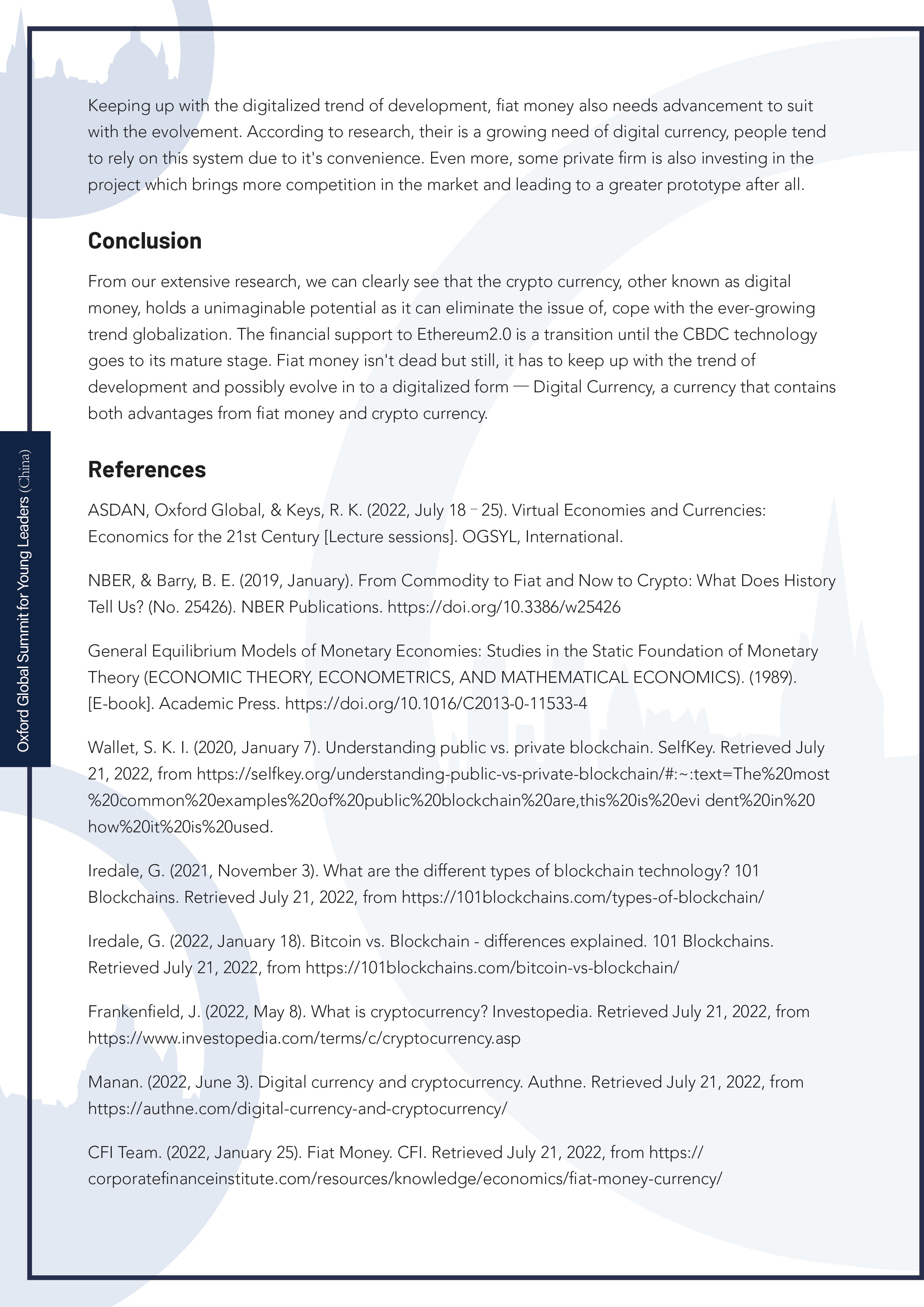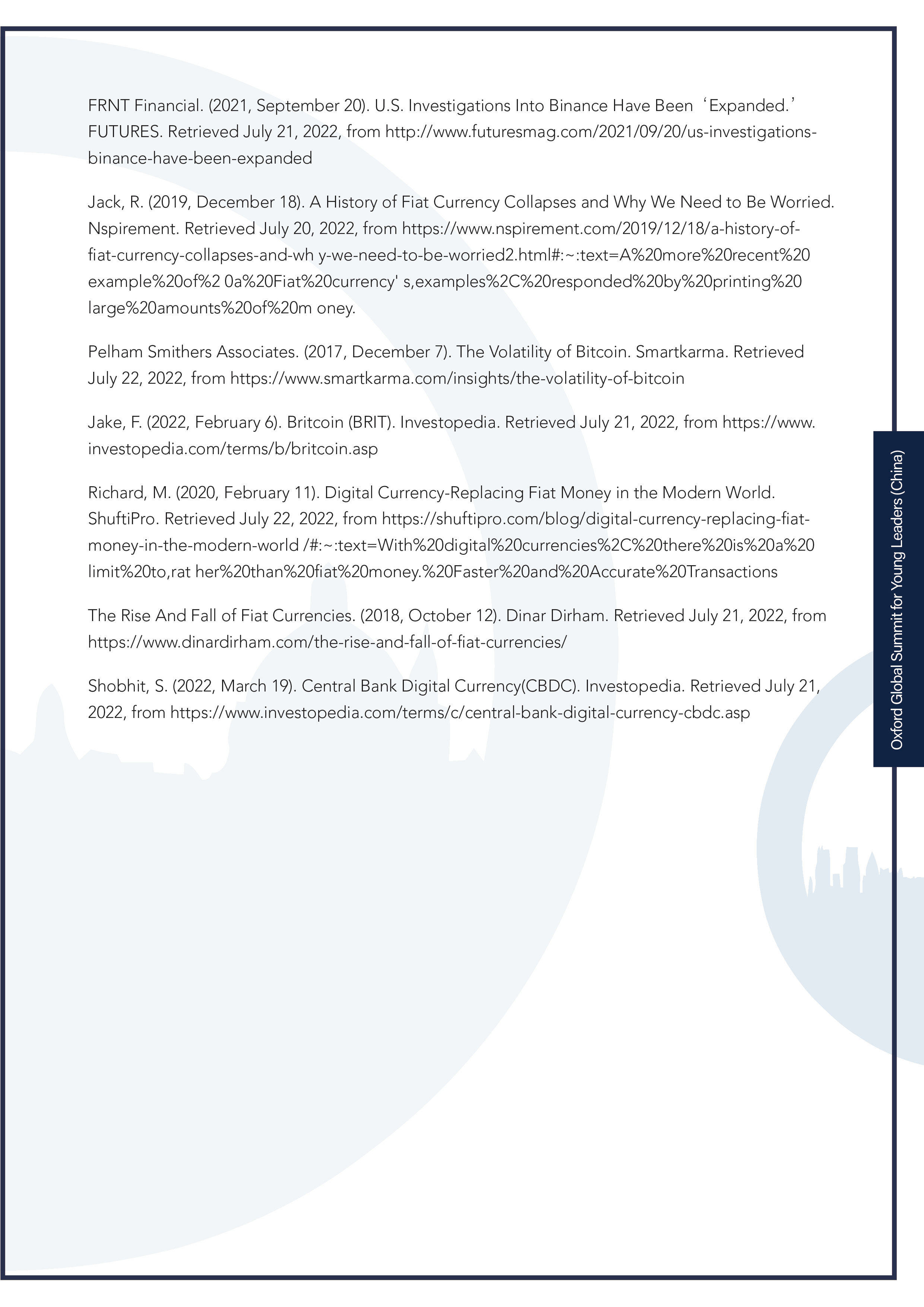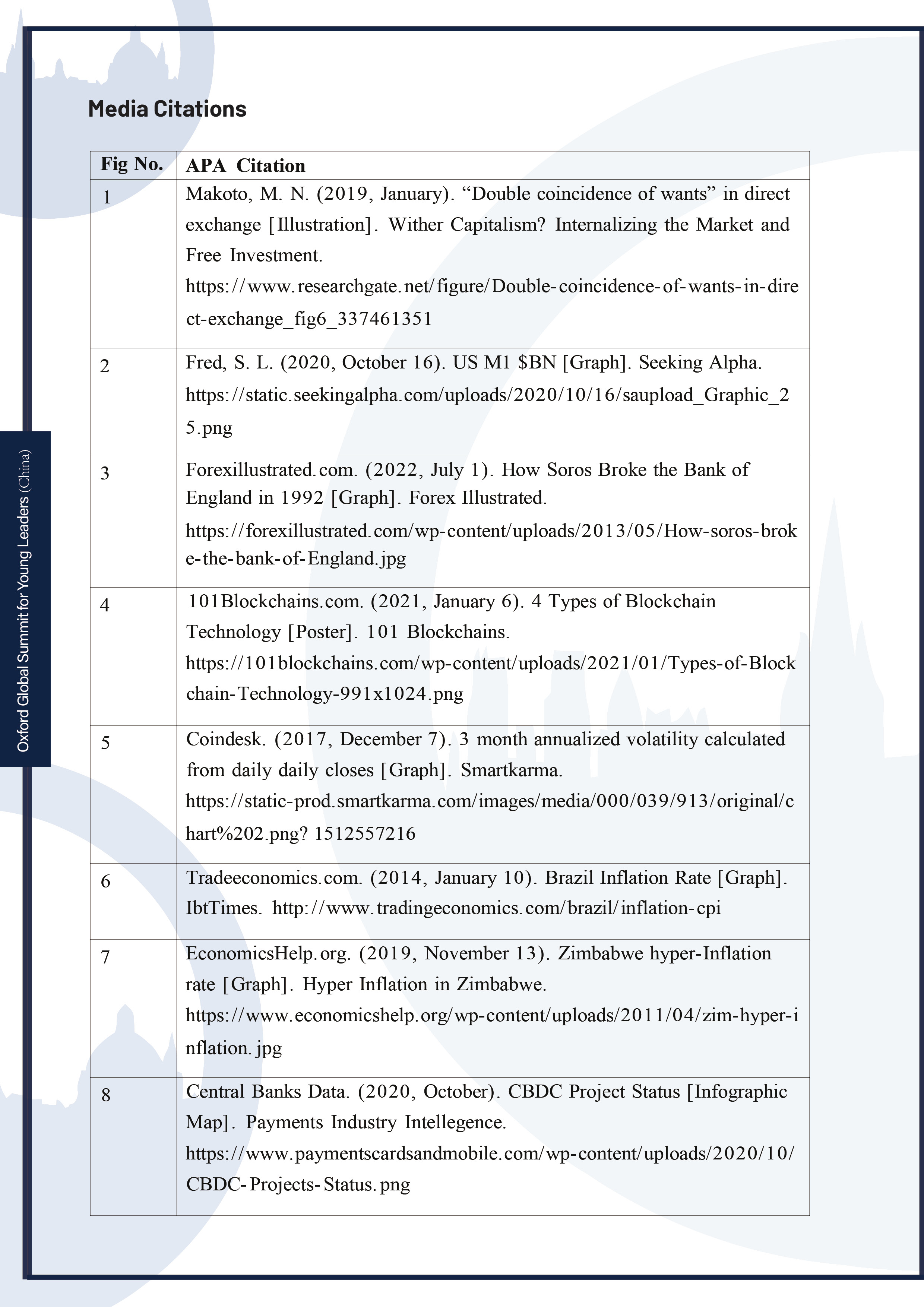2025 Oxford Global Summit for Young Leaders (Shanghai)

2025 Oxford Global Summit for Young Leaders (Shanghai)
OGSYL Week: Aug 1st - Aug 9th, 2025 (9 days)
Organizer: Oxford Global
Engage with mentors and speakers from the University of Oxford and industry experts in a series of lectures, tutoring, and workshops
Official support by Oxford Global with an official Certificate of Completion and award for the best-performing students
Guided by a team of leaders with a variety of backgrounds, and professors at University of Oxford
University-level projects and outcomes, excellent projects will have the opportunity to be published in the summit academic journal
Academic workshops on academic writing, academic presentation, Oxford applications and study skills at university
Diverse social activities to develop students' social skills
Topics:
Biomedicine | Mathematics | Psychology | Engineering | Economics | Chemistry

OGSYL Introduction
Oxford Global Summit for Young Leaders is organized by Oxford Global, an institution consisting of a group of students and alumni of the University of Oxford, promoting equal access to high-quality educational conferences and summits. The team hails from all over the globe and consists of scientists, engineers, linguists, lawyers, classicists, philosophers, and economists. Each year 6,700 young people from over 40 countries around the world participate in educational conferences and summits organized by Oxford Global. They are the organizer of Oxford MUN conference as well.
Oxford Global Summit for Young Leaders is a unique international educational event aimed at developing the skills required to become future leaders and innovative thinkers. We believe it's hard for ambitious youth to find important challenges to work on, become passionate about, and dedicate themselves to. As such, we teach the skills, provide mentors and guidance, and create a collaborative environment to help young leaders tackle the pressing challenges of tomorrow. During the 9 days, students will be immersed in a program of keynote speeches, lectures and workshops designed to motivate and stimulate students from across the disciplines to become critical thinkers.
Highlights
Why OGSYL
Authentic Oxford experience
Experience renowned tutorial teaching combining with academic lectures with Oxford mentor.Oxford team
Guided by a team of leaders with a variety of backgrounds, including doctors, engineers, entrepreneurs, lawyers, business executives, and professors at University of Oxford.College Life Experience
A variety of evening activities to experience Oxford College style learning and social life.Small class
Work in small groups to identify solutions to a major global challenge that society faces today. Participate in interactive seminars that will enable the tackling of these challenges.Application & Expression
Students apply their acquired skills, along with Content Knowledge and Habits of Success, to projects that prepare them for real-world scenarios. Outstanding works will have the opportunity to be published in the academic journal of the summit.Certification
Each student who meets all the requirements of the course will receive an official certificate of completion, and each stream should award the best-performing students (top 15% ) in recognition of their efforts.Optional Topics(Select One)

Biomedicine
TECHNIQUES IN CANCER RESEARCH AND THEIR APPLICATIONS
The course will focus on the methods used to study cancers to further our understanding of their biology, reveal potential therapeutic targets and to investigate the effects of emerging therapies on them. These methods include nucleic acid and protein sequencing, imaging and ELISA's. There will also be some focus on the most established and also cutting edge methods of cancer treatment, such as chemotherapy and CAR T-cells.
![]()
Mathematics
MATH MODELING FOR REAL LIFE PROBLEMS
Budgets, volcanic eruptions, and the collision of whales into ships. What do all these things have in common? There are mathematical models to understand and find solutions for them. In this course, students will learn how to construct and apply mathematical modelling to problems and develop an understading of this extremely useful tool.

Psychology
PSYCHOLOGY AND HEALTH: UNDERSTANDING MENTAL WELLBEING
What would you do when you get a cold? I believe that you look after yourself by resting at home, eating healthily, and taking some painkillers. How about when you get a ‘mental cold’? According to The World Health Organization (WHO), the word health is “a state of complete physical, mental and social well-being.”But what does "mental wellbeing" mean? This course will discuss topics around the idea of mental health, fitness and illness and how they are impacted by the world around us. Using ideas in psychology, as well as engaging with debates in the fields of philosophy and neuroscience, this course explores the parallels between physical and mental fitness and the ways we conceptualise 'the mind'.

Engineering
INTRODUCTION TO ENGINEERING SCIENCE: MECHANICAL ENGINEERING & ELECTRICAL AND ELECTRONIC ENGINEERING
This course is designed to introduce high school students to the diverse and dynamic field of engineering. Through a combination of theory and hands-on activities, students will explore key principles across various engineering disciplines, including electrical, mechanical, and digital electronics. The course emphasises practical problem-solving and critical thinking, as students learn to design, build, and test circuits using Arduino and open-source tools such as CircuitVerse and Python. By engaging in sensor-based projects such as temperature monitoring and electromyography (muscle activity) signal processing, students will gain foundational skills in electronics, programming, and circuit design. The course aims to inspire curiosity about engineering’s role in solving real-world problems, equipping students with the knowledge and confidence to pursue future studies in STEM fields.

Economics
INTRODUCTION TO MICROECONOMICS AND GAME THEORY
The course is an overview of tools and topics in microeconomics, with applications to internationaltrade. in classes, you will first learn about 'economics' as a discipline and 'microeconomics' as asubfield, or appro ach. You will then spend several days learning the basic frameworks and toolkit ofmicroeconomic analysis. finaly, you will undertake an overview of some questionsin internationaltrade that can be answered using a microeconomic framework.

Chemistry
ENERGY AND SUSTAINABLE CHEMISTRY
This course introduces high school students to the vital role chemistry plays in building a more sustainable and energy-efficient future. Beginning with the core principles of sustainable chemistry, students will explore why greener practices are essential in addressing global challenges such as climate change, pollution, and energy scarcity. As the global demand for energy continues to rise, the course highlights the urgent need for innovative methods of energy production, storage, and utilisation—especially in the context of differing approaches in developed and developing countries. Students will investigate a range of green technologies—both established and emerging—such as solar panels, biofuels, and waste-to-energy systems, with a special focus on hydrogen. Practical components will include building simple electrolysis setups, designing mini-reaction cycles, and evaluating the sustainability of different chemical pathways. By combining theory, real-world examples, and practical experiments, this course encourages students to think critically about science’s role in building a cleaner, more sustainable future.

Chemistry
ENERGY AND SUSTAINABLE CHEMISTRY
This course introduces high school students to the vital role chemistry plays in building a more sustainable and energy-efficient future. Beginning with the core principles of sustainable chemistry, students will explore why greener practices are essential in addressing global challenges such as climate change, pollution, and energy scarcity. As the global demand for energy continues to rise, the course highlights the urgent need for innovative methods of energy production, storage, and utilisation—especially in the context of differing approaches in developed and developing countries. Students will investigate a range of green technologies—both established and emerging—such as solar panels, biofuels, and waste-to-energy systems, with a special focus on hydrogen. Practical components will include building simple electrolysis setups, designing mini-reaction cycles, and evaluating the sustainability of different chemical pathways. By combining theory, real-world examples, and practical experiments, this course encourages students to think critically about science’s role in building a cleaner, more sustainable future.

Biochemistry
BIOLOGICAL CYCLES AND CHEMICAL REACTIONS: AN INTRO TO BIOCHEMISTRY
The lecture series will focus on the intersection of chemistry with biology. This will include unique cycles that are central to biology such as the TCA cycle, Kreb’s cycle, biological synthesis of hormones in animals and plants, and chemical basis of simple reactions like photosynthesis. I would also be touching on diagnosis and prognosis of infectious diseases including strategies for drug & vaccine development. I will also discuss the emerging danger of antimicrobial resistance in human pathogens and current measures being taken against it through drug development while drawing my own research as an example.

Computer Science
INTRO TO CODING: PYTHON AND MACHINE LEARNING
In the course the students will learn how to code in Python and conduct data analysis with a variety of methods. We will focus on practical knowledge of coding, usage of Pandas and NumPy libraries and introduce basic Machine Learning models. On the theoretical side of the course, we will cover the principles of data science and mathematical foundations standing behind the ML models. We will study both supervised ML models: linear regression and k-nearest neighbours, and unsupervised ML model: k-means. We will discuss the difference between regression and classification problems and the variance and bias trade-off.

Physics
PHYSICS AND IMAGING: APPLICATIONS IN MEDICINE
Physics principles have been used in medicine since the early 17th century to help prevent, diagnose and treat disease. These applications include radiotherapy, imaging and radiation protection. In this course, students will learn theory behind ionising and non-ionising imaging such as Ultrasound, Electrocardiograms, Computed Tomography, Positron Emission Tomography and more! Along with theory, there will be coding projects in Python that will cover some signal analysis for electrocardiograms as well as some basic iterative image reconstruction.

Statistics
STATISTICS AND PROBABILITY: APPLYING RANDOMNESS THEORY
During the course I would like to teach you aspects of statistics and probability theory, or more simply speaking: randomness theory. We will start with definitions of the random variable, probability, variance and independence. Later, we will learn about the most common distributions such as the uniform, Poisson and normal distribution. We will explore some `paradoxes' and the Bayes theorem. At the end I will present material regarding the Law of Large Numbers and the maximal likelihood estimator. I will provide many problems to solve, which will cover both basics and more involved uses of the presented concepts.

Law
ENVIRONMENTAL LAW IN THE 21ST CENTURY
This course provides an overview of the principles and concepts of international law, placing special focus on the critical issues surrounding the environment in the 21st century. Students will examine the legal framework at the international level, as well as specific environmental challenges, such as climate change, biodiversity loss, and the protection of the oceans. By studying environmental law and the legal mechanisms available for addressing environmental challenges, students will be equipped with the knowledge and skills necessary to contribute to the achievement of these goals. Throughout the course, students engage with case studies and practical examples to understand the application of environmental law in real-world contexts.
Previous Stream Leaders
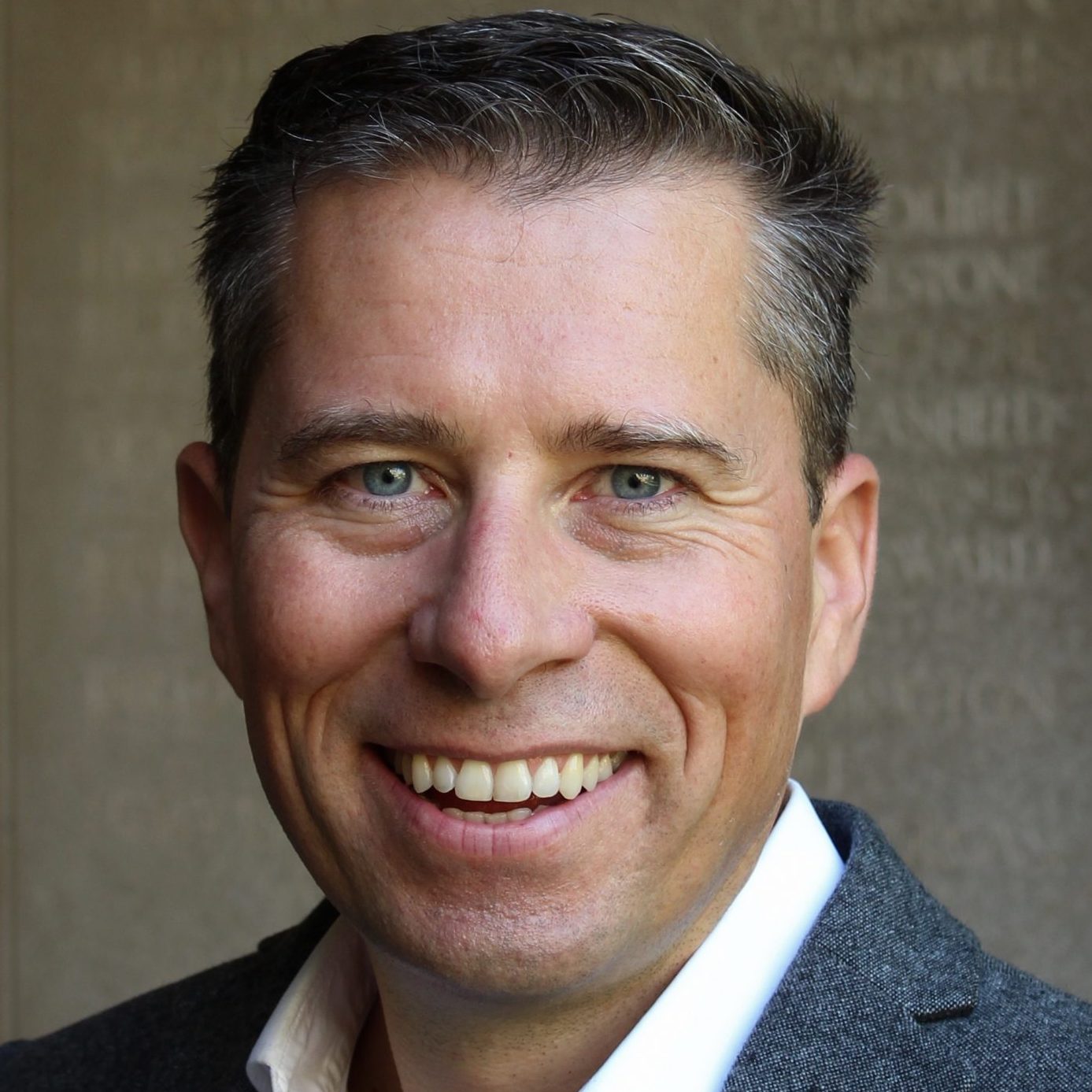
Tom Fletcher
Principal of Hertford College

Tom Fletcher
Principal of Hertford College
Tom Fletcher became Principal of Hertford College in September 2020. He was previously the foreign policy adviser to three UK Prime Ministers (2007-11) and the UK’s Ambassador to Lebanon (2011-15). Tom led a review of British diplomacy for the UK Foreign Office in 2016, and on the future of the United Nations for the UN Secretary General in 2017.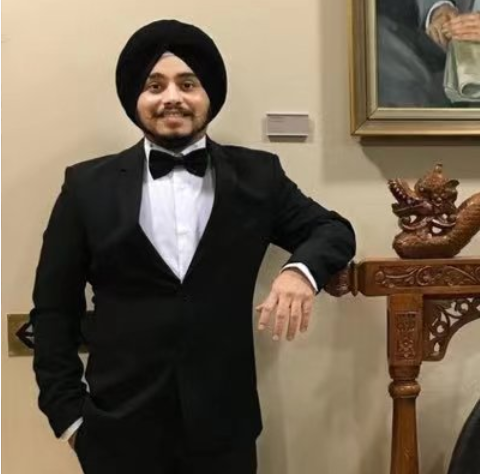
Simranjeet Singh
Lecturer at Christ Church at the University of Oxford

Simranjeet Singh
Tutor in Engineering at Wadham College
Simranjeet is a researcher in Engineering Science (Aerospace), and a tutor in Engineering at Wadham College. His research looks at what happens to aircraft engine blades after they are subject to high velocity impact, and risks of engine failure. Besides his work at the University of Oxford, He is also an engineering consultant for Rolls Royce plc.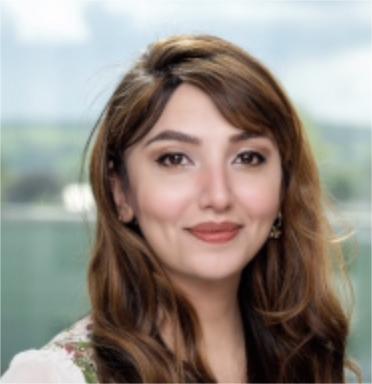
Mehrsa Jafarpour
Researcher at the University of Oxford

Mehrsa Jafarpour
Researcher at the University of Oxford
Mehrsa Jafarpour is a researcher and tutor, and she uses computer programming and mathematical modelling to improve MRI scanning for cancer research, discovery of new drugs, and research into ageing. She is passionate about gaining insight into innovation in the medical sciences through participation in cutting-edge interdisciplinary projects.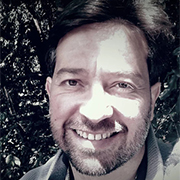
Prof. Alexandre Caldas
Chief of Country Outreach, Technology and Innovation Branch at the UNEP

Prof. Alexandre Caldas
Chief of Country Outreach, Technology and Innovation Branch at the UNEP
Professor Caldas was a Faculty Research Fellow at the Oxford Internet Institute from April 2004 up until October 2005, and has become a Research Associate of the OII since 2006. He is an economist and completed his PhD in Science and Technology Policy Studies at SPRU, University of Sussex. He has also served as International Advisor for the Foundation for Science and Technology, European Union and African Union, as Administrator Head of Unit at the European Institute of Innovation and Technology, as Director of eGovernment in the Portuguese Prime Minister’s Office.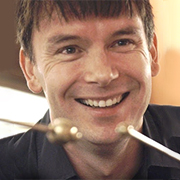
Prof. Daniel Bulte
Associate Professor in Engineering Science at the University of Oxford

Prof. Daniel Bulte
Associate Professor in Engineering Science at the University of Oxford
Professor Bulte is an MRI physicist and an Associate Professor in Engineering Science at the University of Oxford. He is based at the Institute of Biomedical Engineering and has worked at the Oxford Centre for Functional Magnetic Resonance Imaging of the Brain (FMRIB) for over 10 years, and the University of Toronto before that. He is passionate about teaching and outreach and has won numerous awards for his teaching.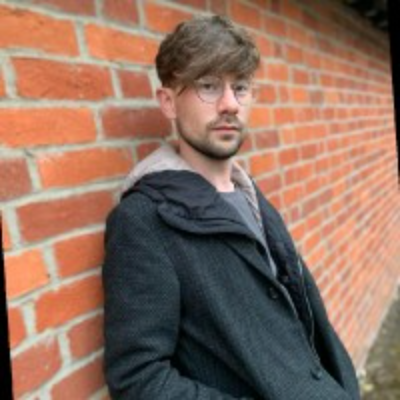
Graham Reid
PhD in Department of Psychiatry, University of Oxford

Graham Reid
PhD in Department of Psychiatry, University of Oxford
Having been awarded a Master of Arts with Honours of the First Class in Psychology and Neuroscience, Graham pursued a career in psychological research. Graham havs worked across many different topics in psychology, publishing papers in papers in areas ranging from the psychology of religion, the social psychology of bullying, and metascience. Graham am currently researching the links between heart health and brain health in ageing populations and how it pertains to risk for dementia caused by Alzheimer's Disease.
Simranjeet Singh
Tutor in Engineering at Wadham College

Simranjeet Singh
Tutor in Engineering at Wadham College
Simranjeet is a researcher in Engineering Science (Aerospace), and a tutor in Engineering at Wadham College. His research looks at what happens to aircraft engine blades after they are subject to high velocity impact, and risks of engine failure. Besides his work at the University of Oxford, He is also an engineering consultant for Rolls Royce plc.
Dr. Helen Sword
Professor of Humanities at the University of Auckland

Dr. Helen Sword
Professor of Humanities at the University of Auckland
Dr. Helen Sword is a poet, scholar and international expert on academic, professional, and creative writing across the disciplines. Currently a Professor of Humanities at the University of Auckland, Dr Sword has published several books on academic writing, including Stylish Academic Writing (Harvard UP, 2012) and, more recently, Air & Light & Time and Space: How Successful Academics Write (Harvard UP, 2017).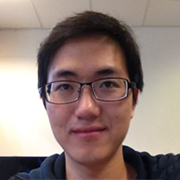
Dr. Wenchuan Wu
Graduate tutor at the NDCN at the University of Oxford

Dr. Wenchuan Wu
Graduate tutor at the NDCN at the University of Oxford
Wenchuan is a post-doctoral research fellow at the Nuffield Department of Clinical Neurosciences (NDCN) at the University of Oxford. Previously, he obtained his DPhil in Magnetic Resonance Imaging (MRI) Physics at the University of Oxford, a Masters degree in Biomedical Engineering at Tsinghua University in Beijing. His work involves developing novel methods for acquiring, reconstructing and analysing MRI images. His most recent work, which is based on machine learning techniques, won a top prize at the International Society for Magnetic Resonance in Medicine in May 2018.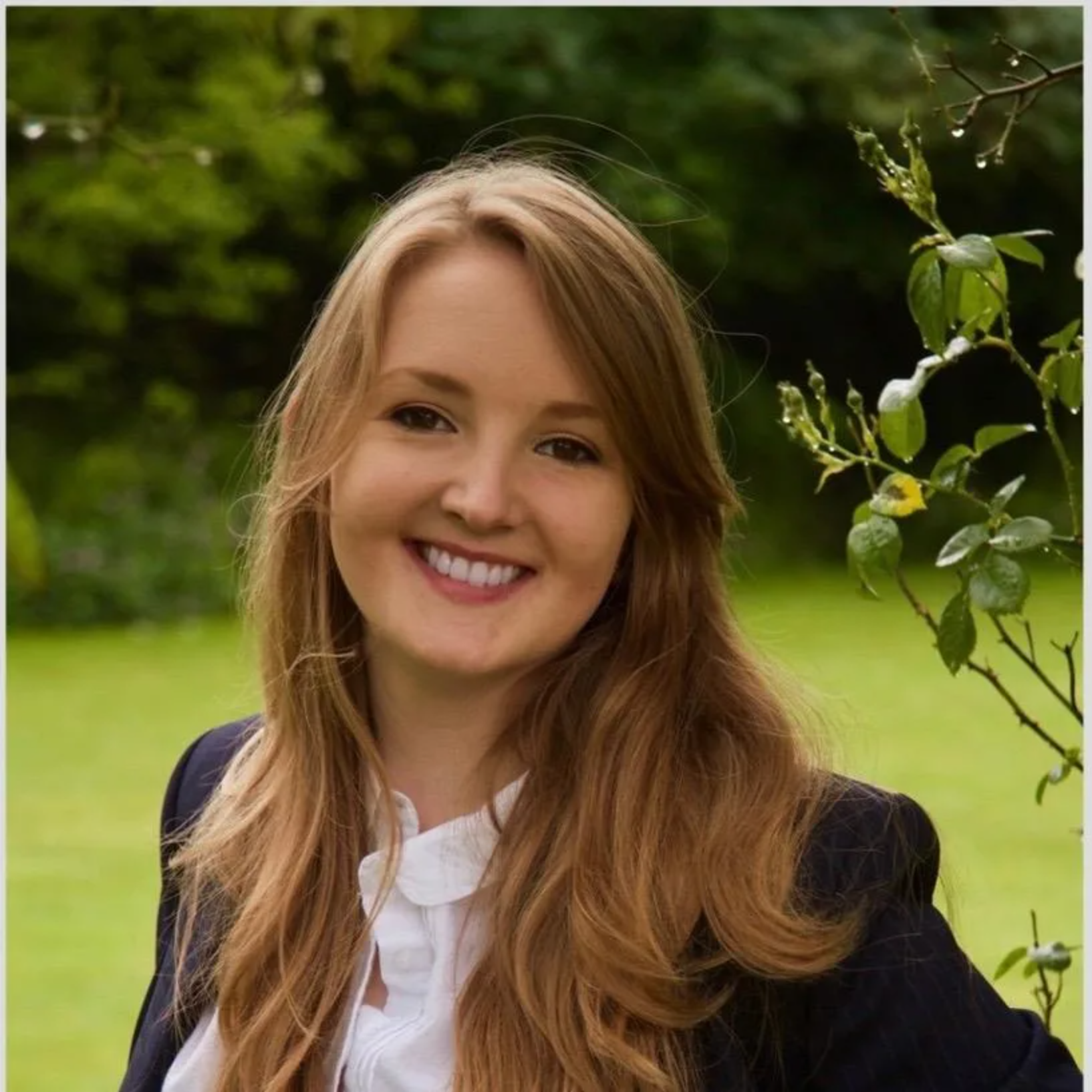
Gemma Jane Owen
Researcher and tutor at the University of Oxford

Gemma Jane Owen
Researcher and tutor at the University of Oxford
Gemma is a researcher and tutor at Oxford, and her research focuses on the development of cholangiocarcinoma. Cholangiocarcinoma is a rare cancer of the bile ducts – her research focuses on the interaction between healthy, normal bile duct cells and cancerous bile duct cells. She hold a first class BSc in Biomedical Sciences and a distinction in MRes Advanced Biological Sciences from the University of Southampton. She has presented my research at conferences both nationally and internationally.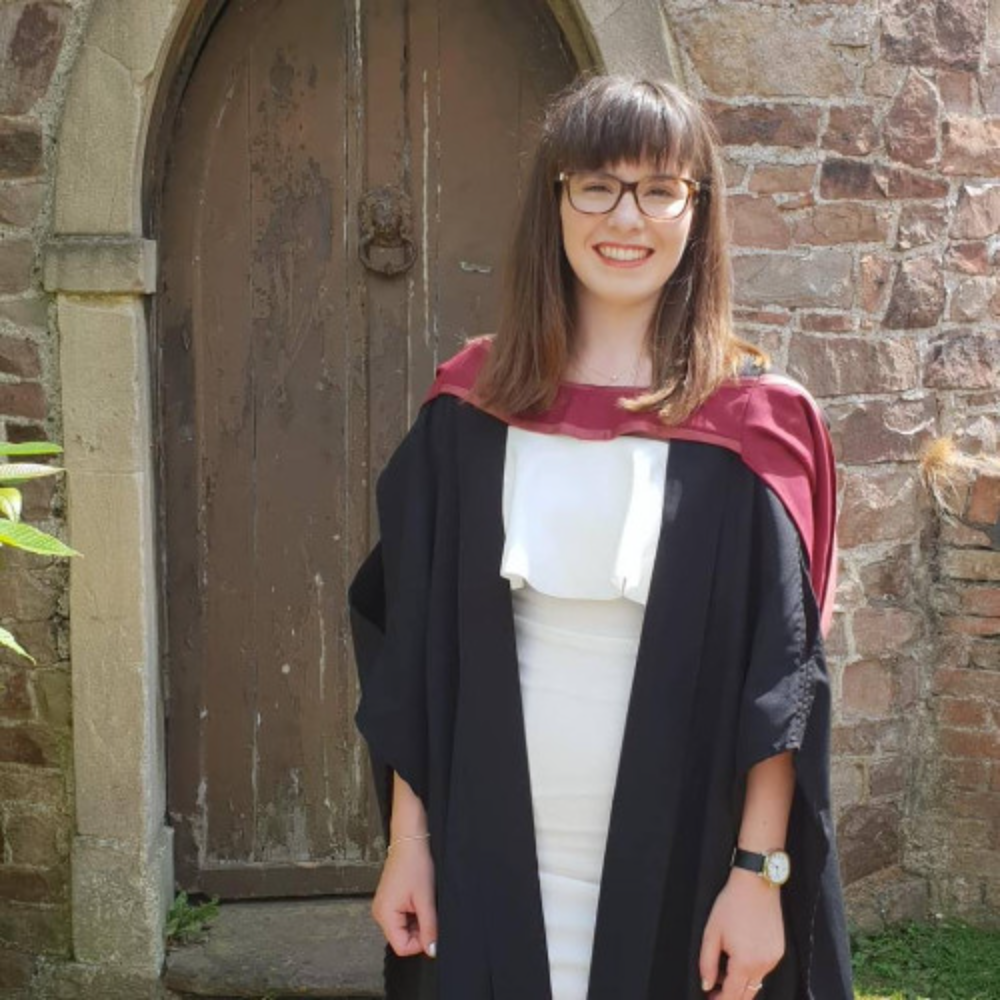
Eloise Cross
Researcher at the Radcliffe Department of Medicine at the University of Oxford

Eloise Cross
Researcher at the Radcliffe Department of Medicine at the University of Oxford
Eloise Cross, a researcher at the Radcliffe Department of Medicine at the University of Oxford and a tutor at the university as well. Her current research focuses on characterising liver cells after they have been treated with different compositions of fats.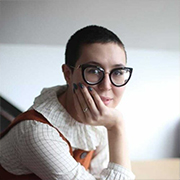
Joana Perrone
Organizer of Oxford Global

Joana Perrone
Organizer of Oxford Global
Joana is a DPhil Candidate at Wadham College, researching gender violence in Brazil. They have a First Class BA in International Relations from the University of Sussex, and an MSt in Women’s Studies from the University of Oxford, in which they achieved a distinction on their dissertation. Besides their PhD, Joana teaches at the Sarah Lawrence and Stanford programmes at Oxford, and writes for a variety of media outlets. Joana has been involved in MUN for over a decade, beginning as a delegate, and then as a chair and organiser.Academic Structure
Stream Sessions(70%)
Each academic area will be led by a Stream Leader who is experienced in teaching at University of Oxford, and who may also invite experts in the eld to share some of the content as guest lecturers. The lectures are mainly conducted in the form of small group lectures, and after the lecture program, there will be several rounds of group discussions to ensure the students' digestion of the knowledge.
Project Tutoring(15%)
The tutorial system originated from Oxford University in the 14th century. Since its inception, it has been regarded as one of the most effective and valuable teaching systems and has been described as the 'jewel in the crown' of British education. Tutorial teaching allows you the freedom to push yourself academically and direct your own learning. OGSYL offers stream tutorials to students in all academic areas. Students will break into small teams. Each stream leader will lead 2-3 TAs who will challenge and help students with their outcomes, like the Oxford tutorial session. Each academic team will have daily one-on-one communication with the TA to ensure their research process.
Joint Sessions(10%)
- Oxford application: Key elements of Oxford admissions, and helping maximize chances of success.
- Academic writing: How to efficiently complete a qualified essay that meets undergraduate academic standards?
- Academic Presentation: Facing the high frequency of academic presentation, how to combine academic content and presentation skills to give a fabulous academic presentation.
- Study skills at university: How to study better, read better, take notes, how to reserach.
*Some topics are subject to change. Final topics will be decided by Oxford Global and Stream Leader
Final Presentation(5%)
The summit is oriented towards completing a project work at the undergraduate level with a problem-solving learning model. Stream leader gives out awards to the top 2-3 teams in each stream. The best projects will be invited to contribute to the academic journal of the summit.
Final Presentation(5%)
The summit is oriented towards completing a project work at the undergraduate level with a problem-solving learning model. Stream leader gives out awards to the top 2-3 teams in each stream. The best projects will be invited to contribute to the academic journal of the summit.
Sample Schedule
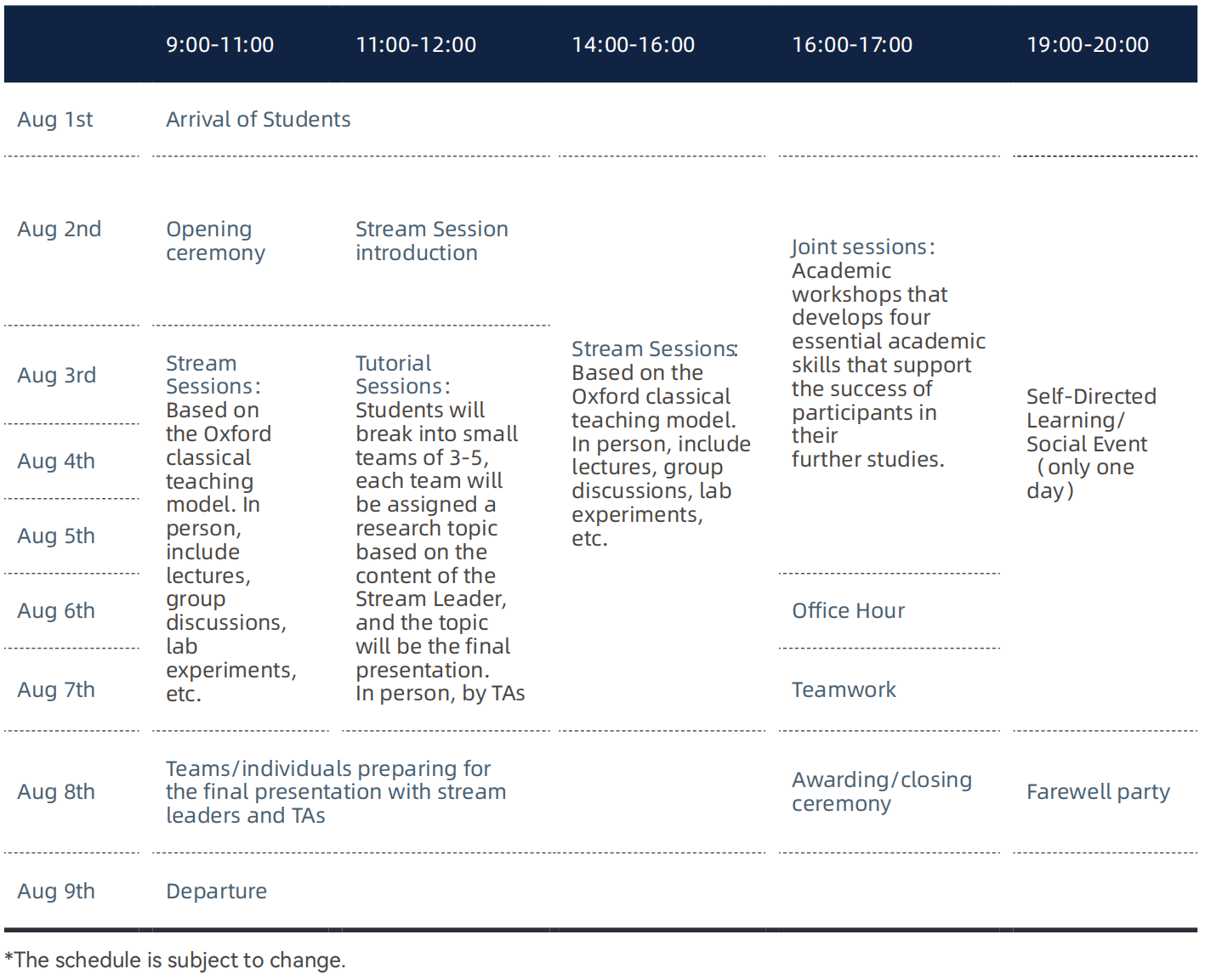
Application Information
OGSYL Week:
Aug 1st - Aug 9th, 2025 (9 days)
Location:
Shanghai, China
OGSYL Quota:
No more than 30 seats per topic
Topics:
Biomedicine | Mathematics | Psychology | Engineering | Economics | Chemistry
Targeted Delegates:
Grade 9-12
How to apply:
- Method 1:Meet any of the following conditions
1. Students who get B or above in ASDAN EPQ;
2. IELTS 6 or TOEFL 80 level, and A or above in relevant subjects.
- Method 2:If the student does not meet the above criteria, the student needs to be interviewed in English by ASEEDER.
*Students who have received global or national awards in international mathematics, physics, chemistry, biology, business, and English assessments organized by ASEEDER are given priority for admission.

